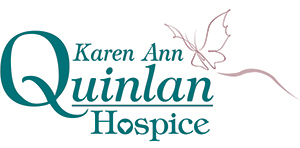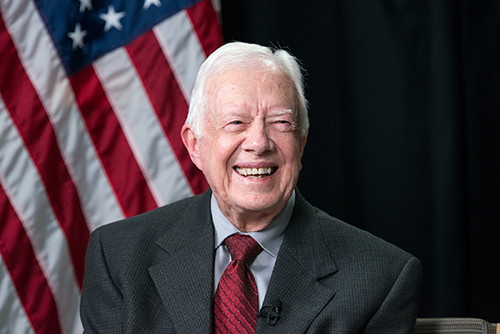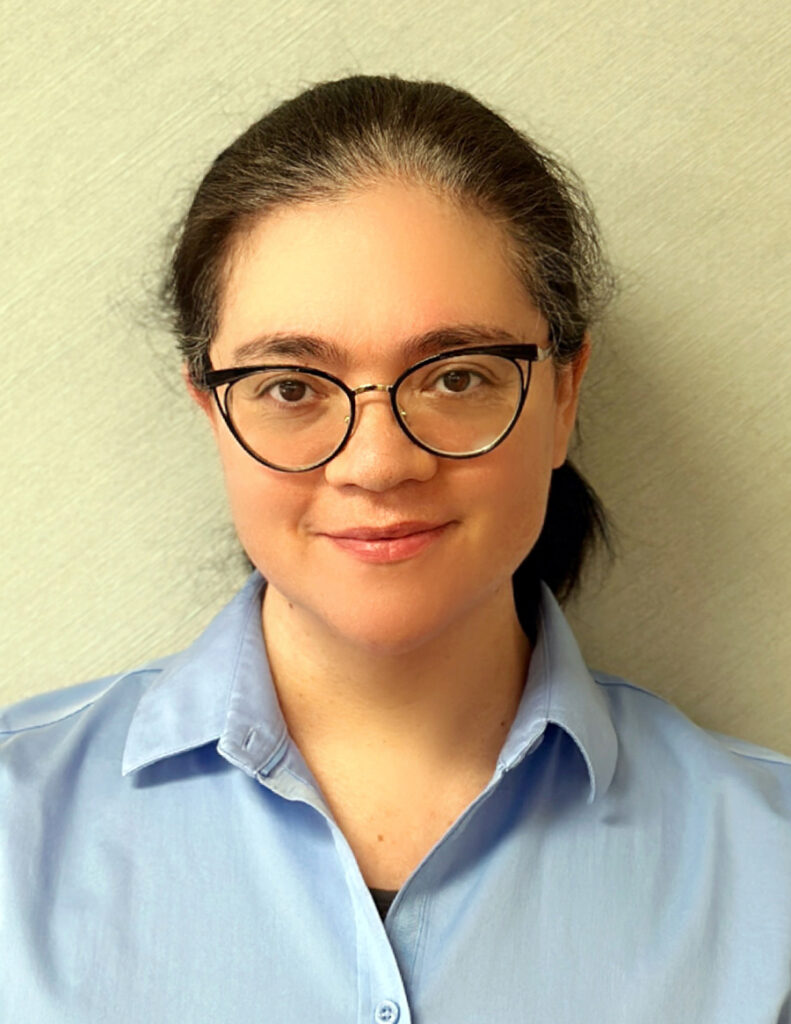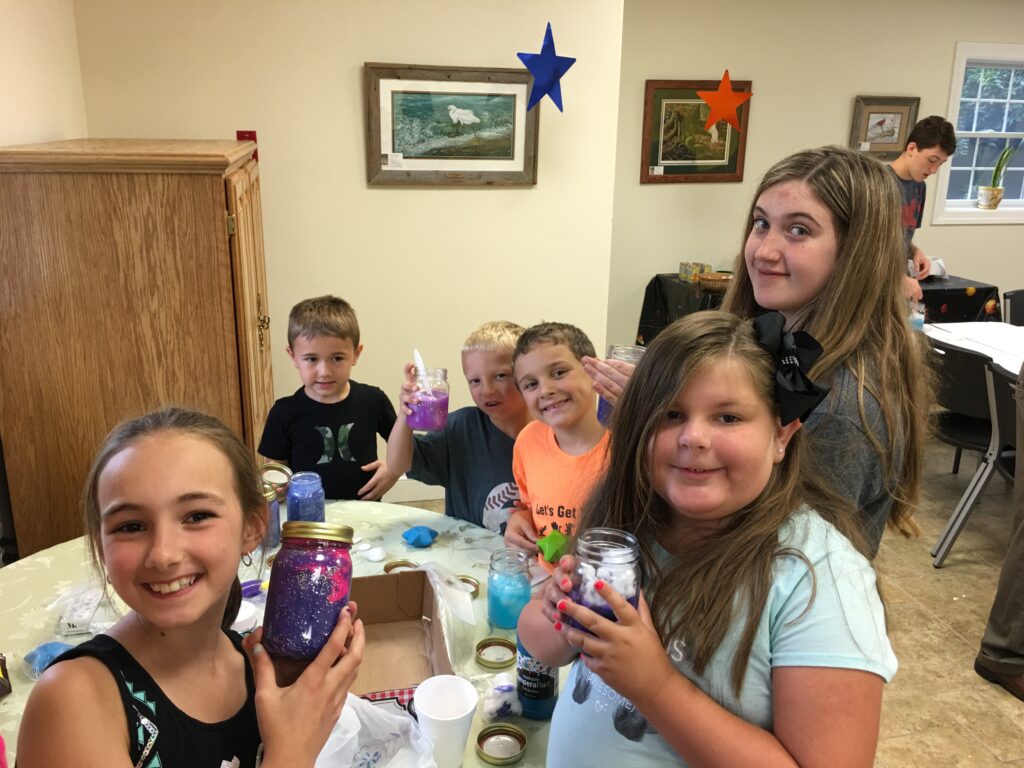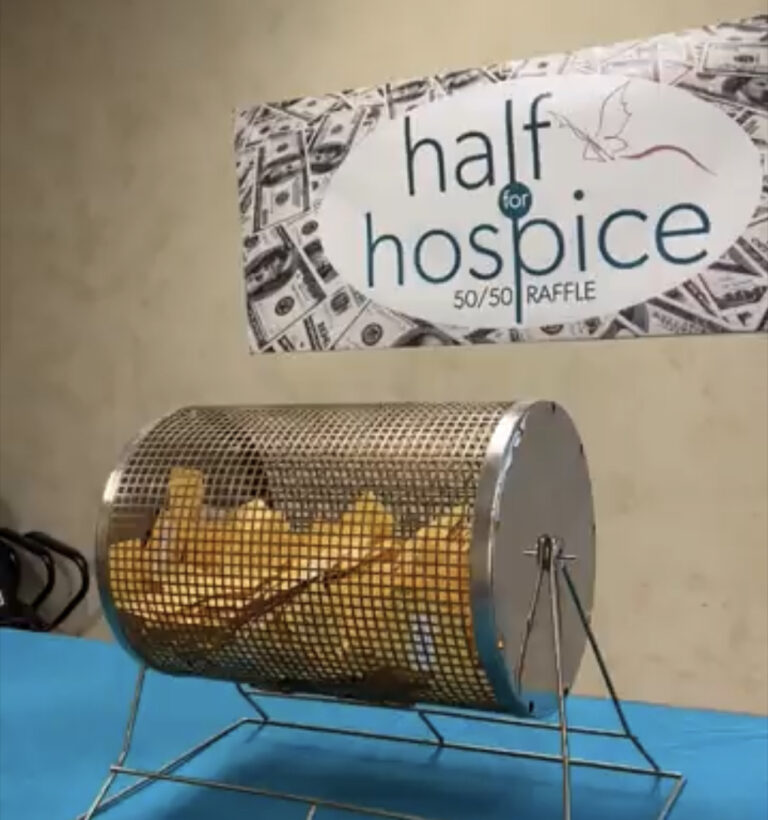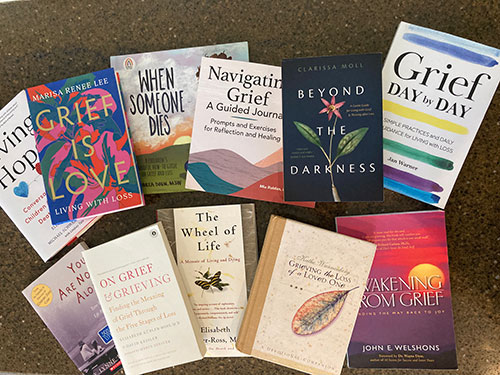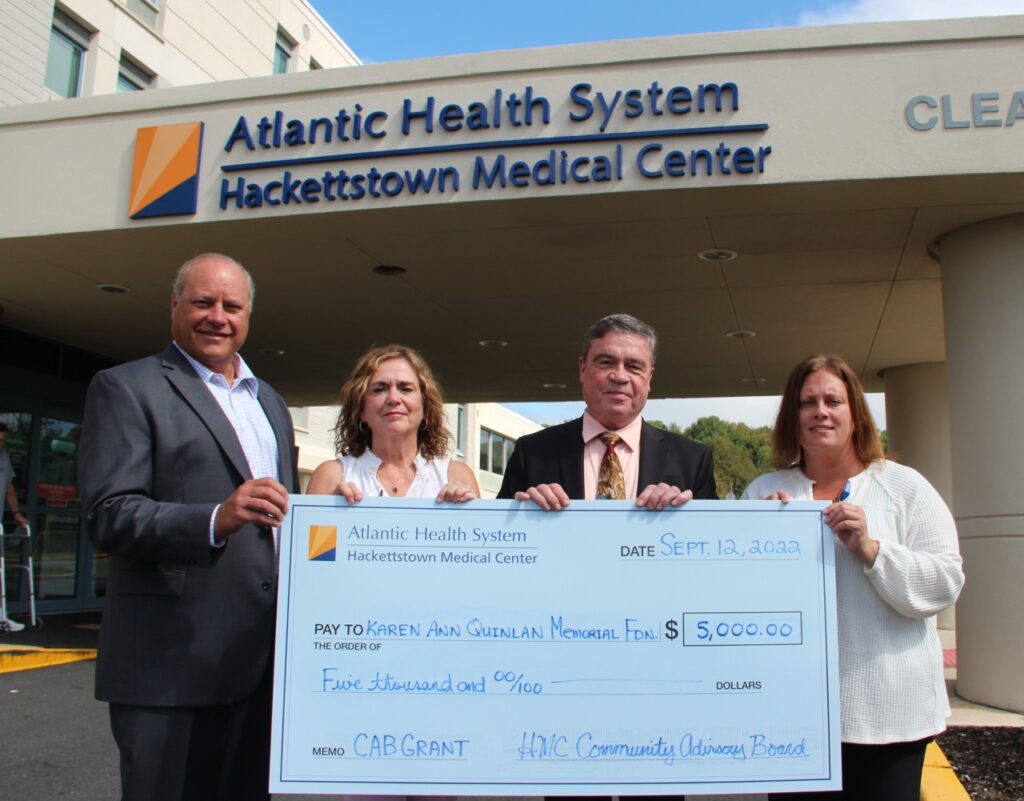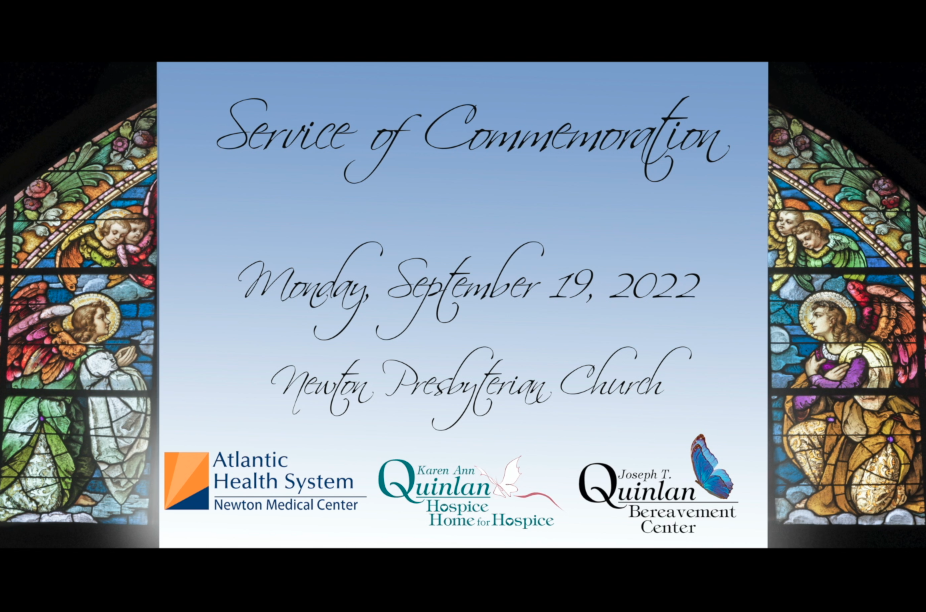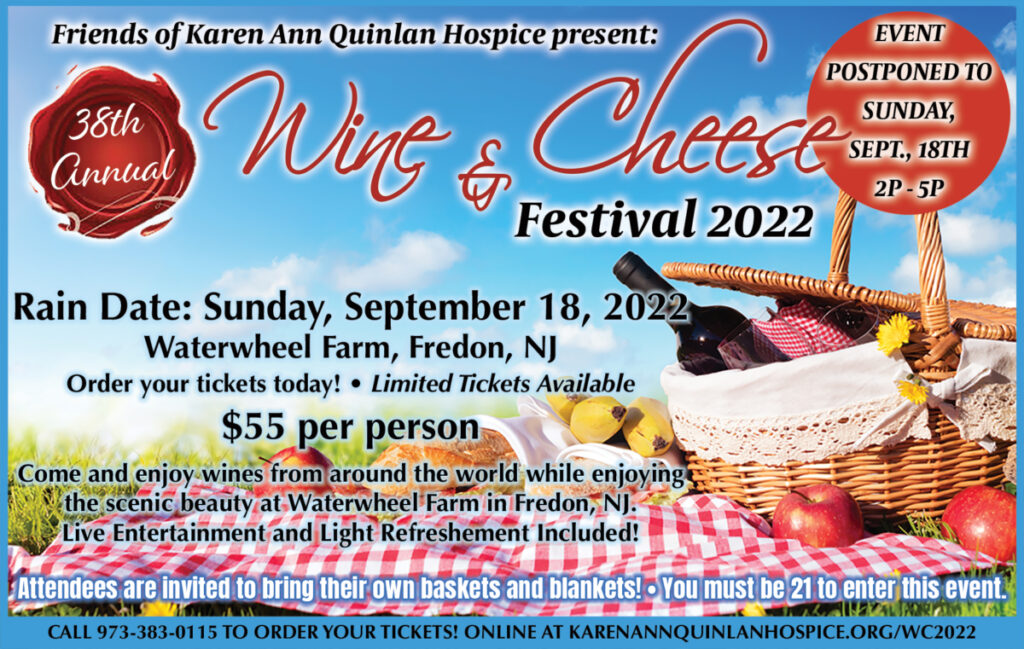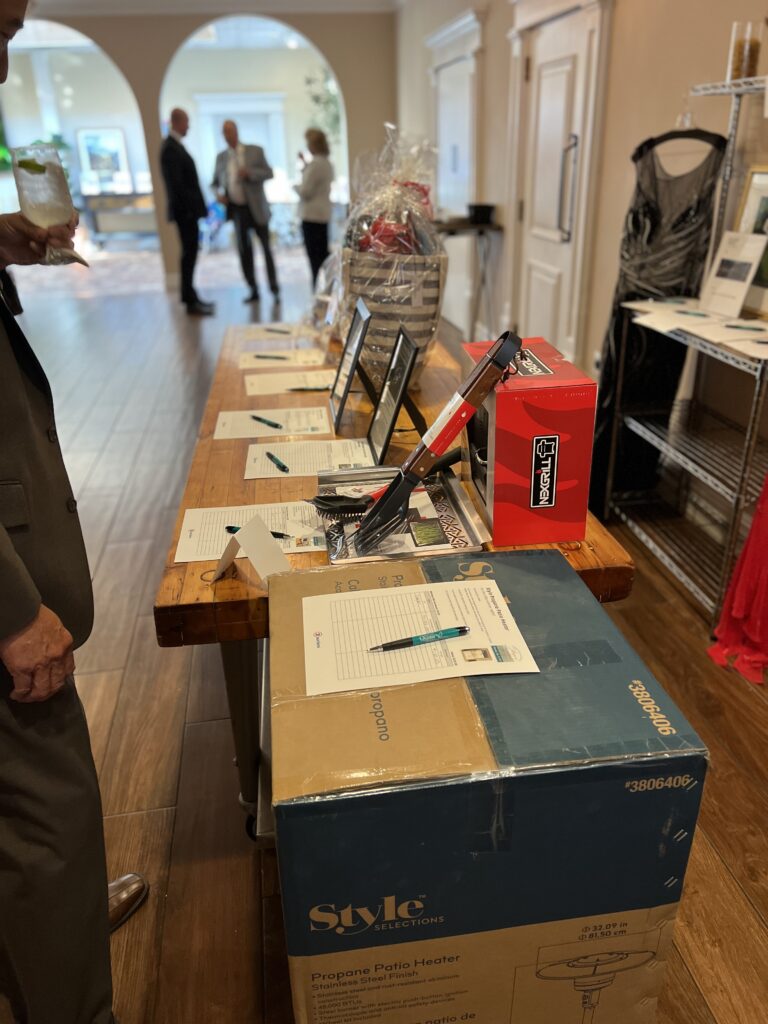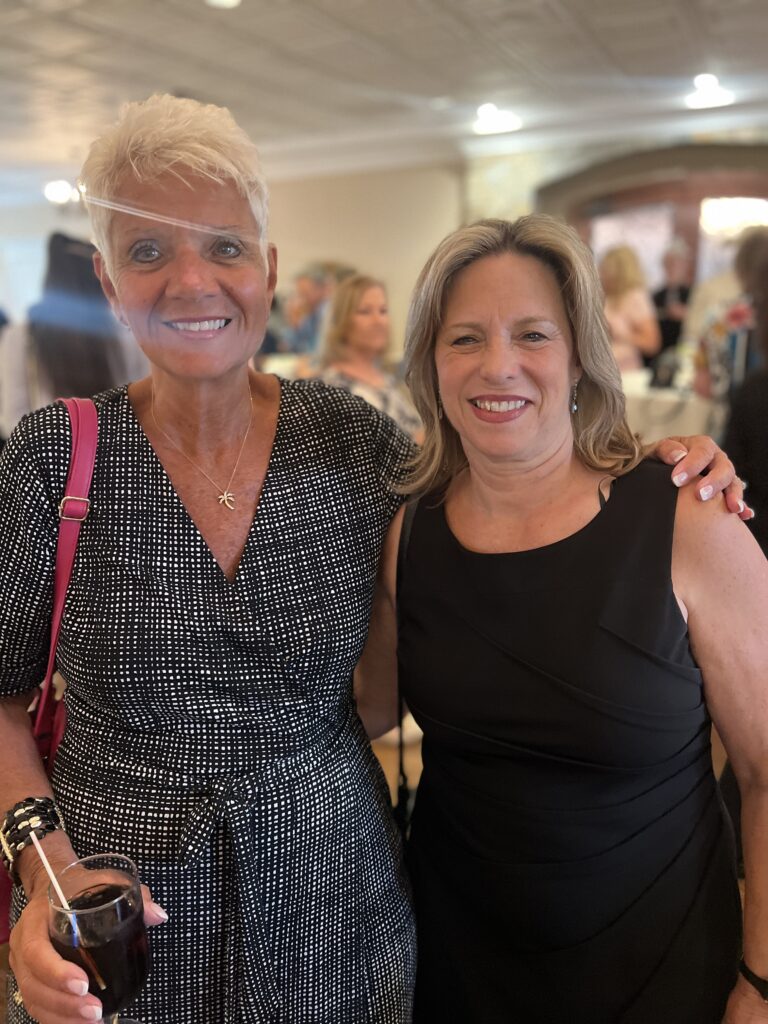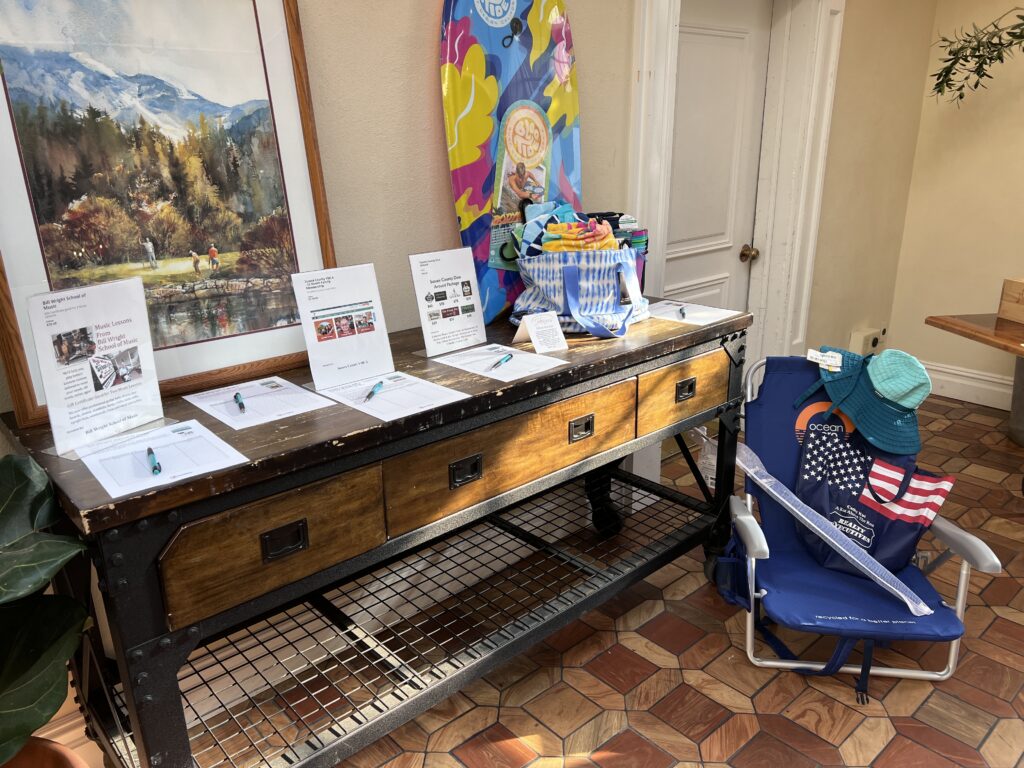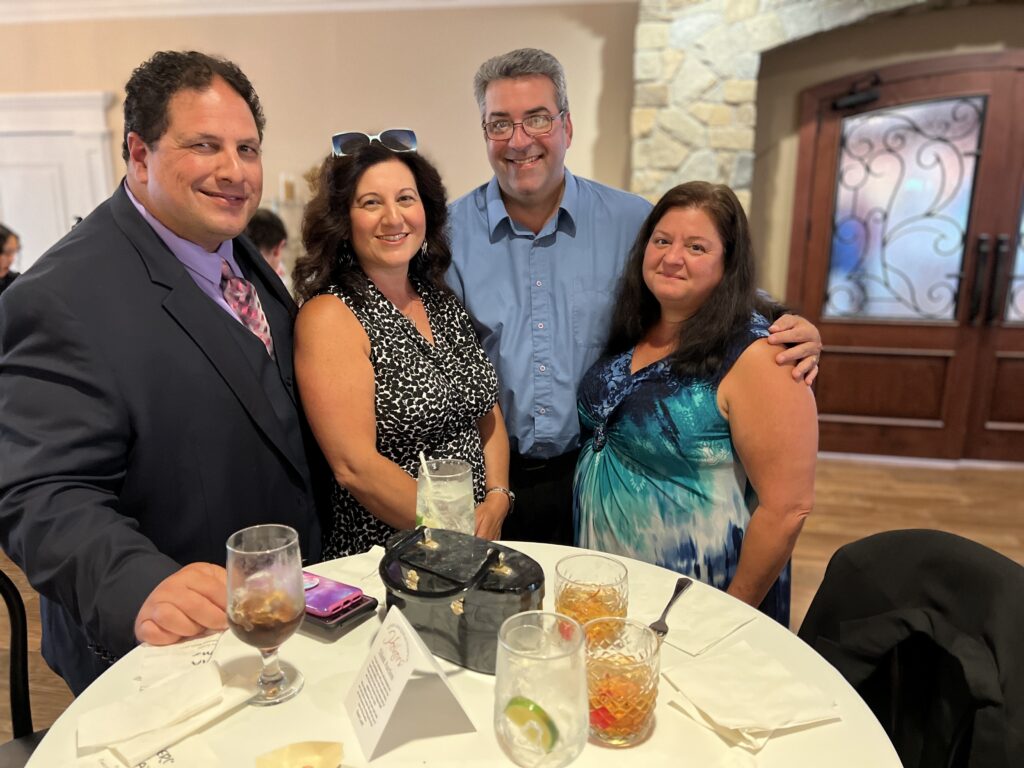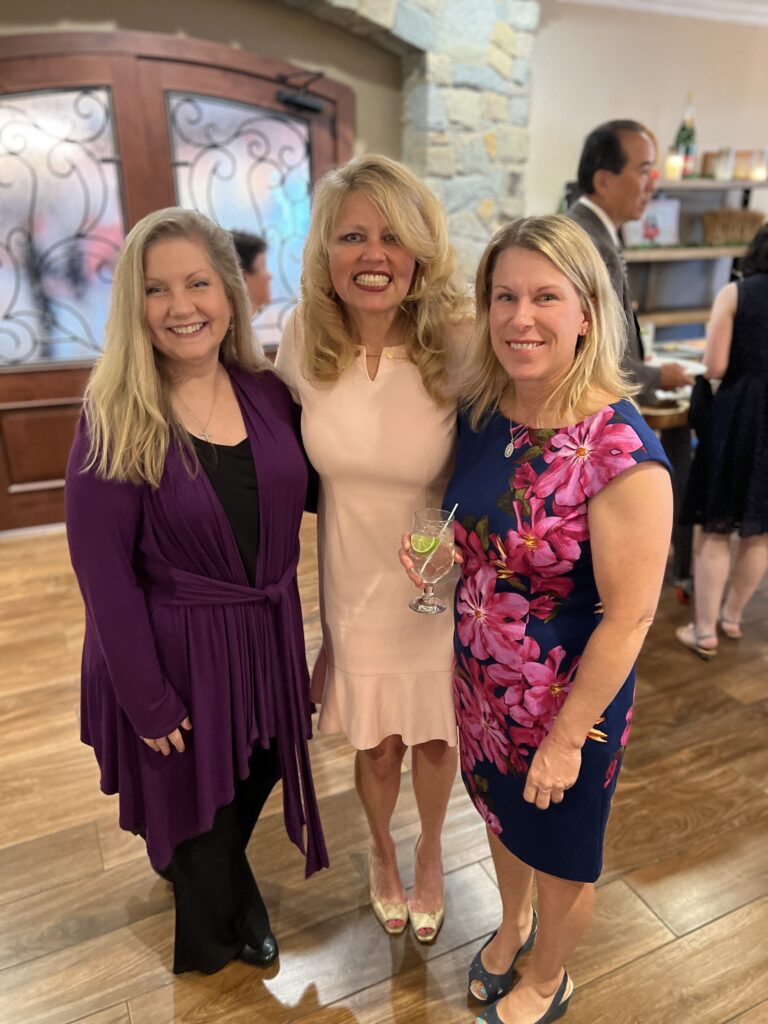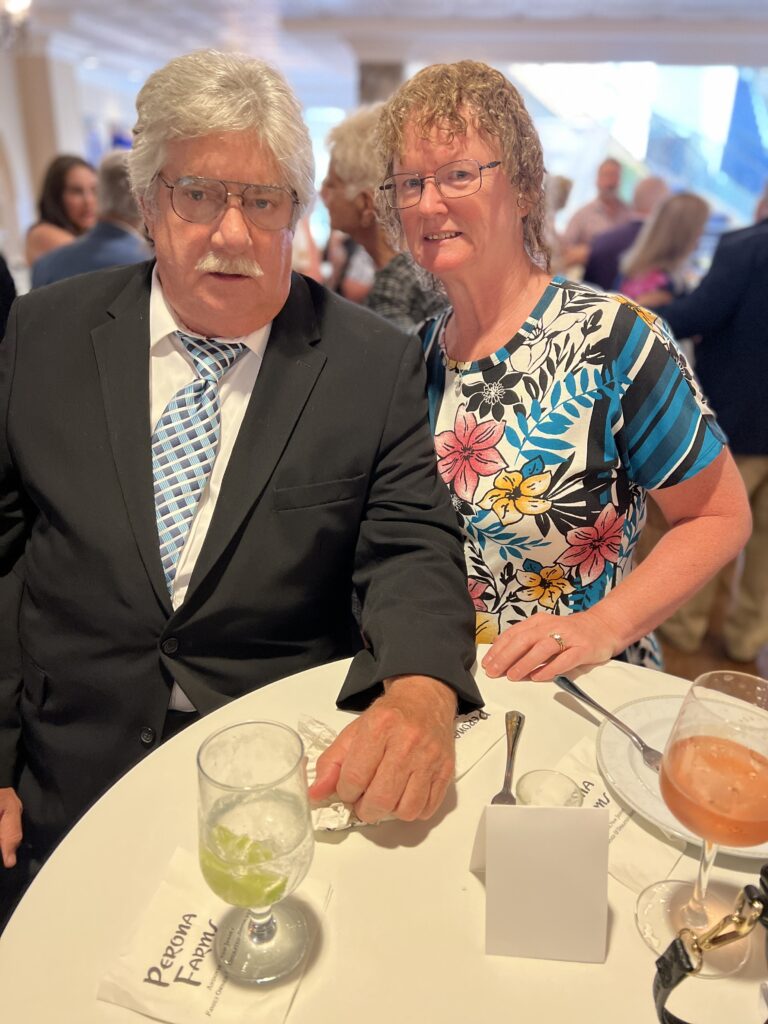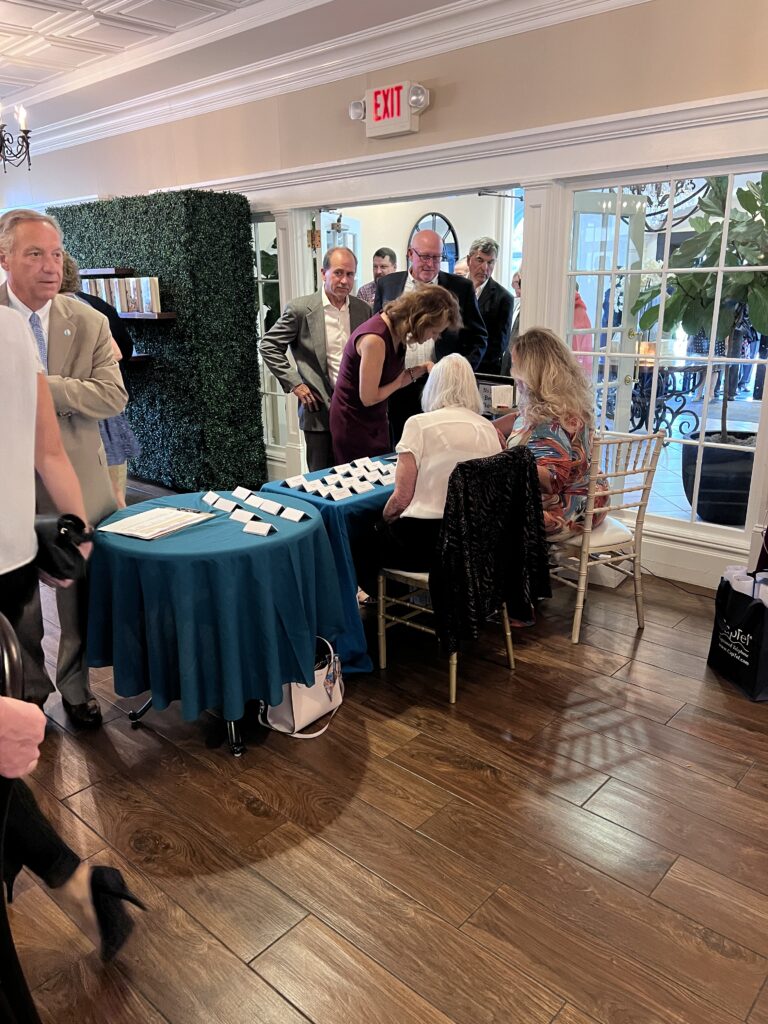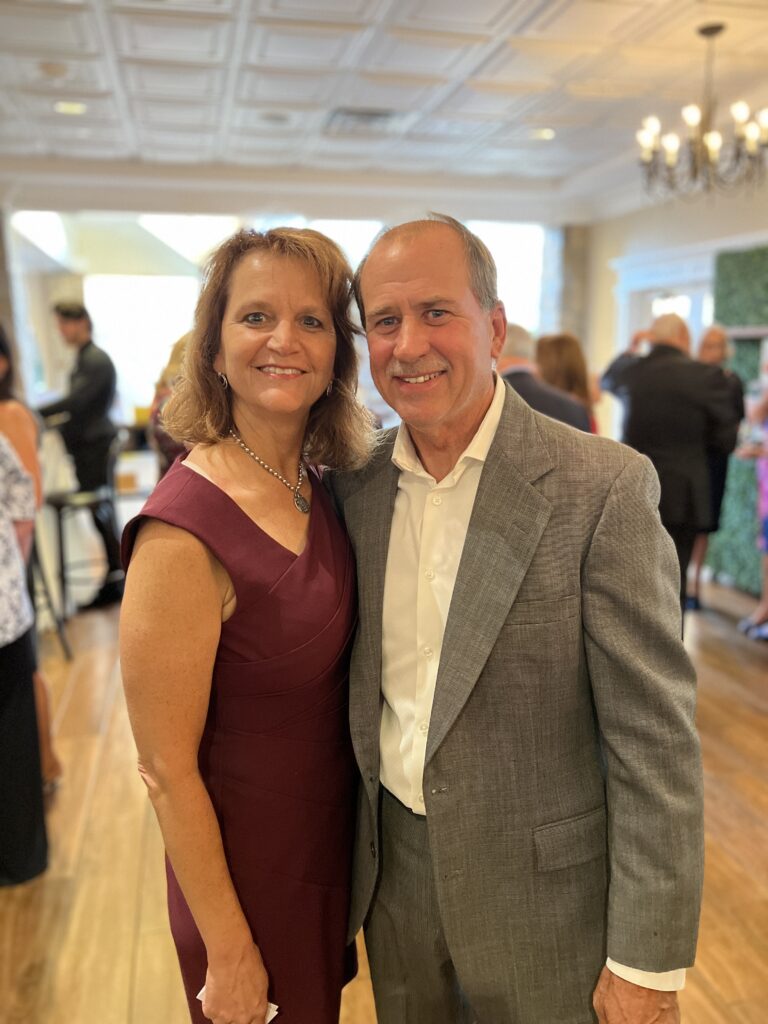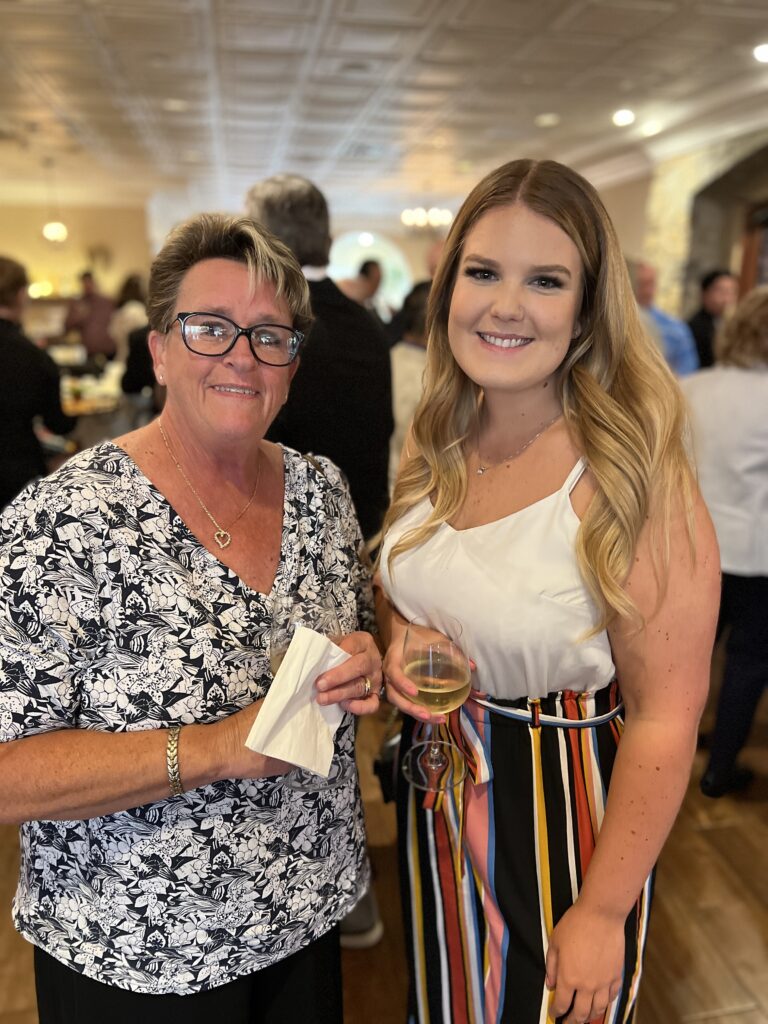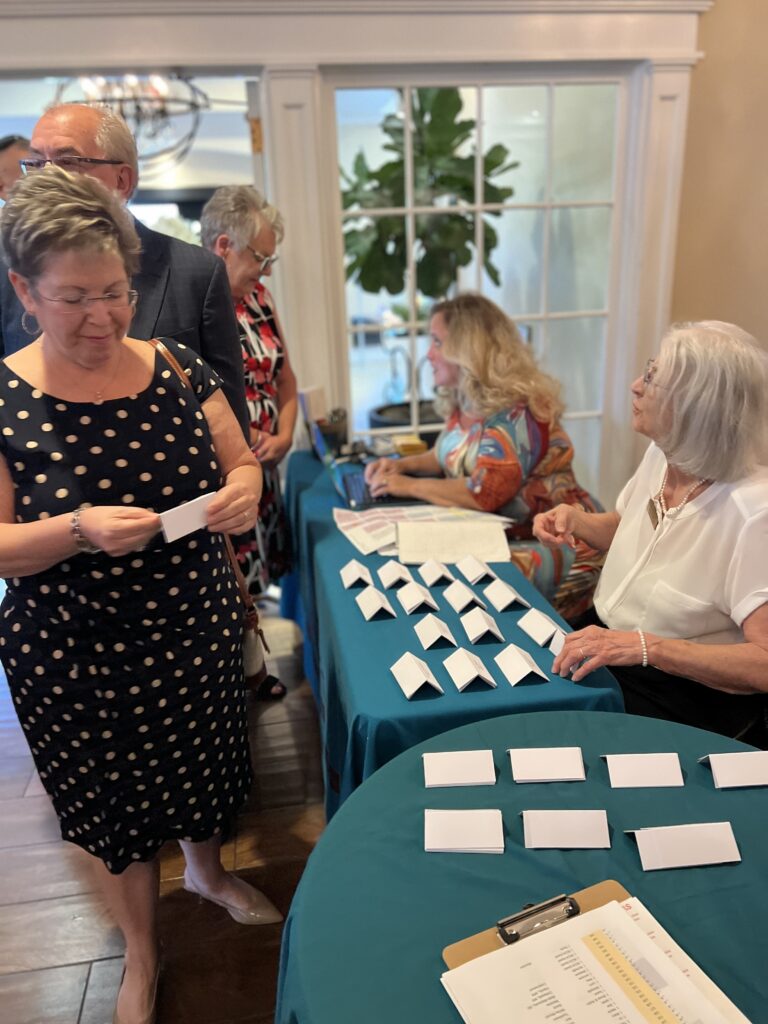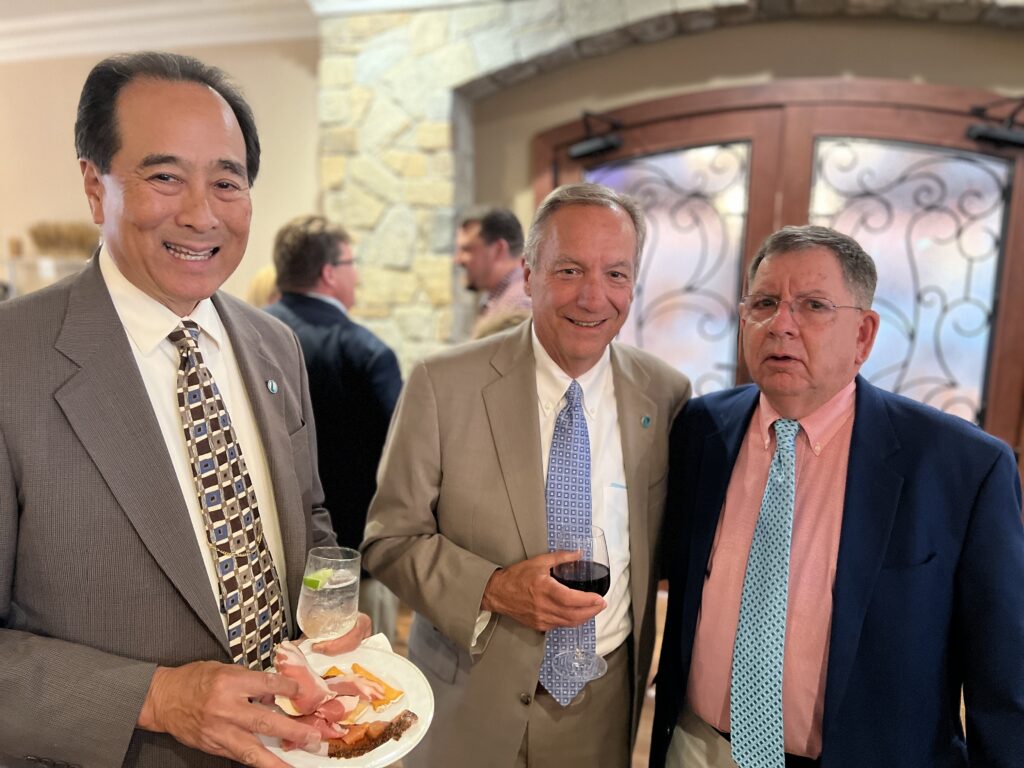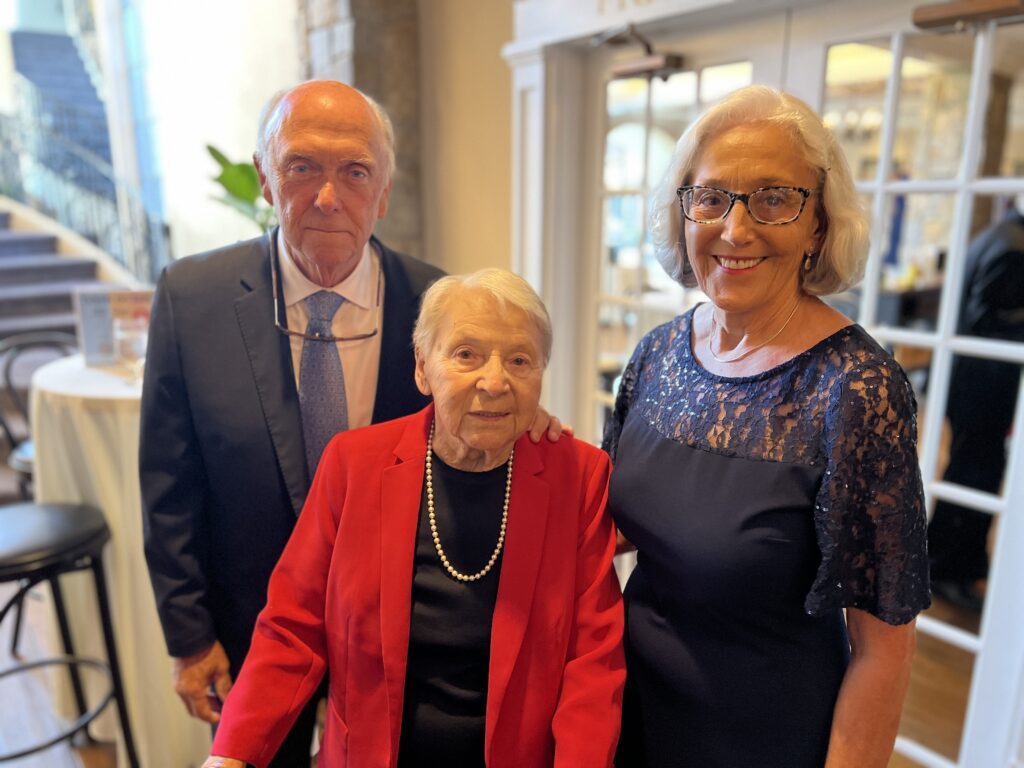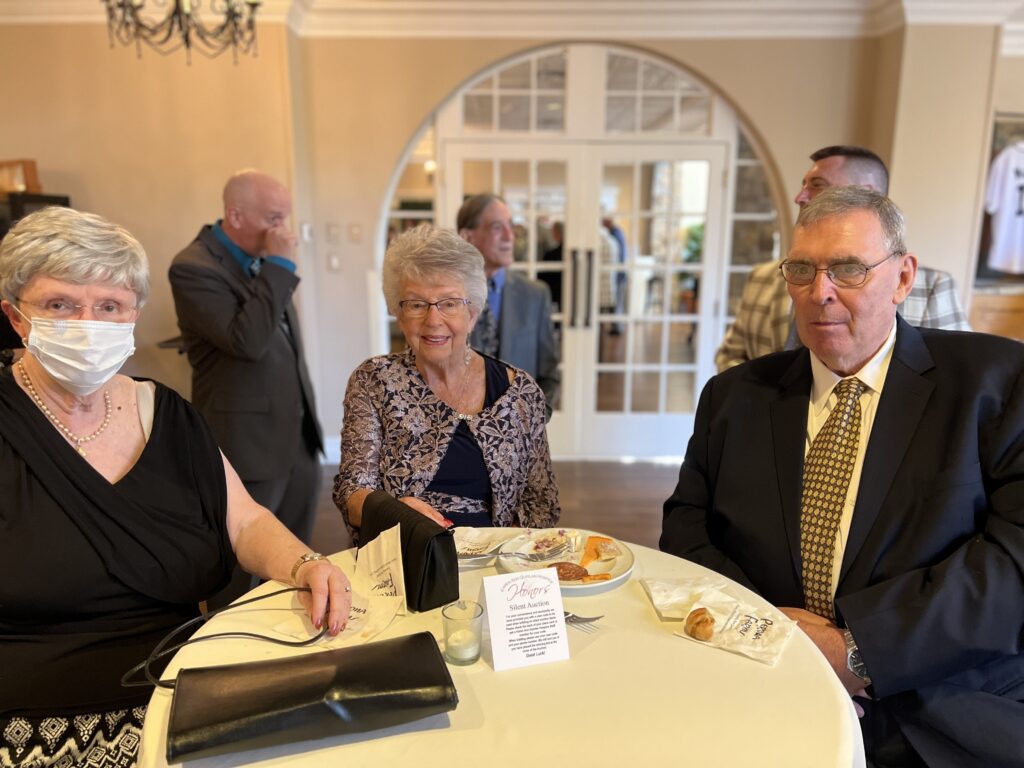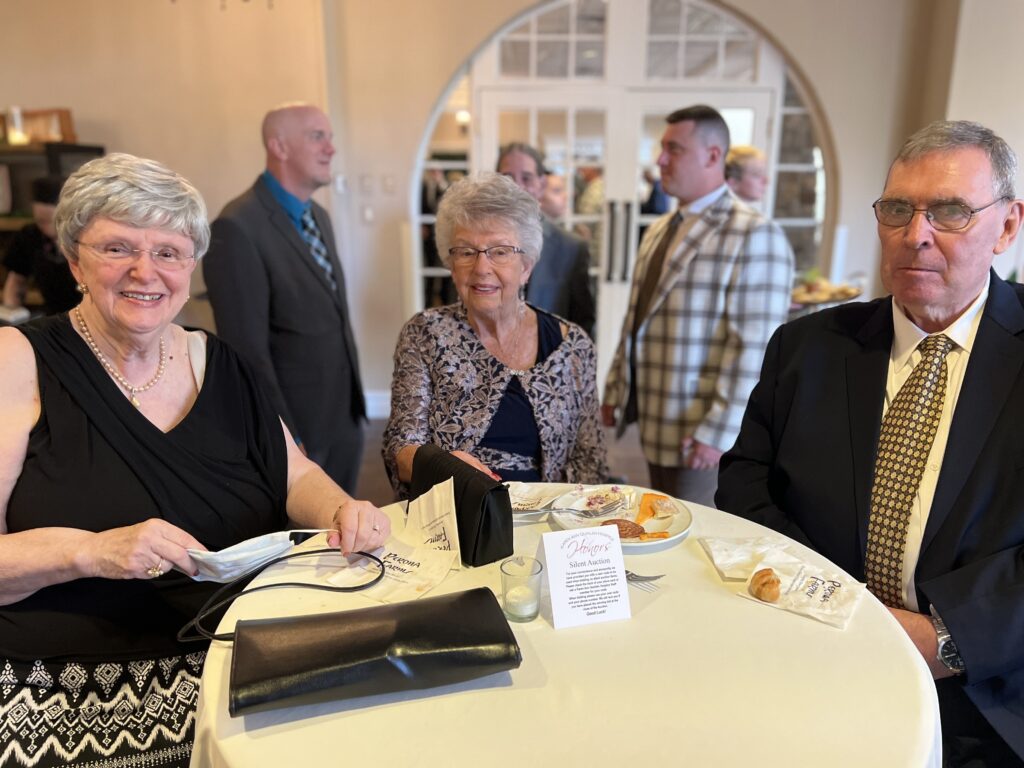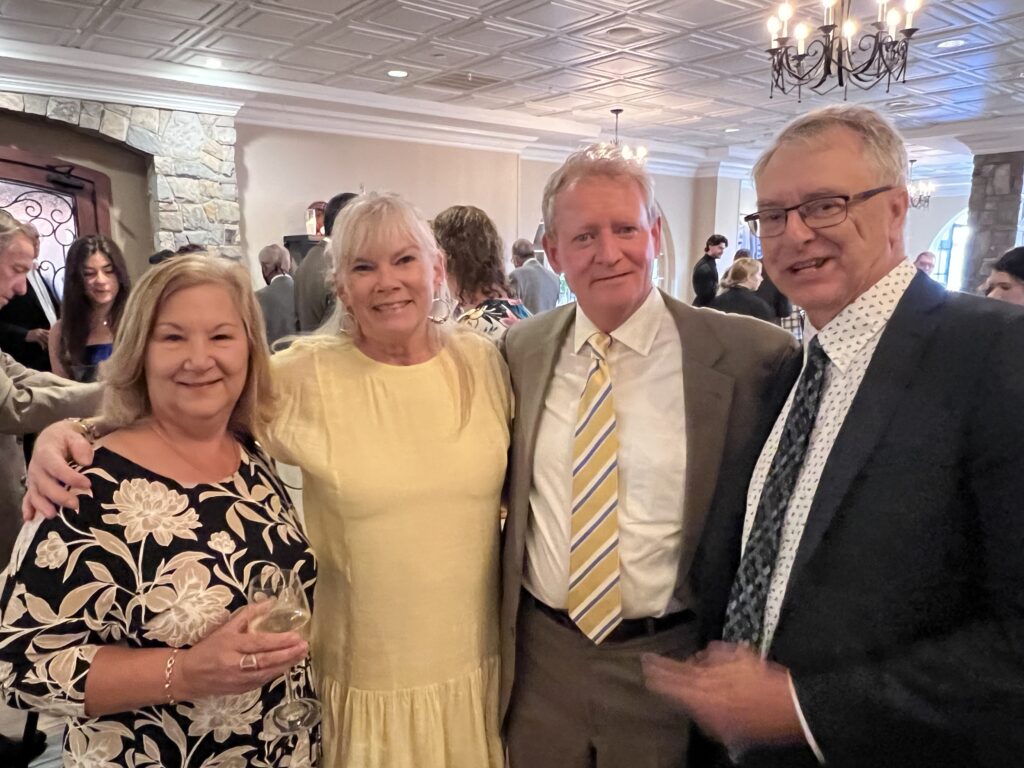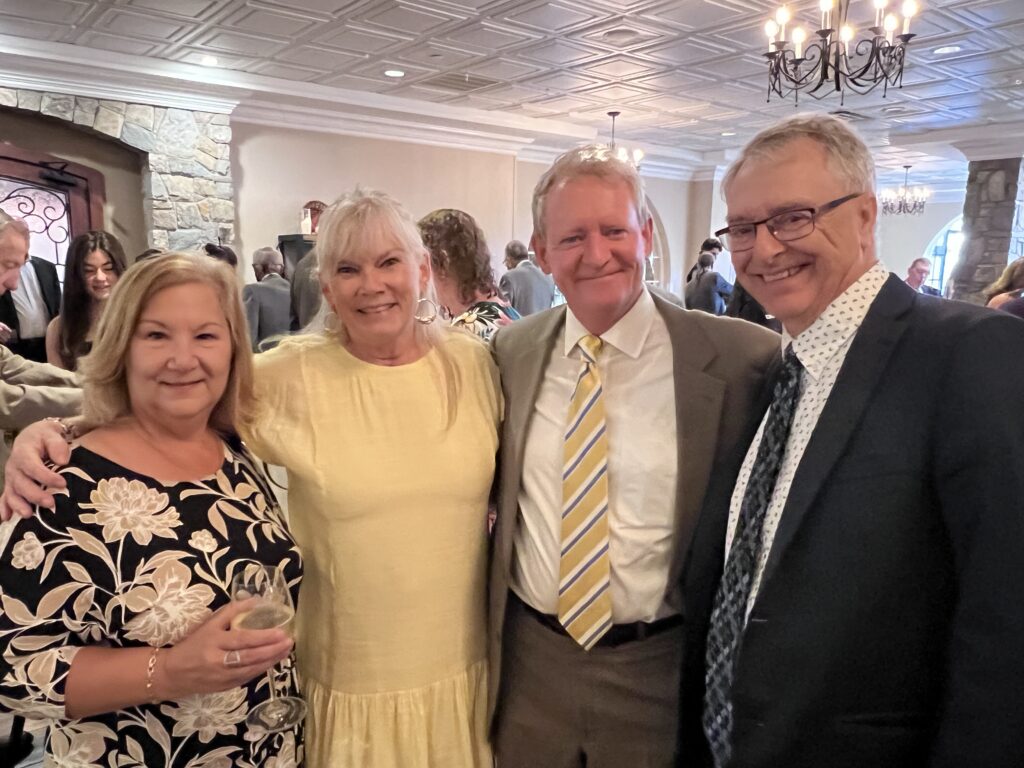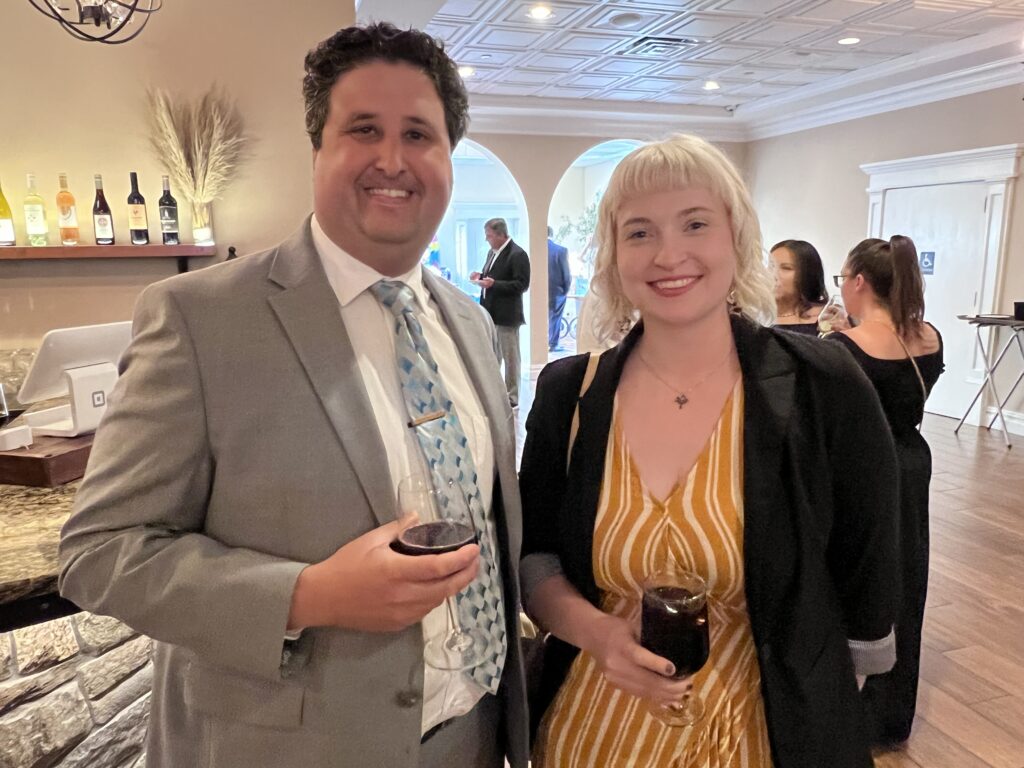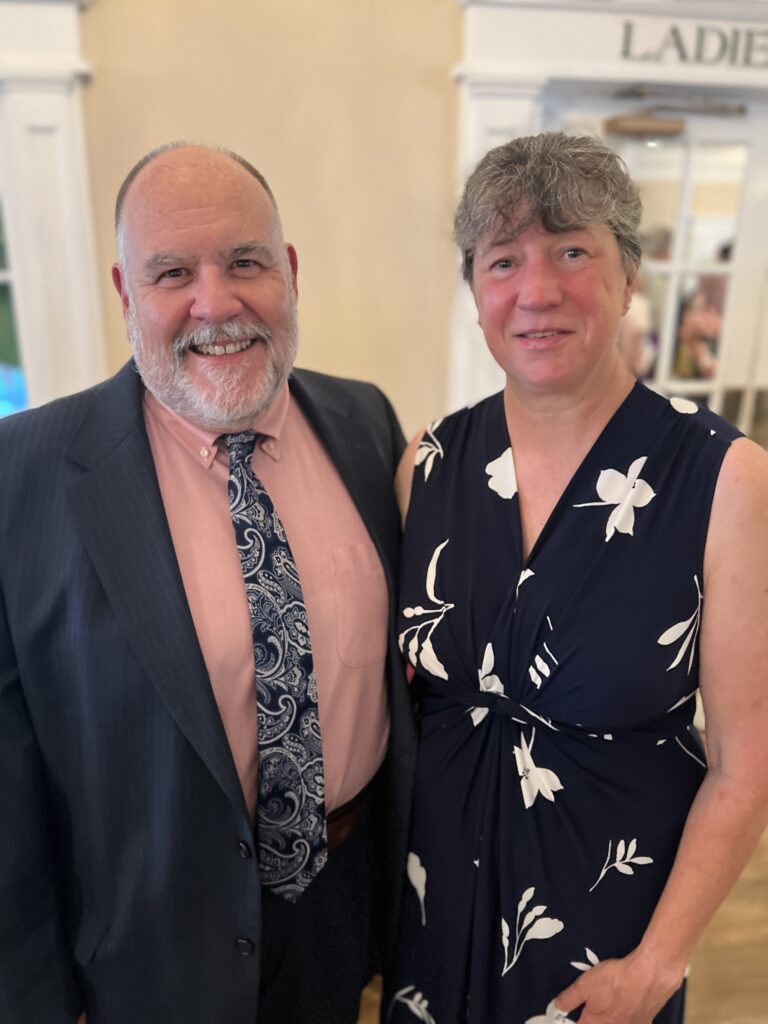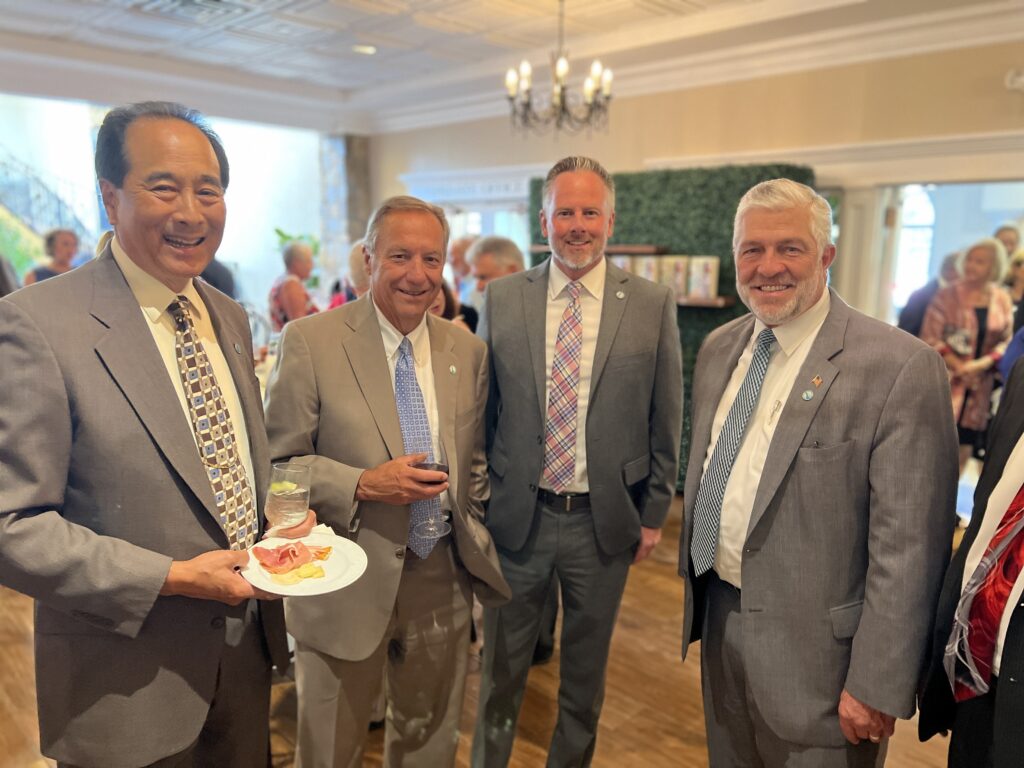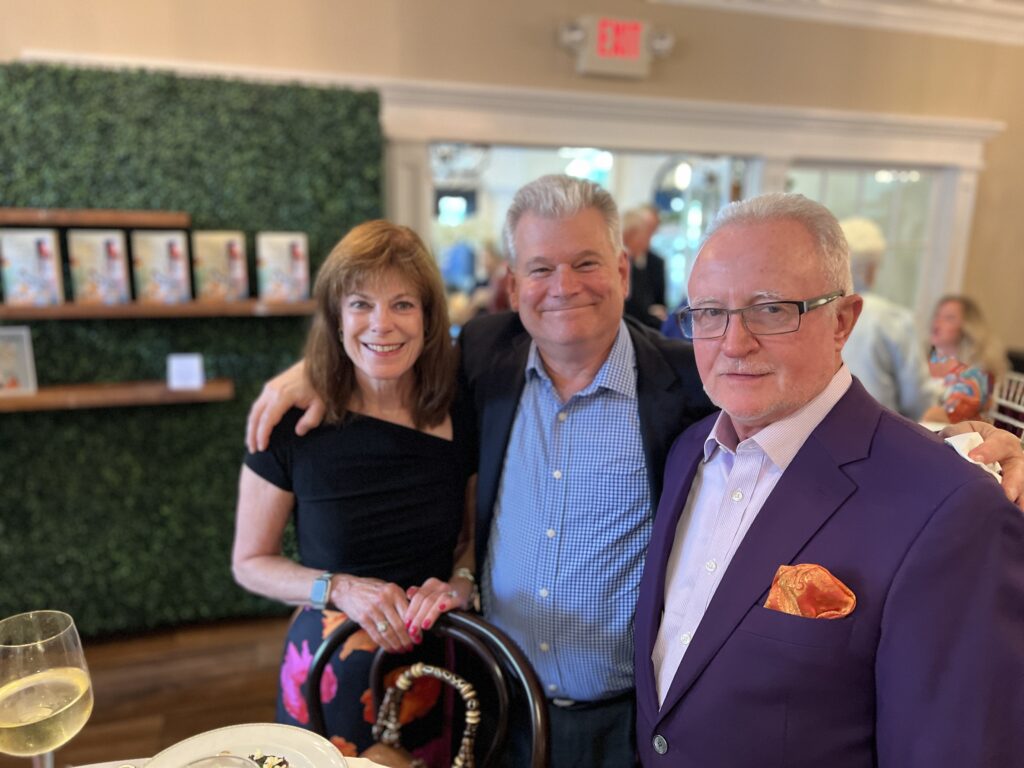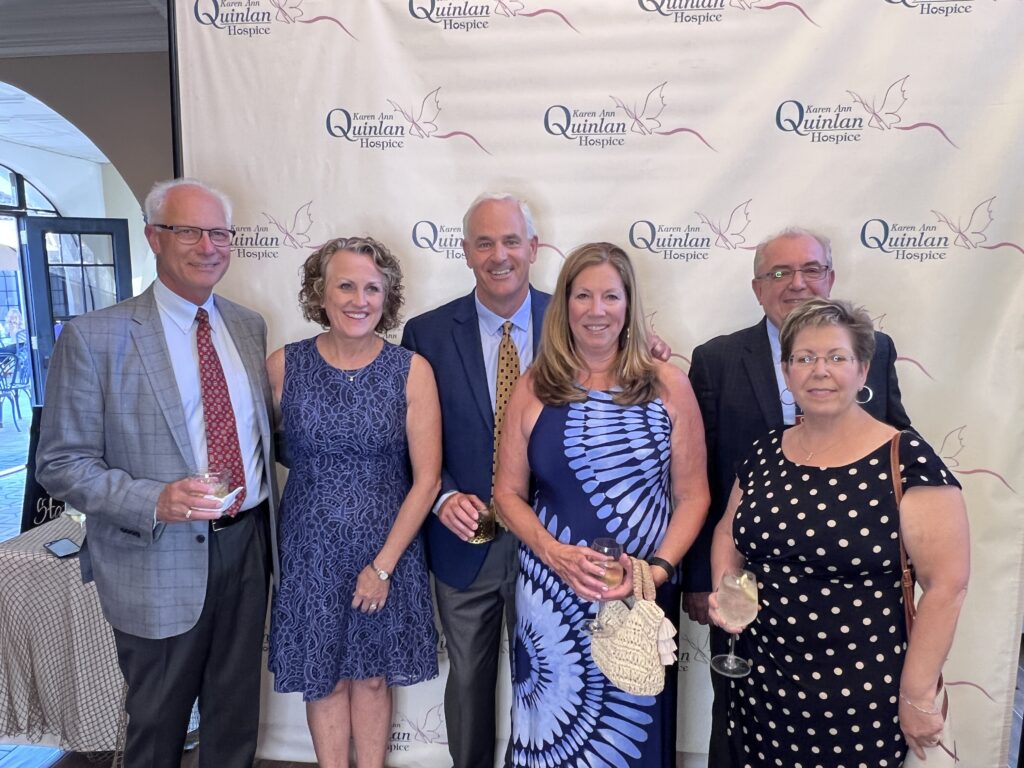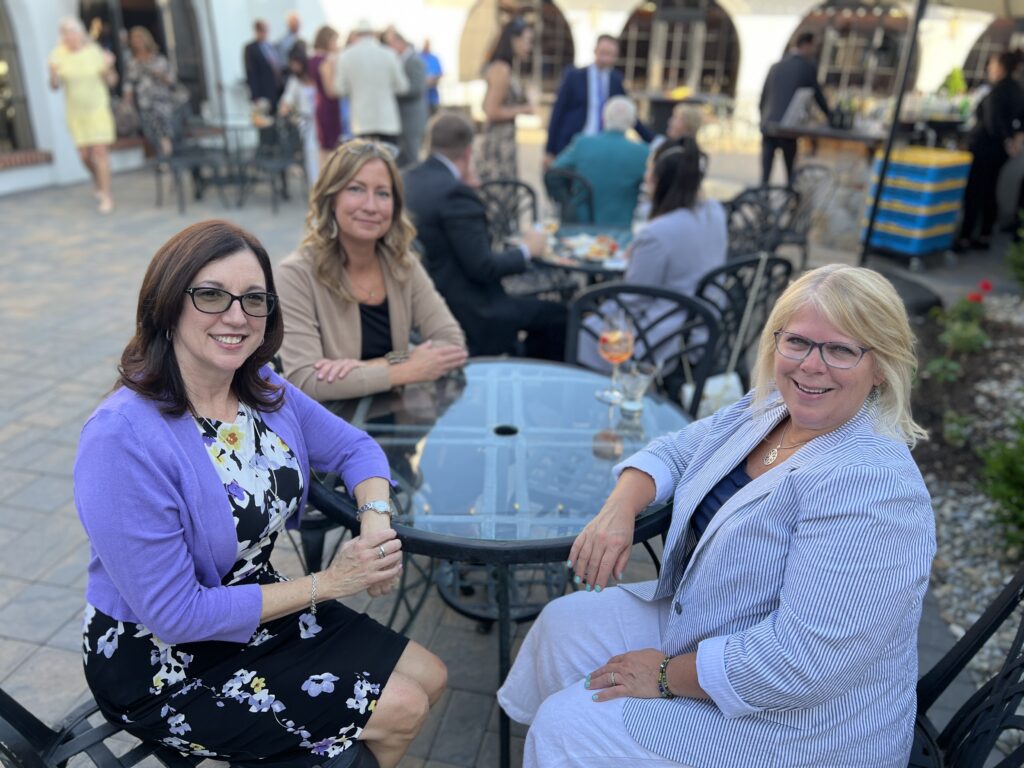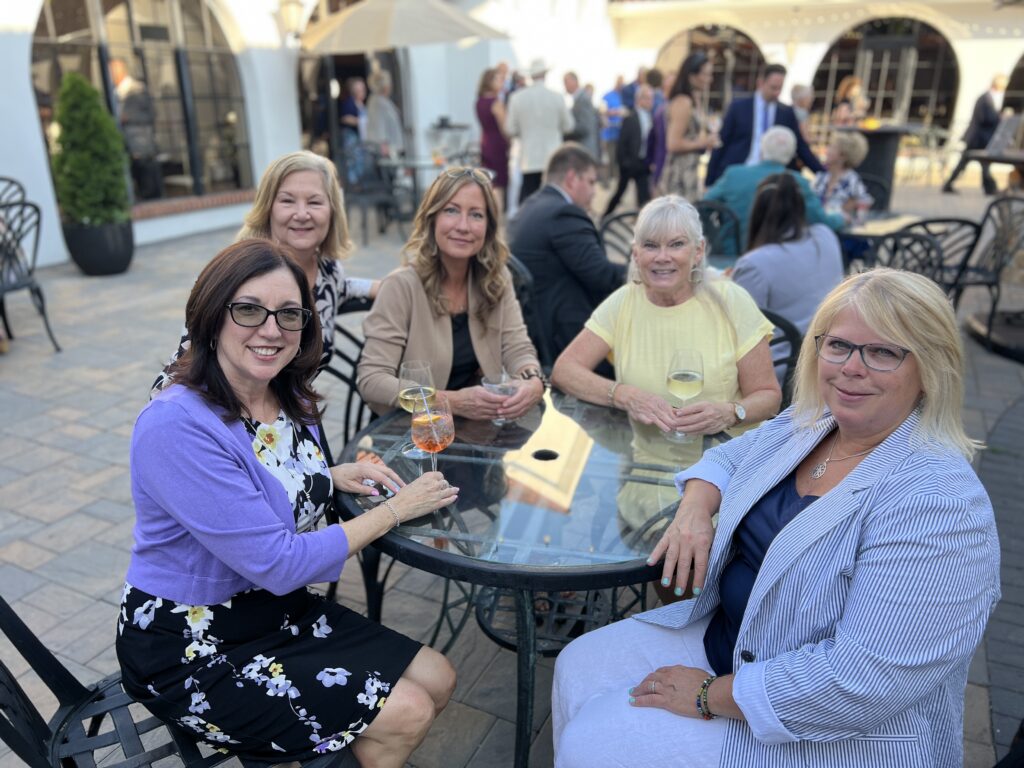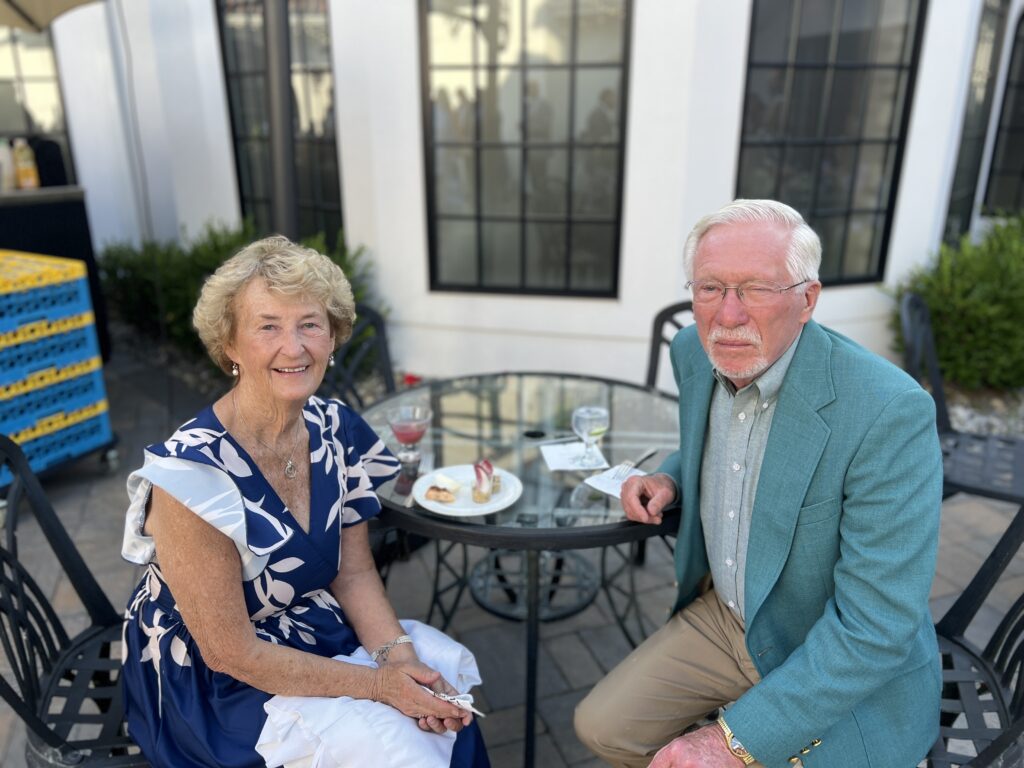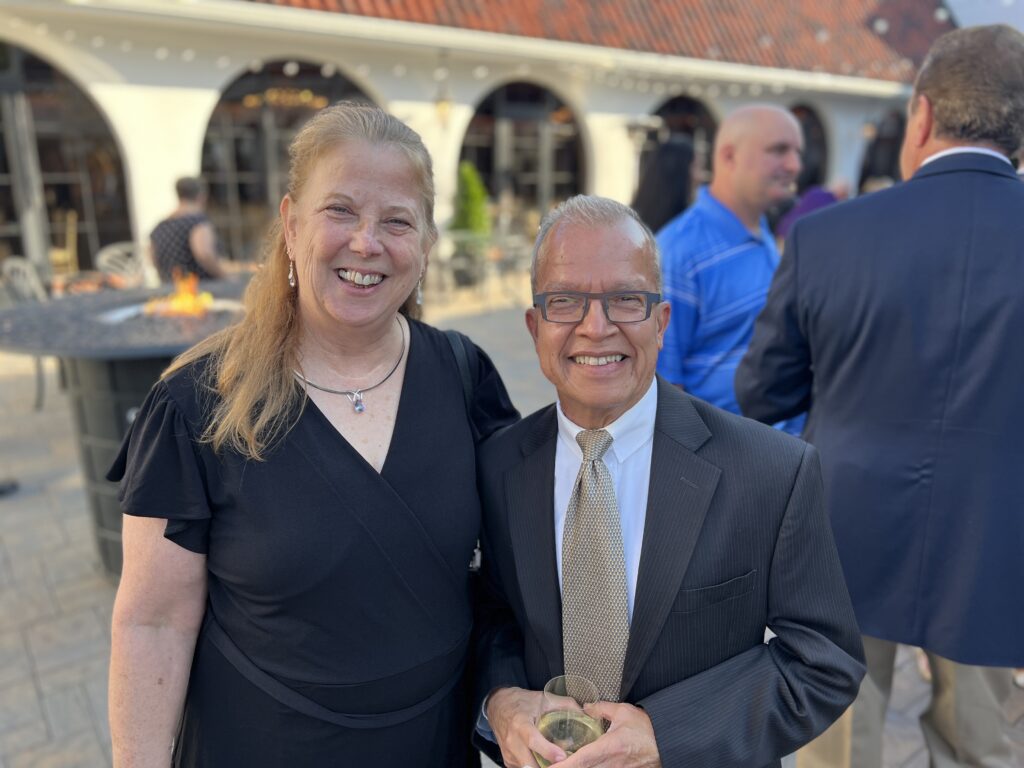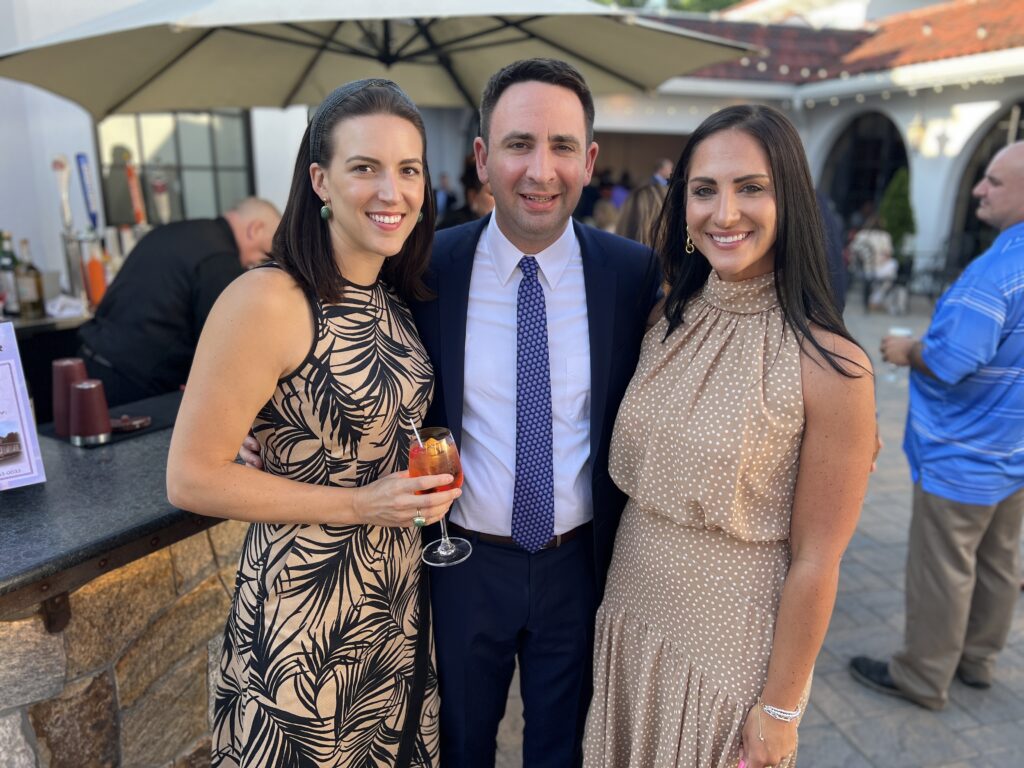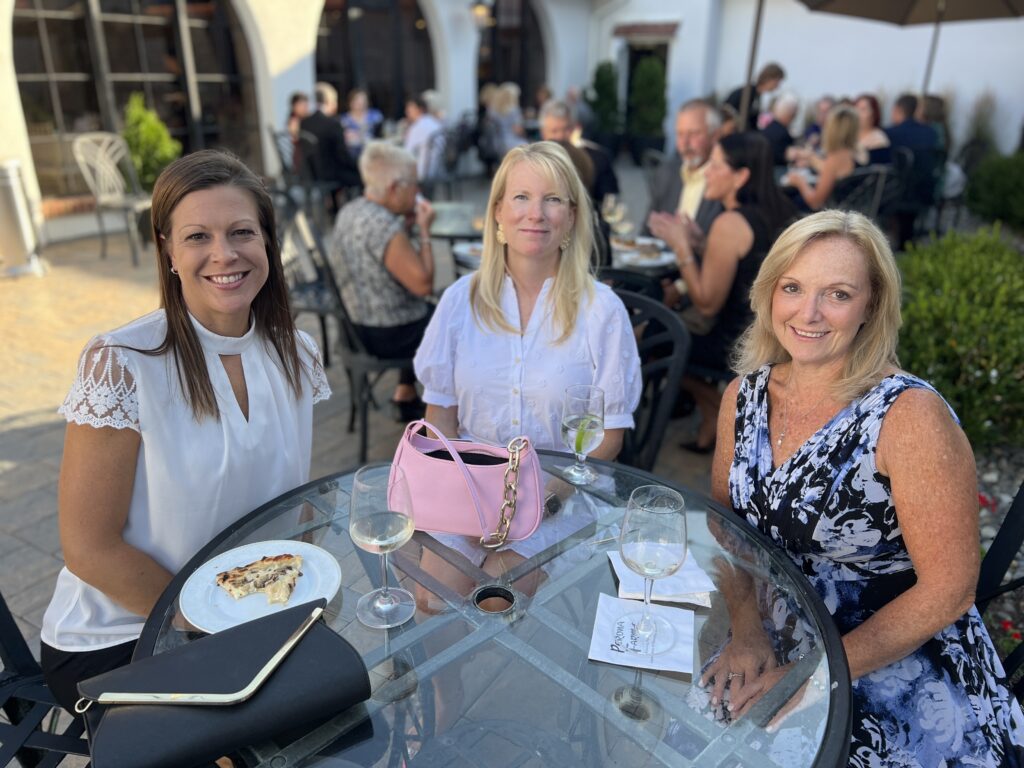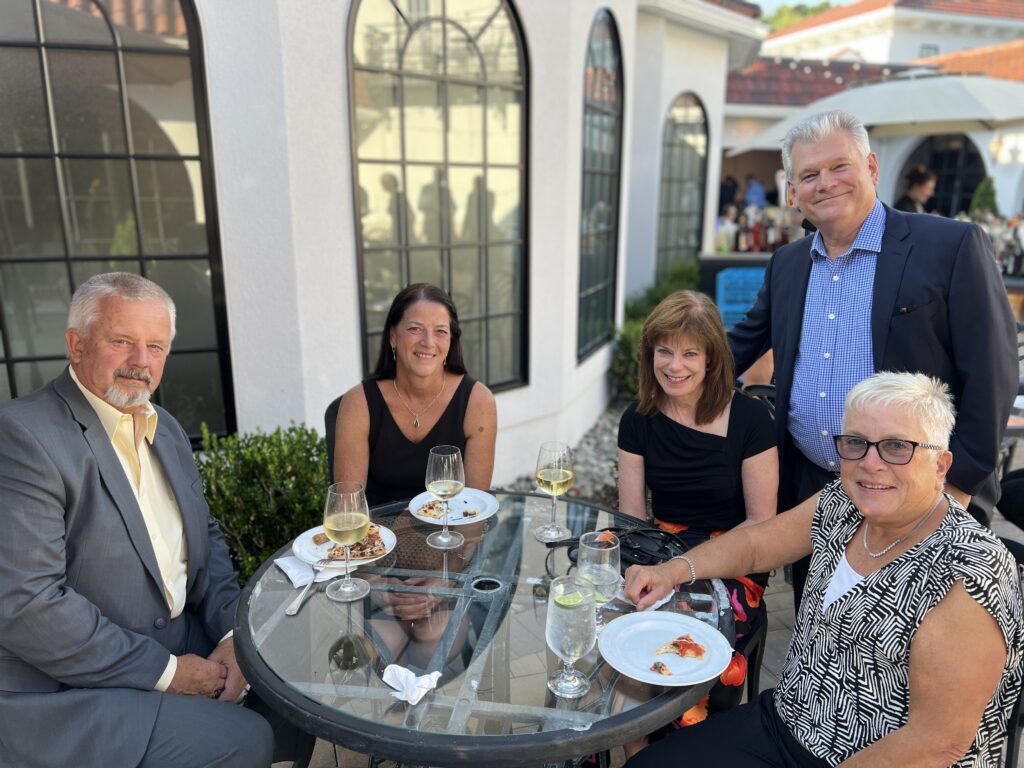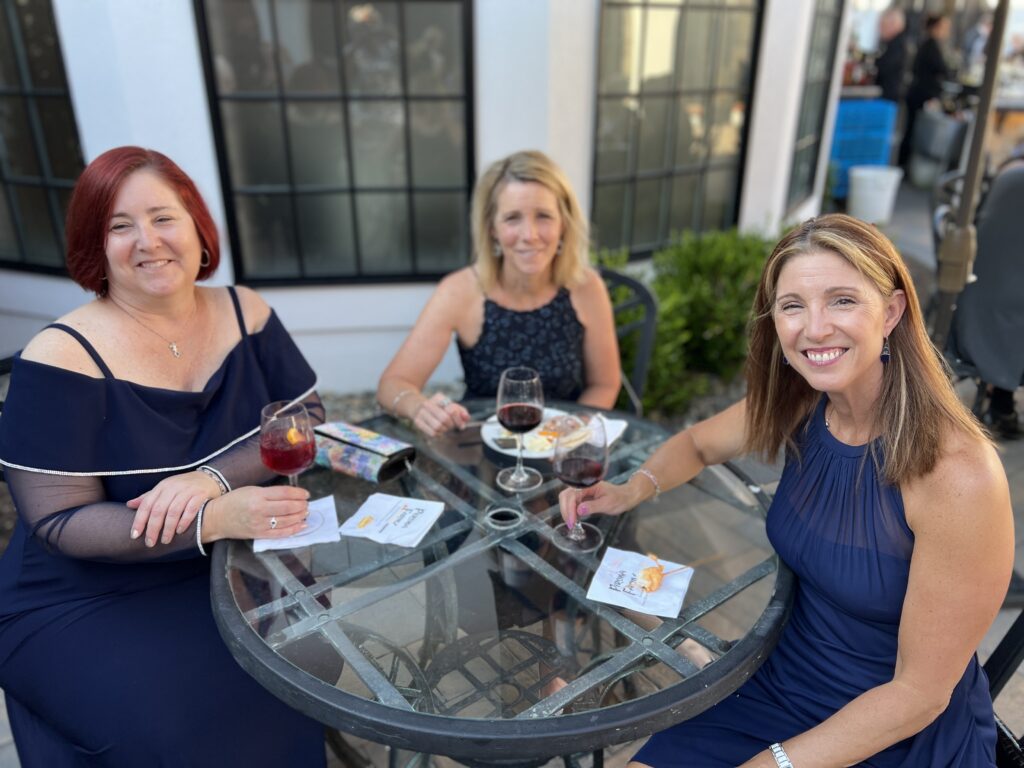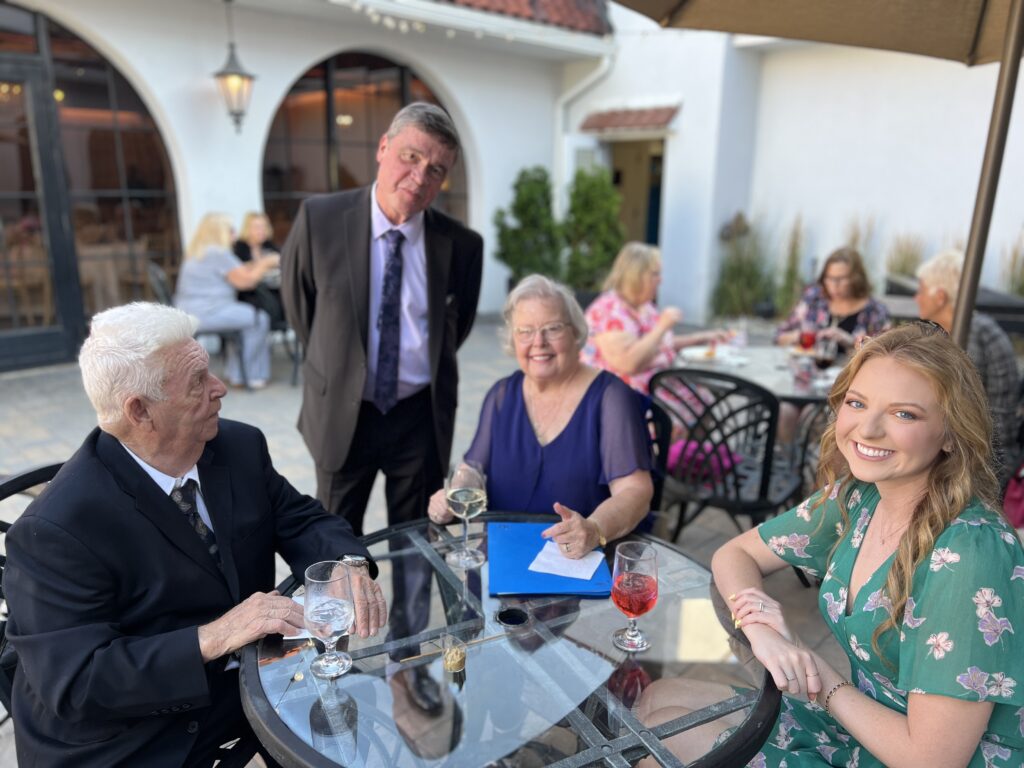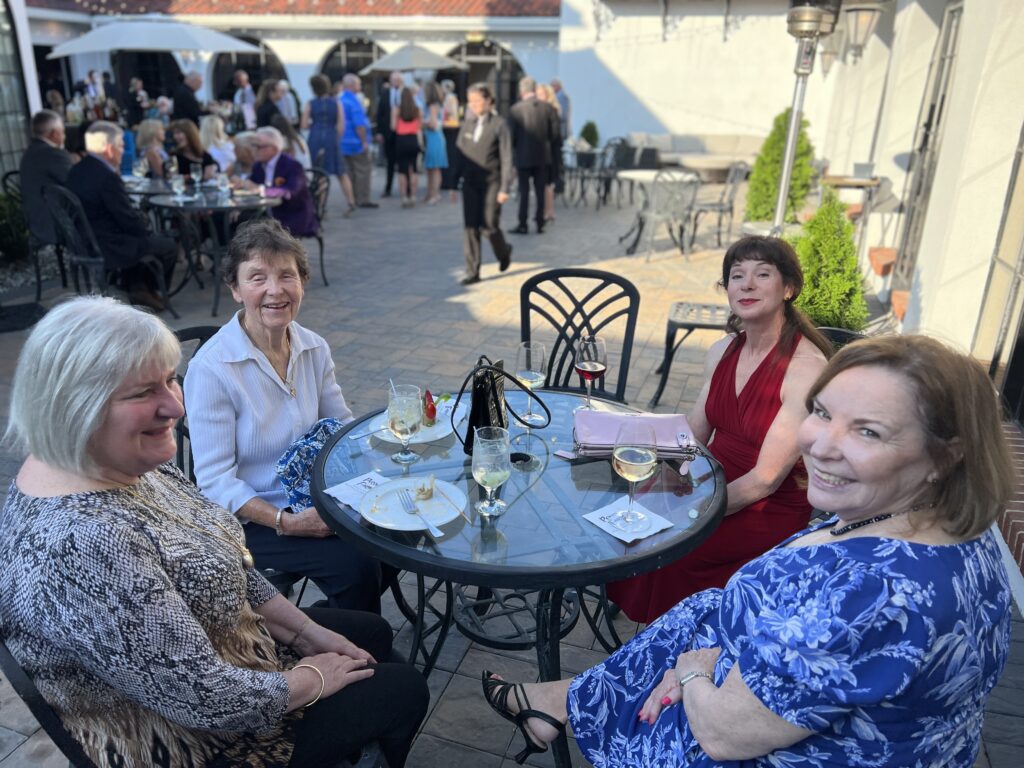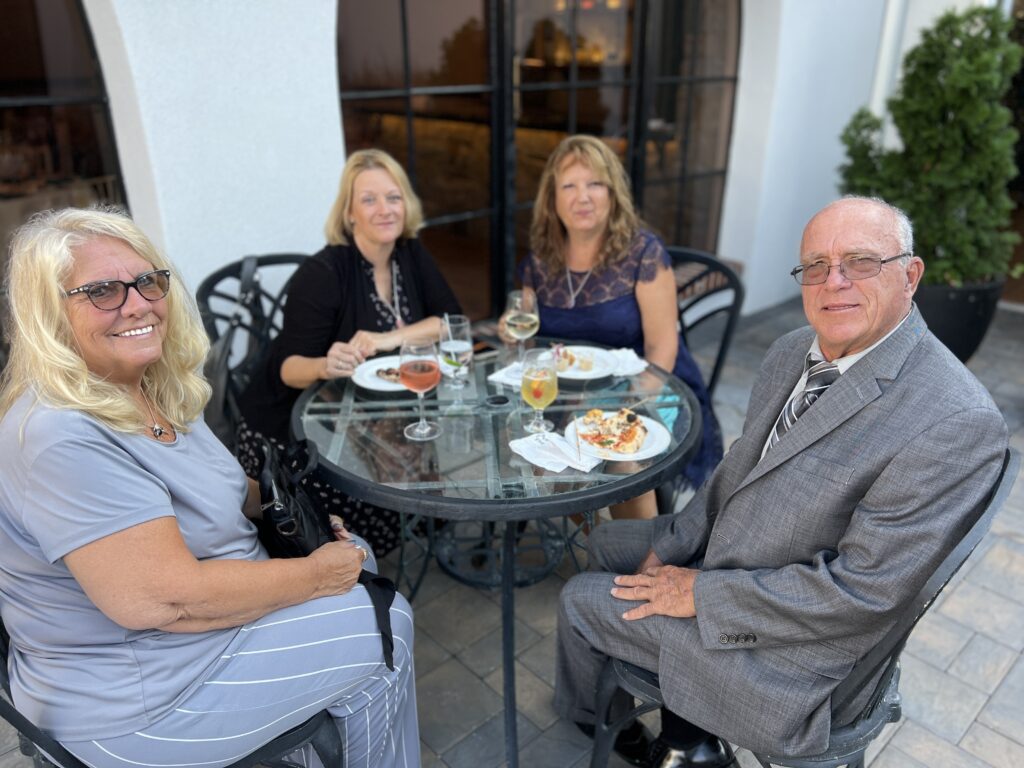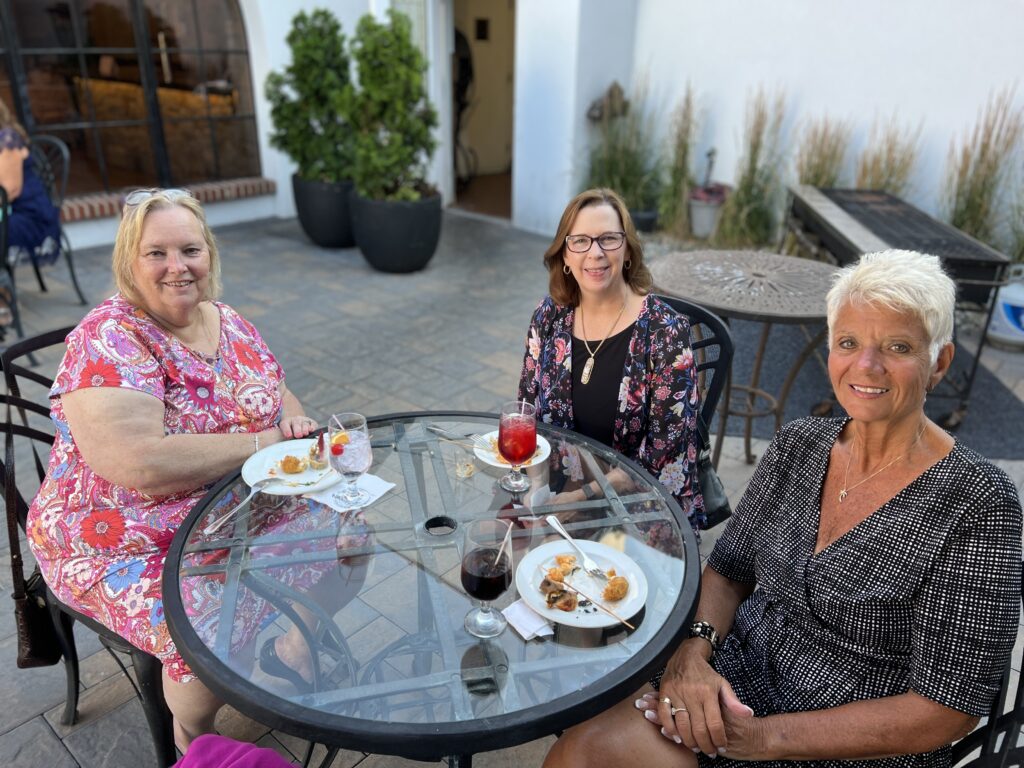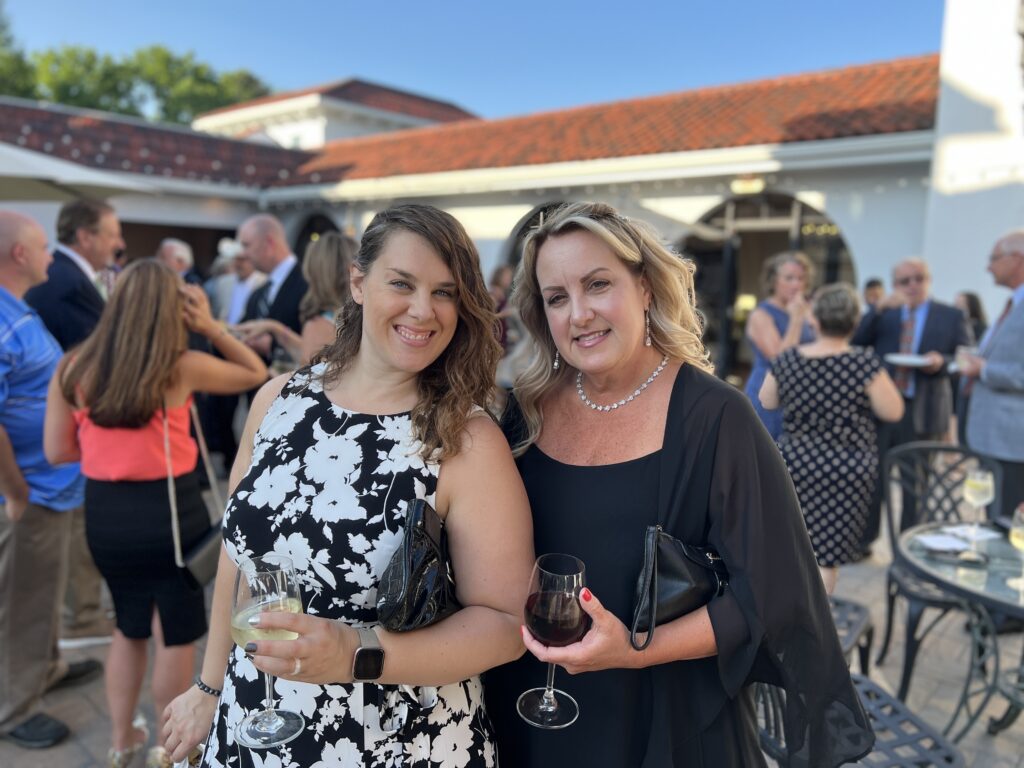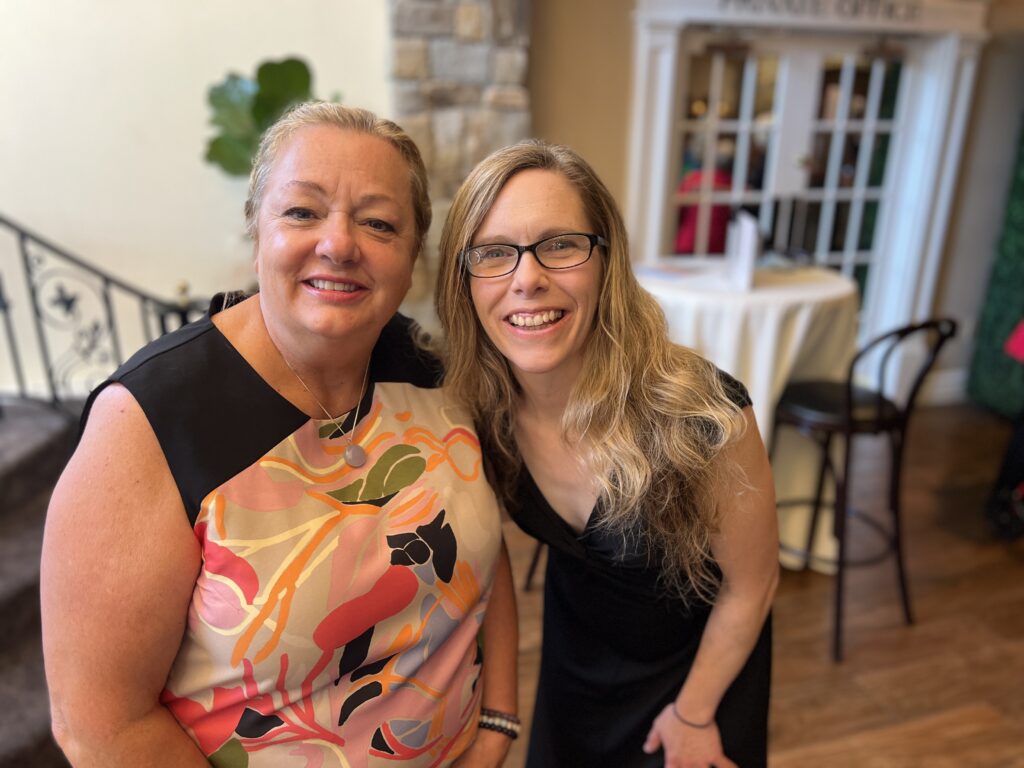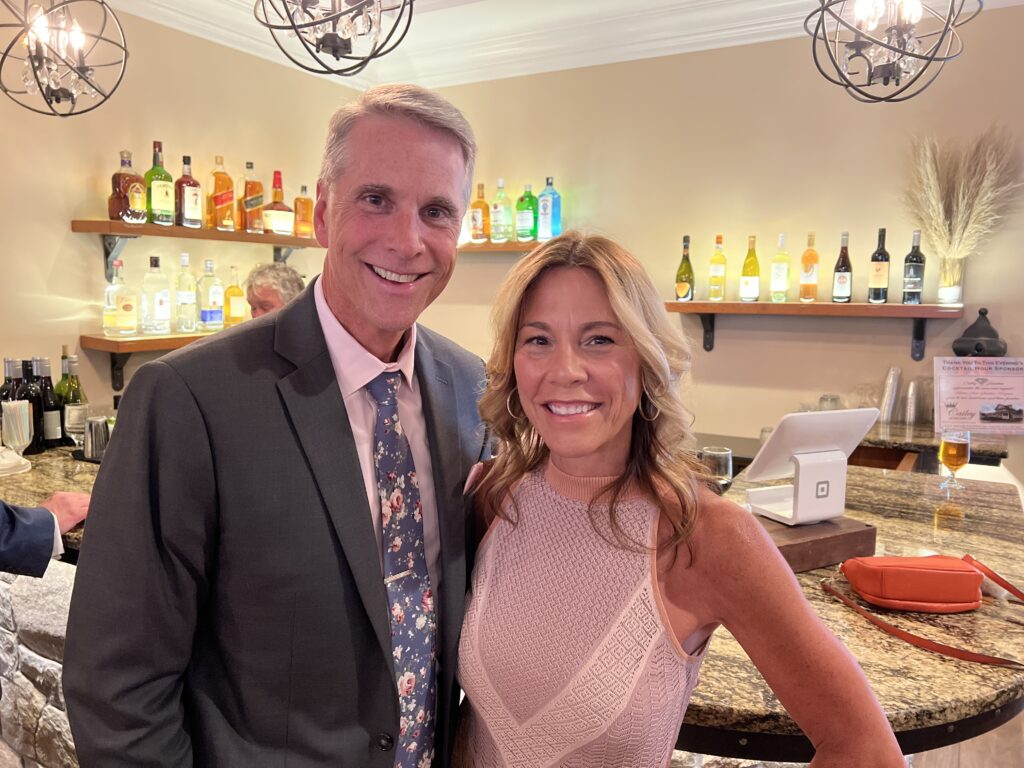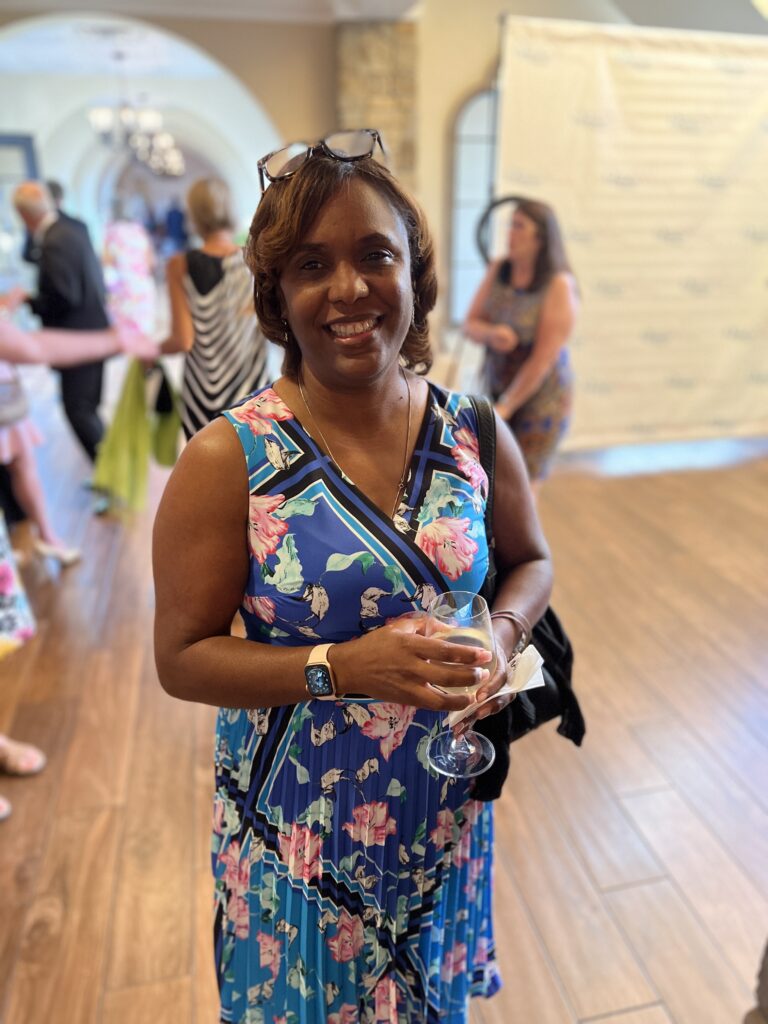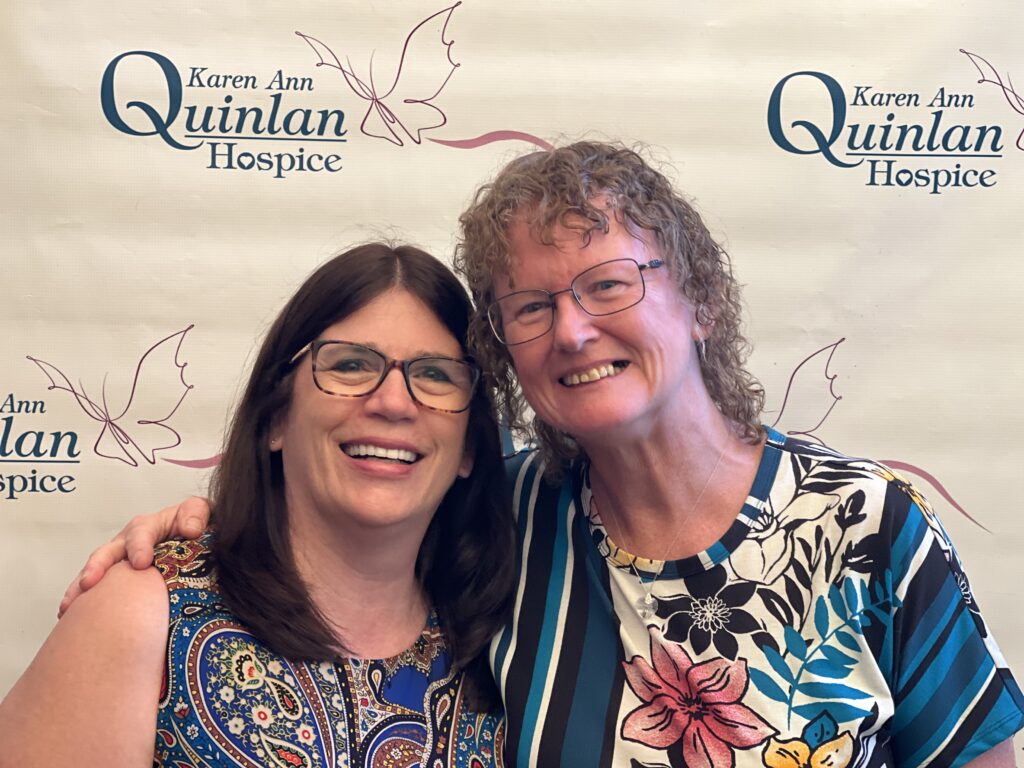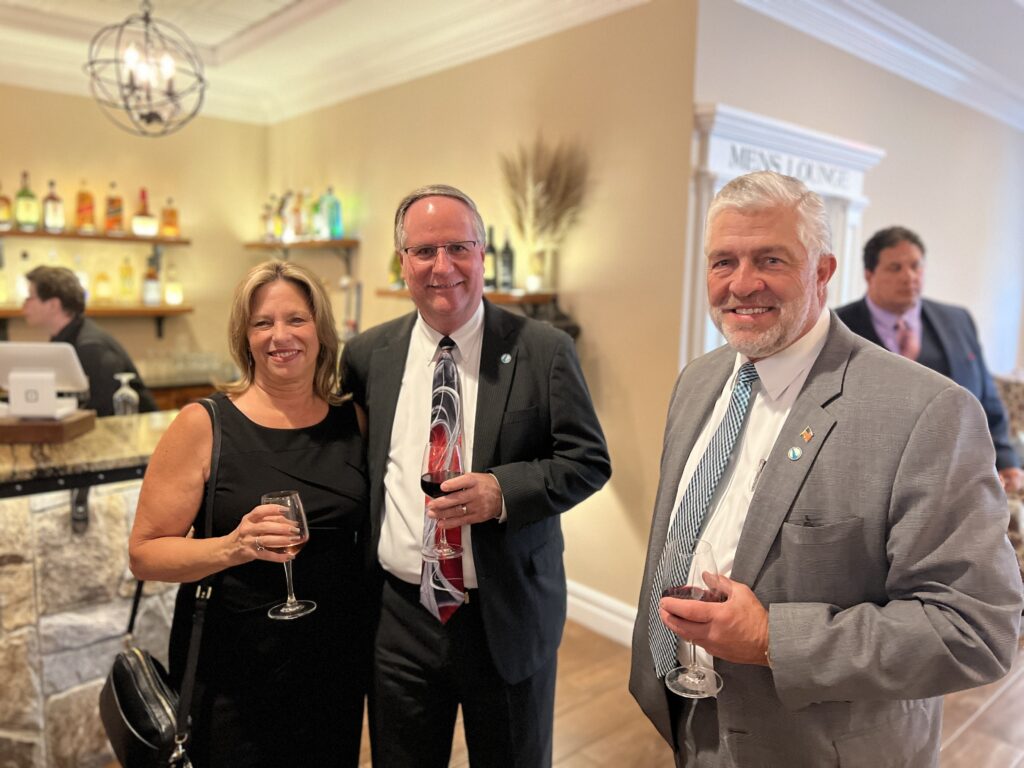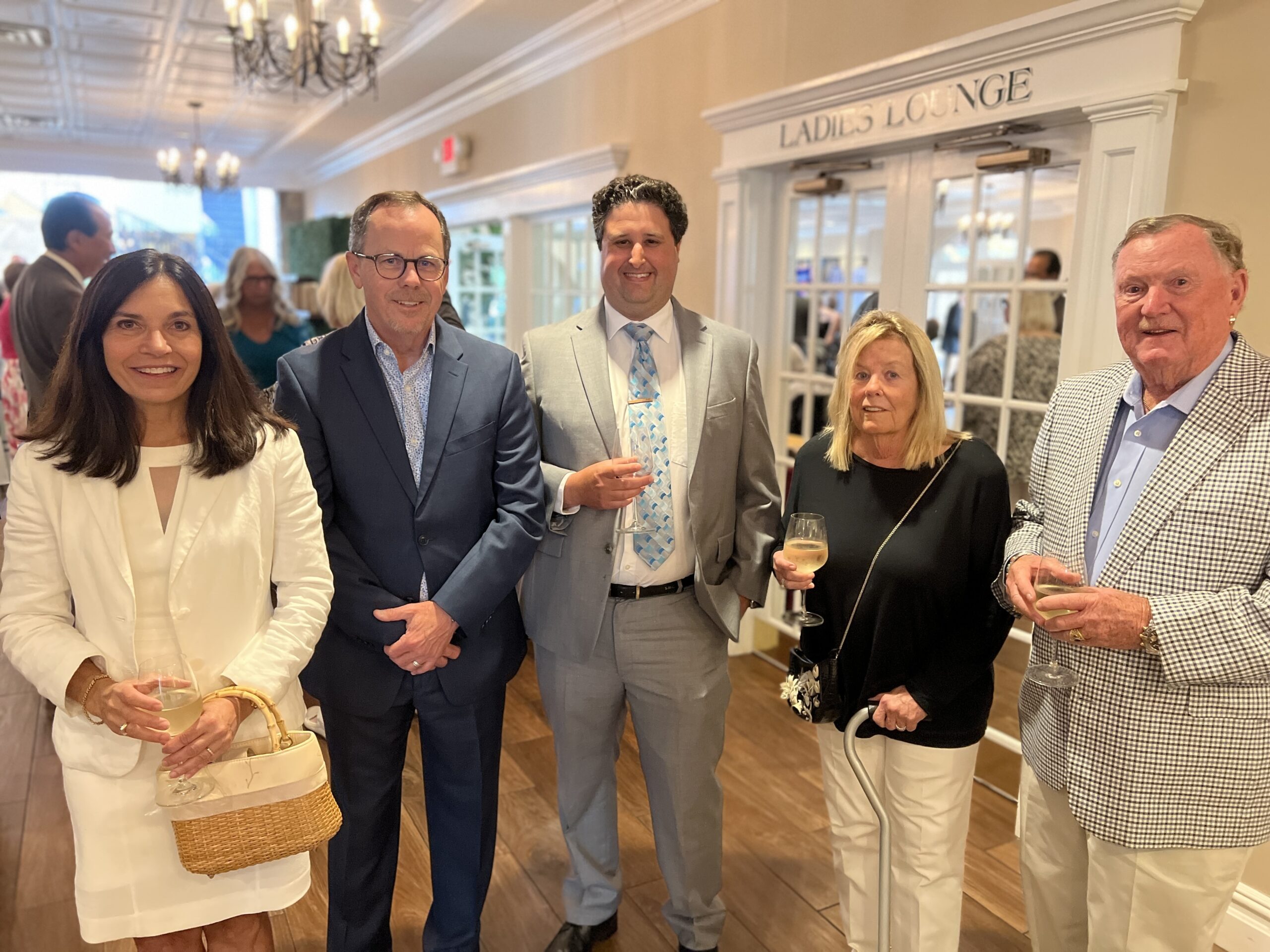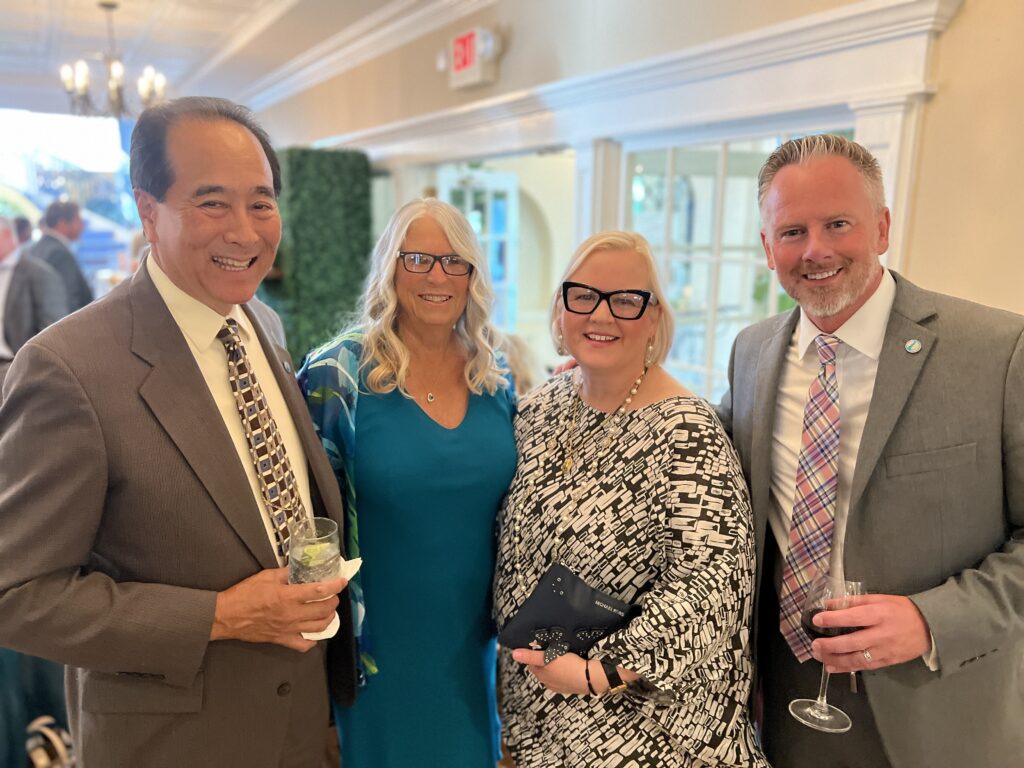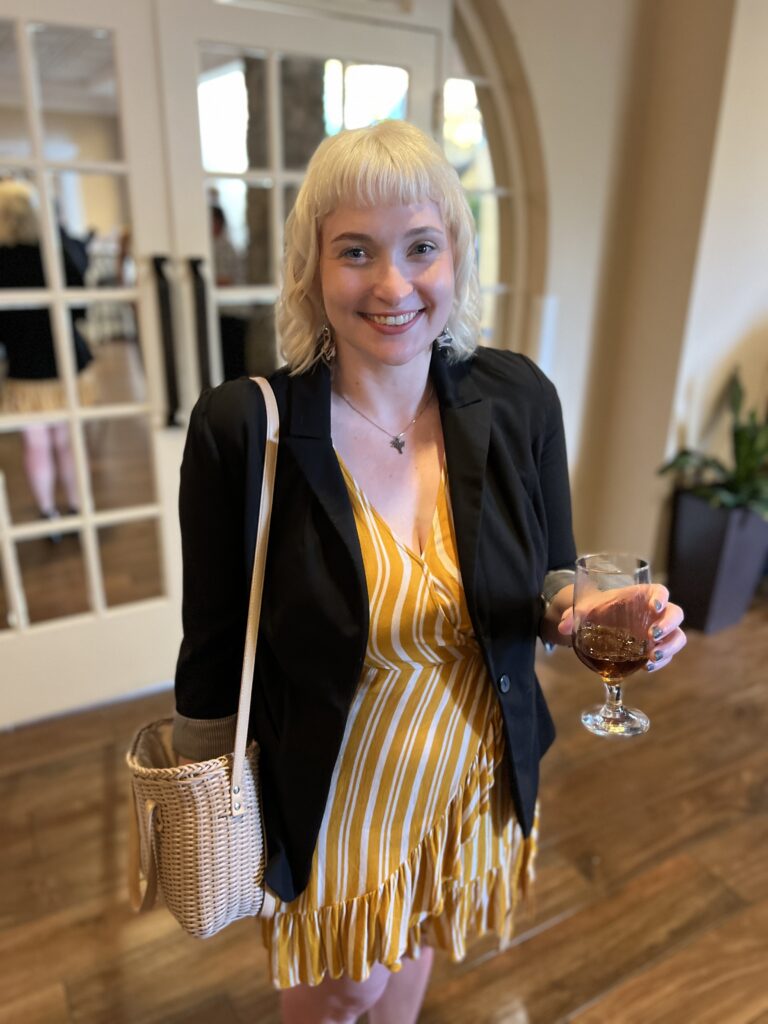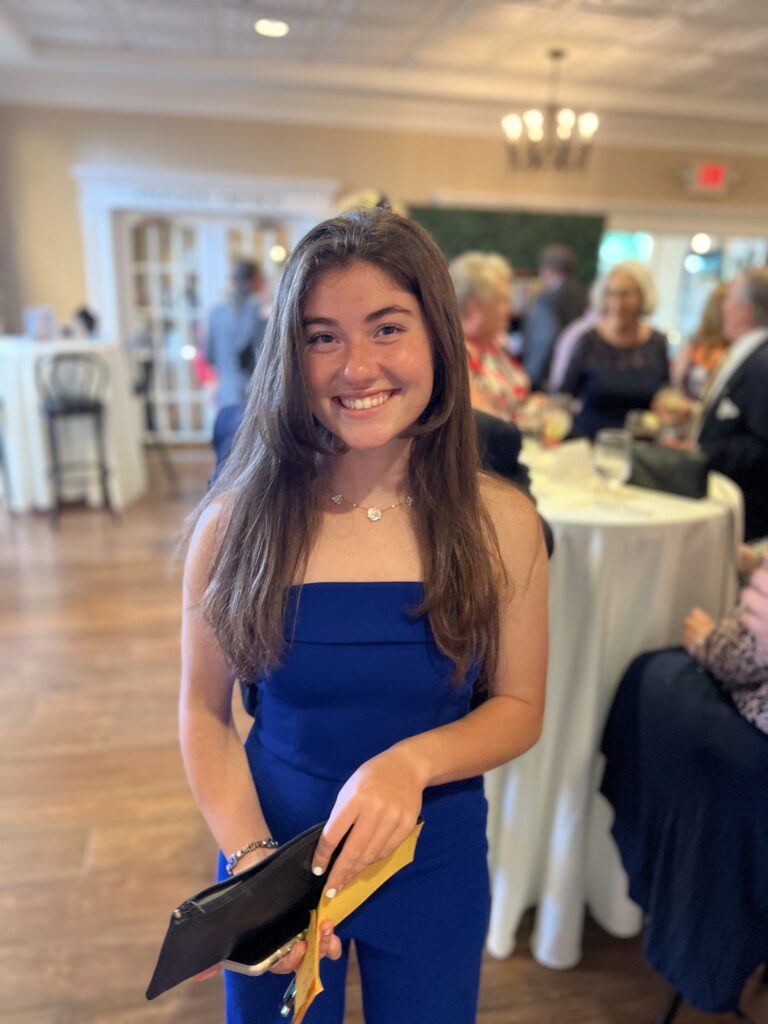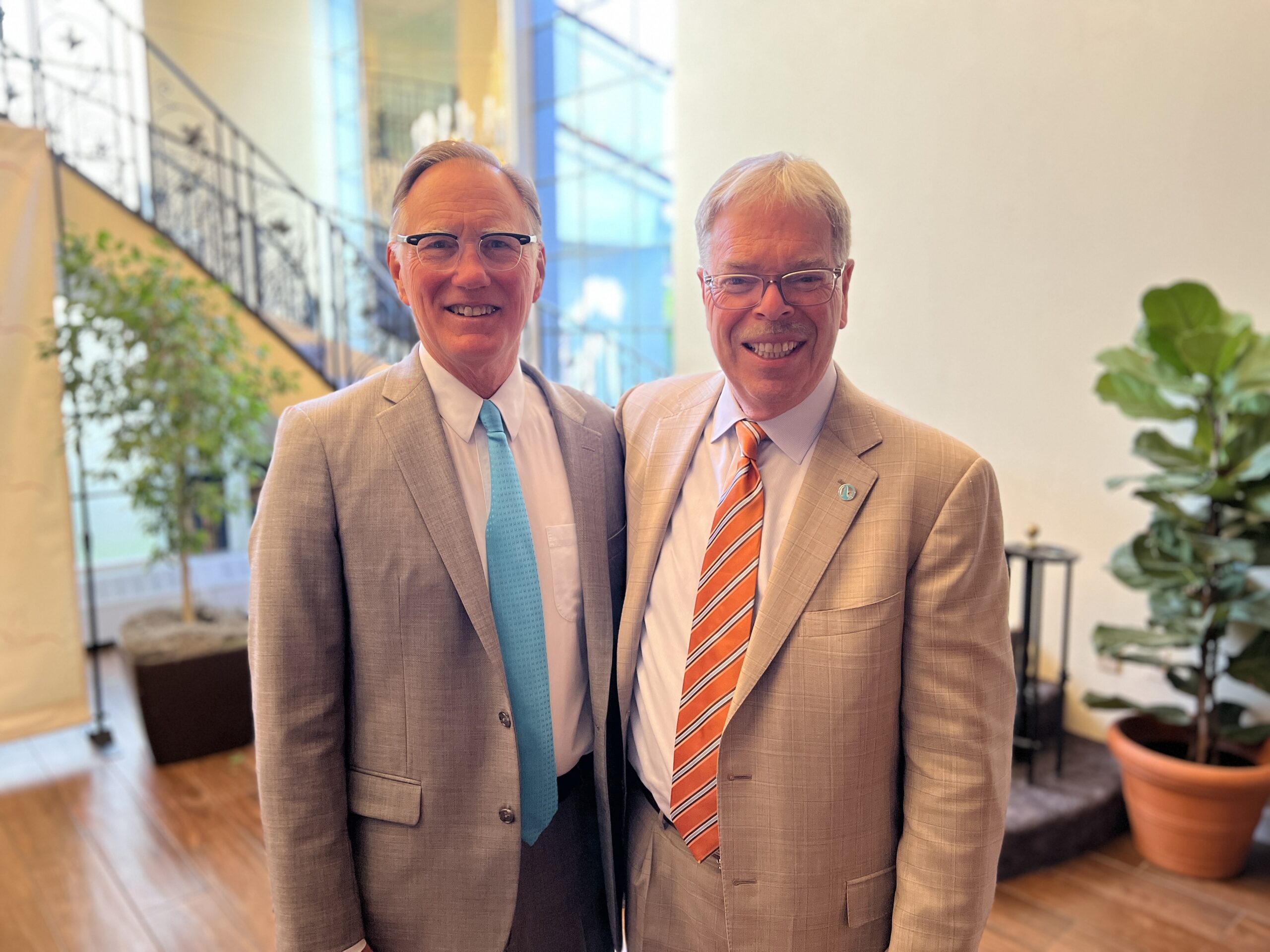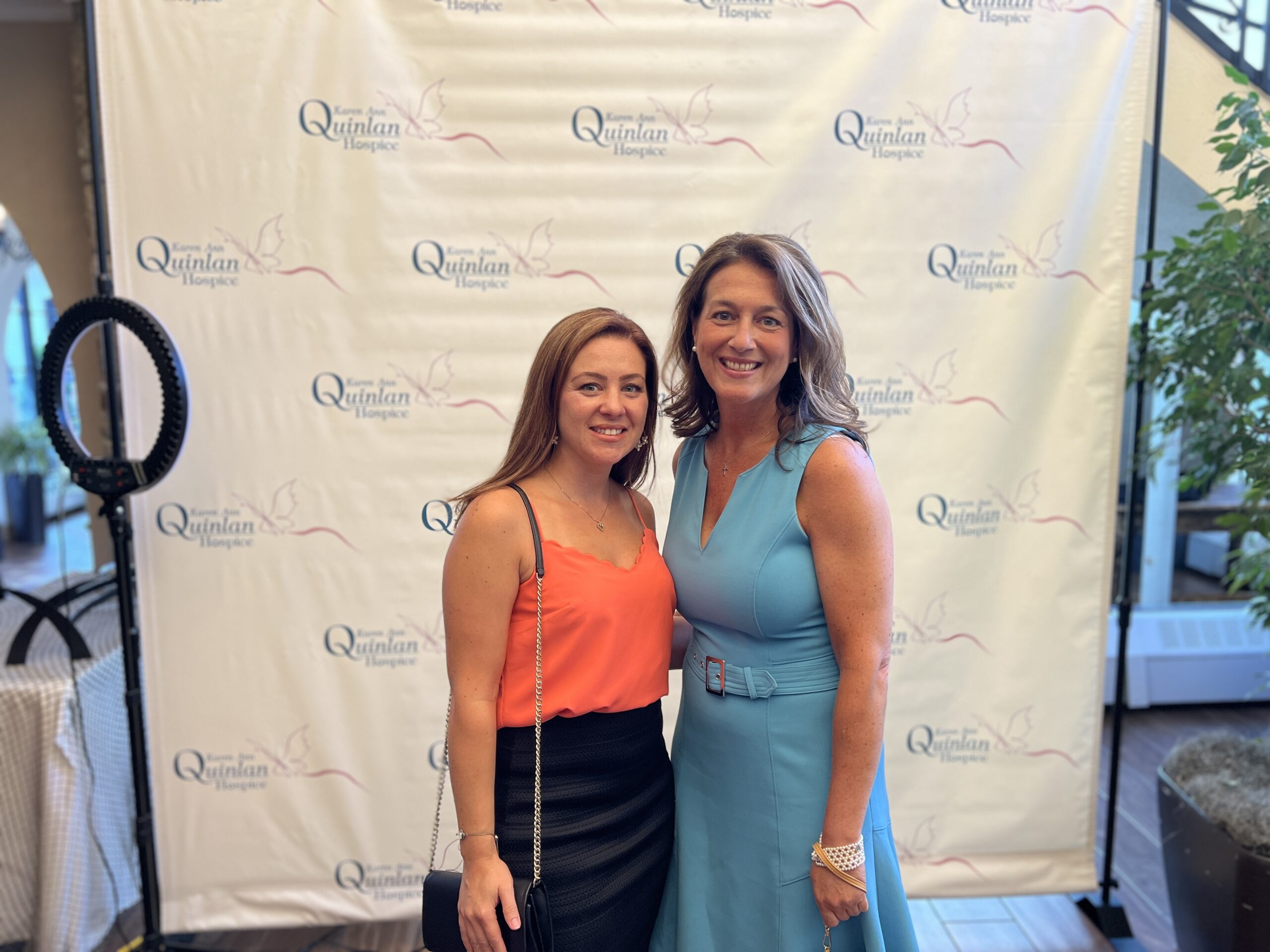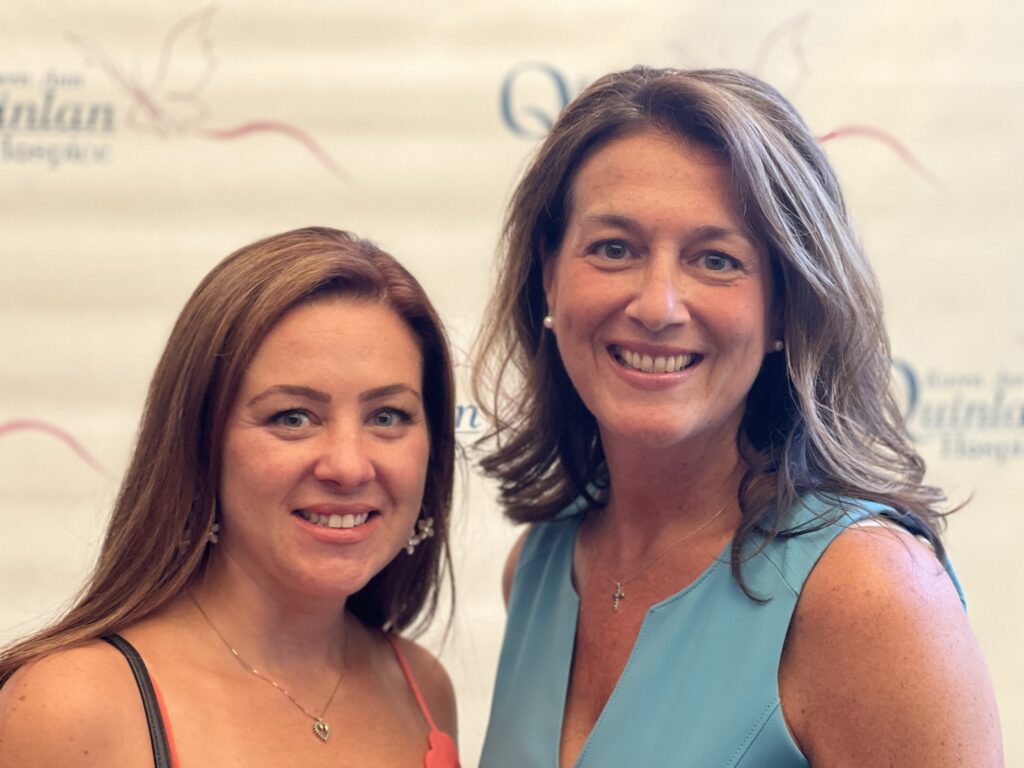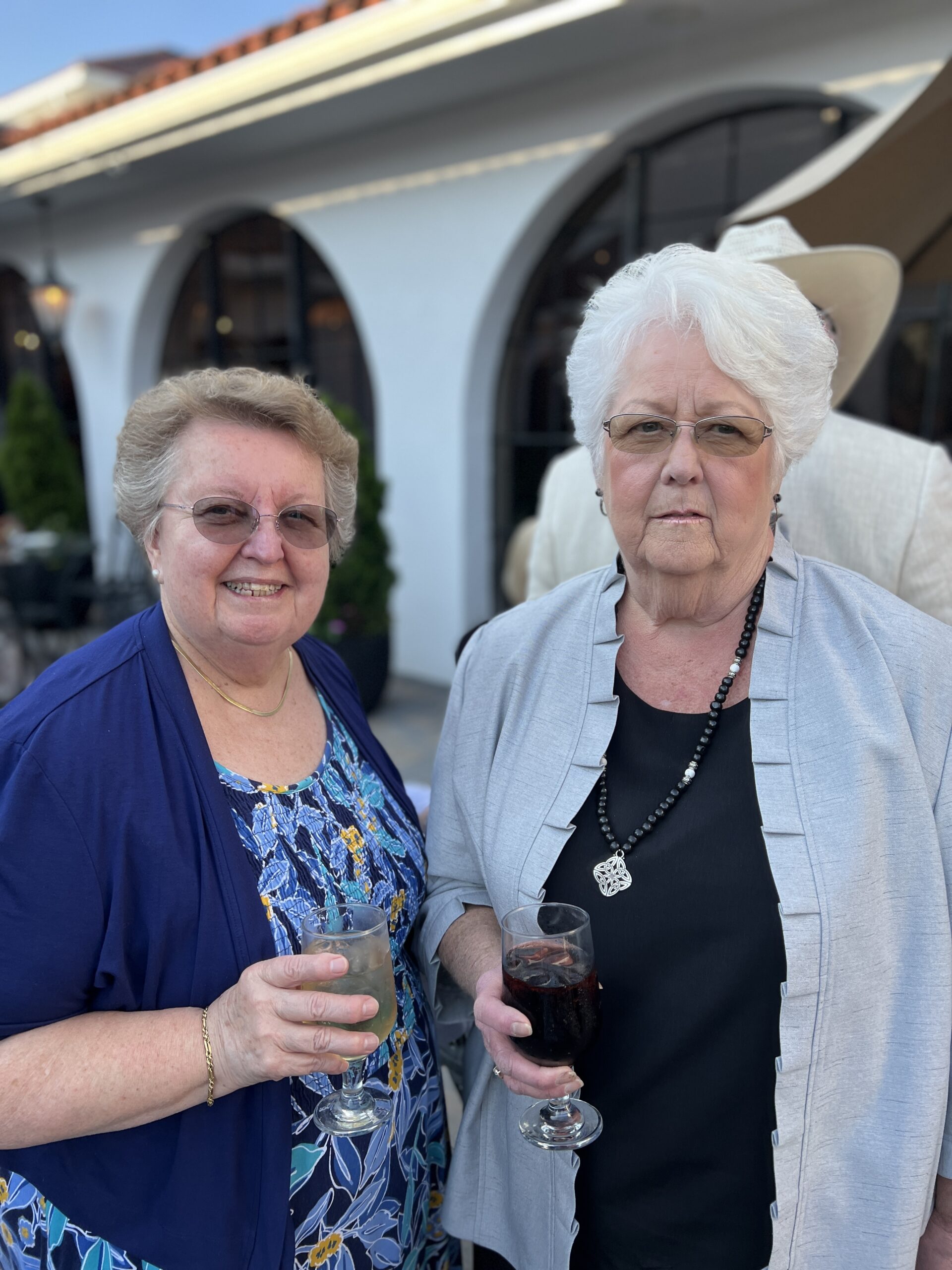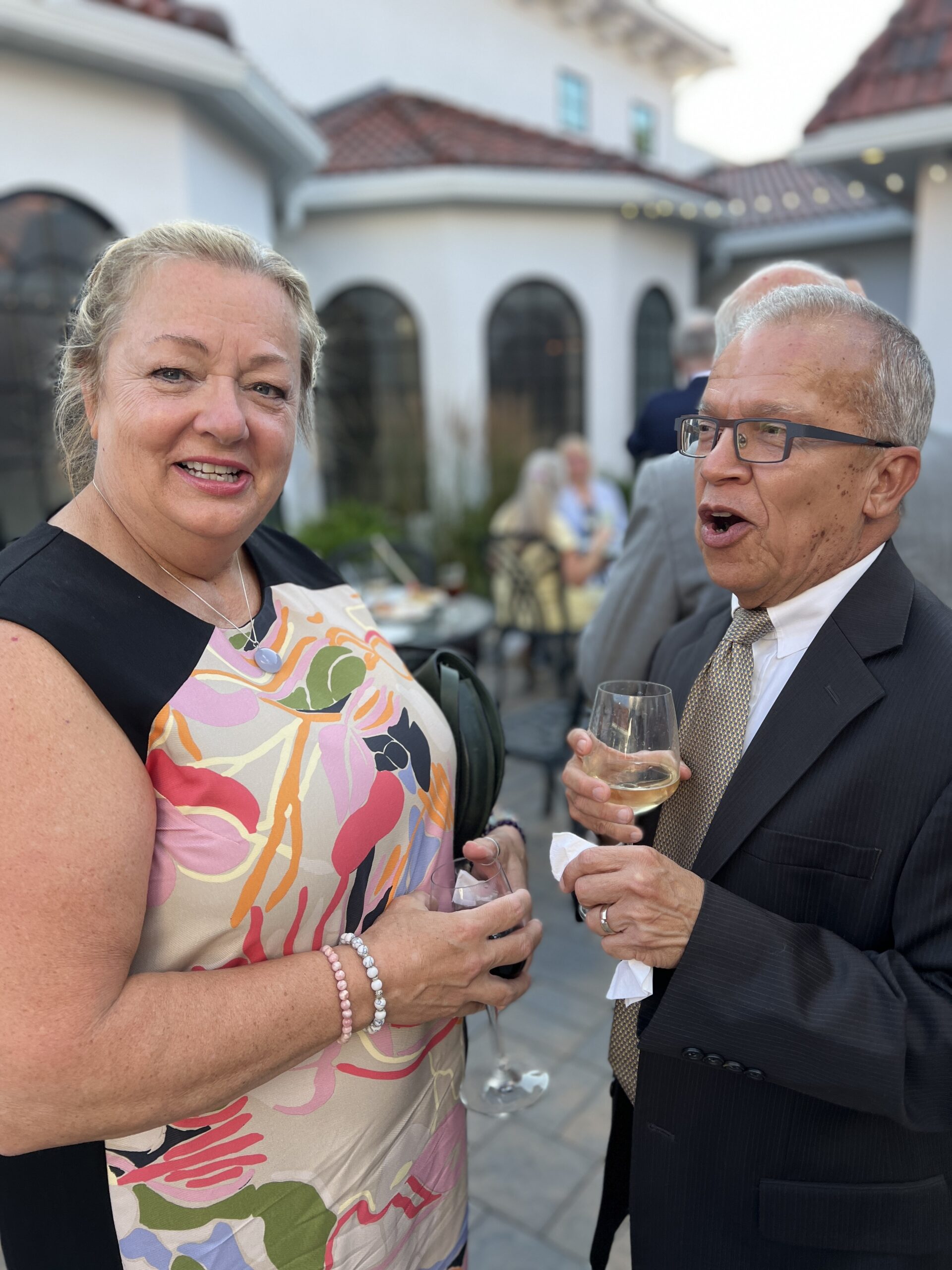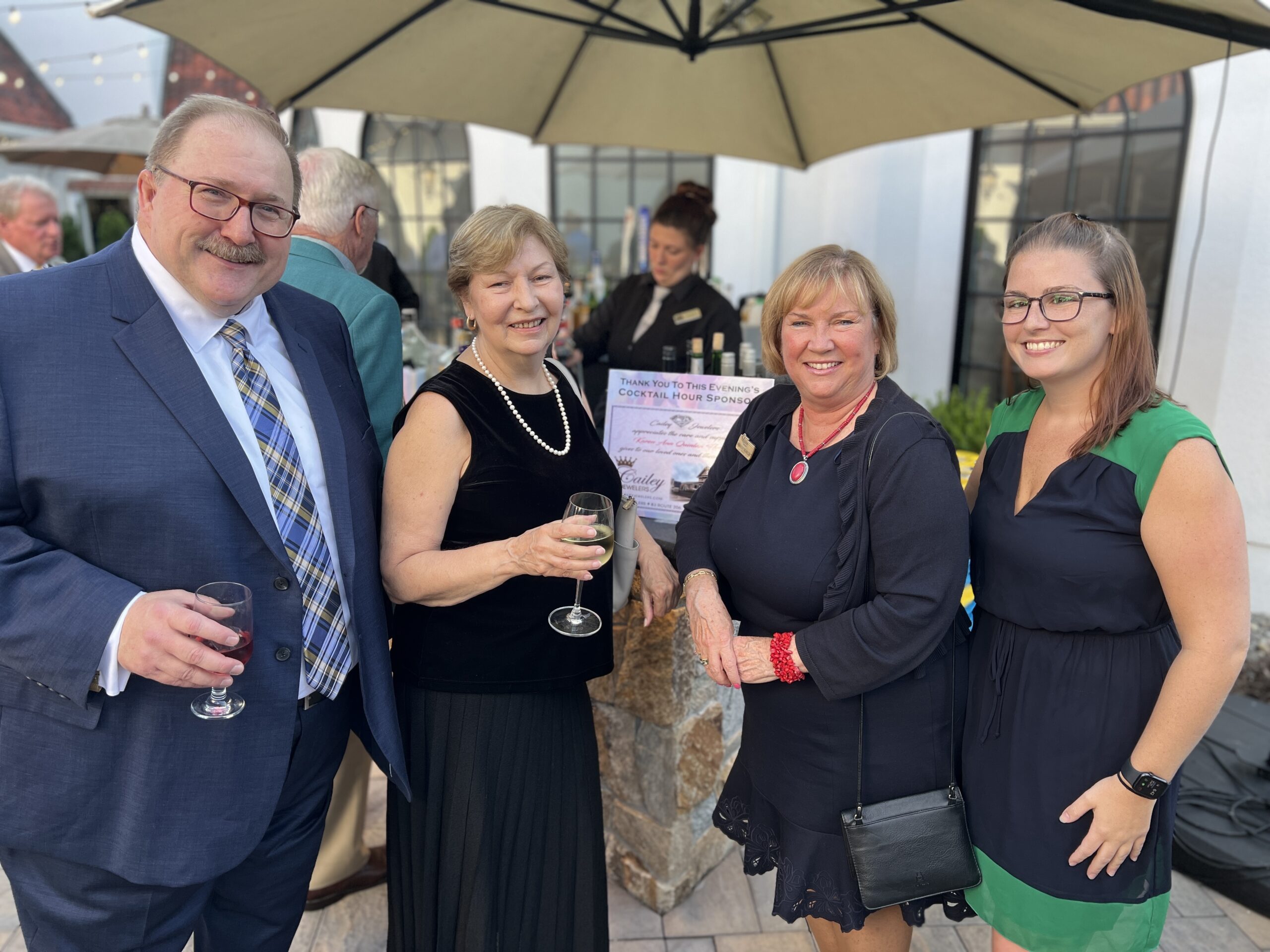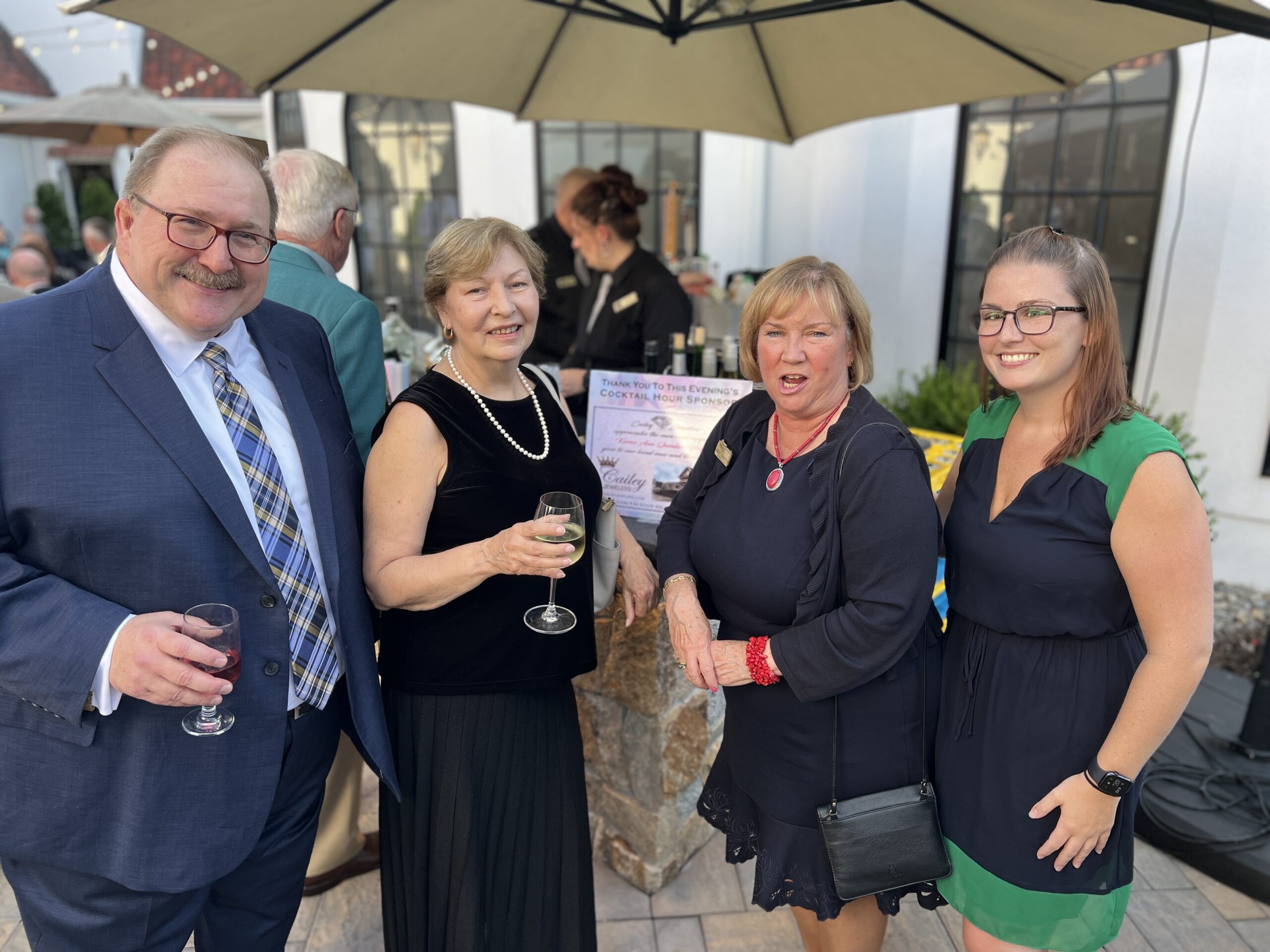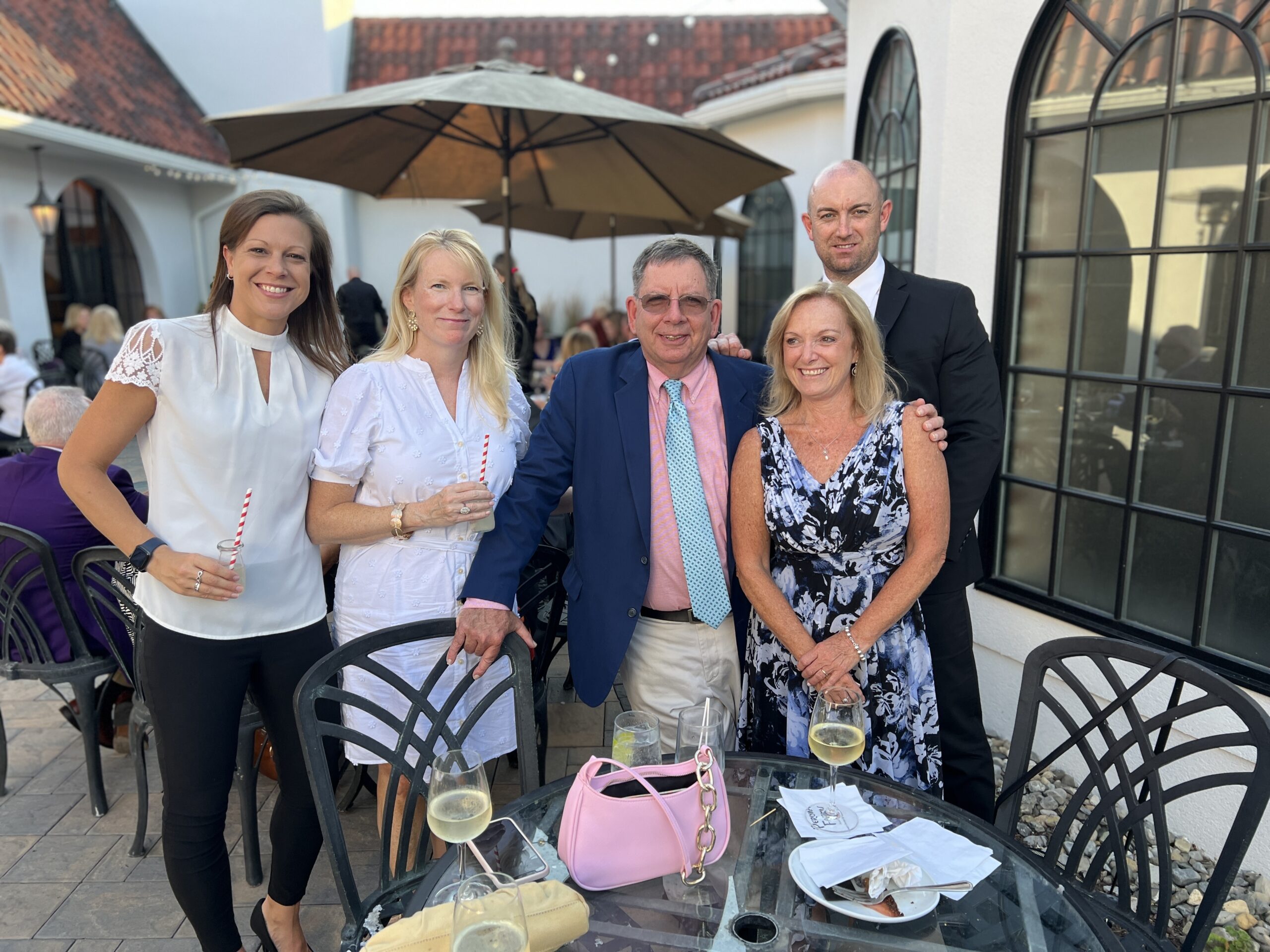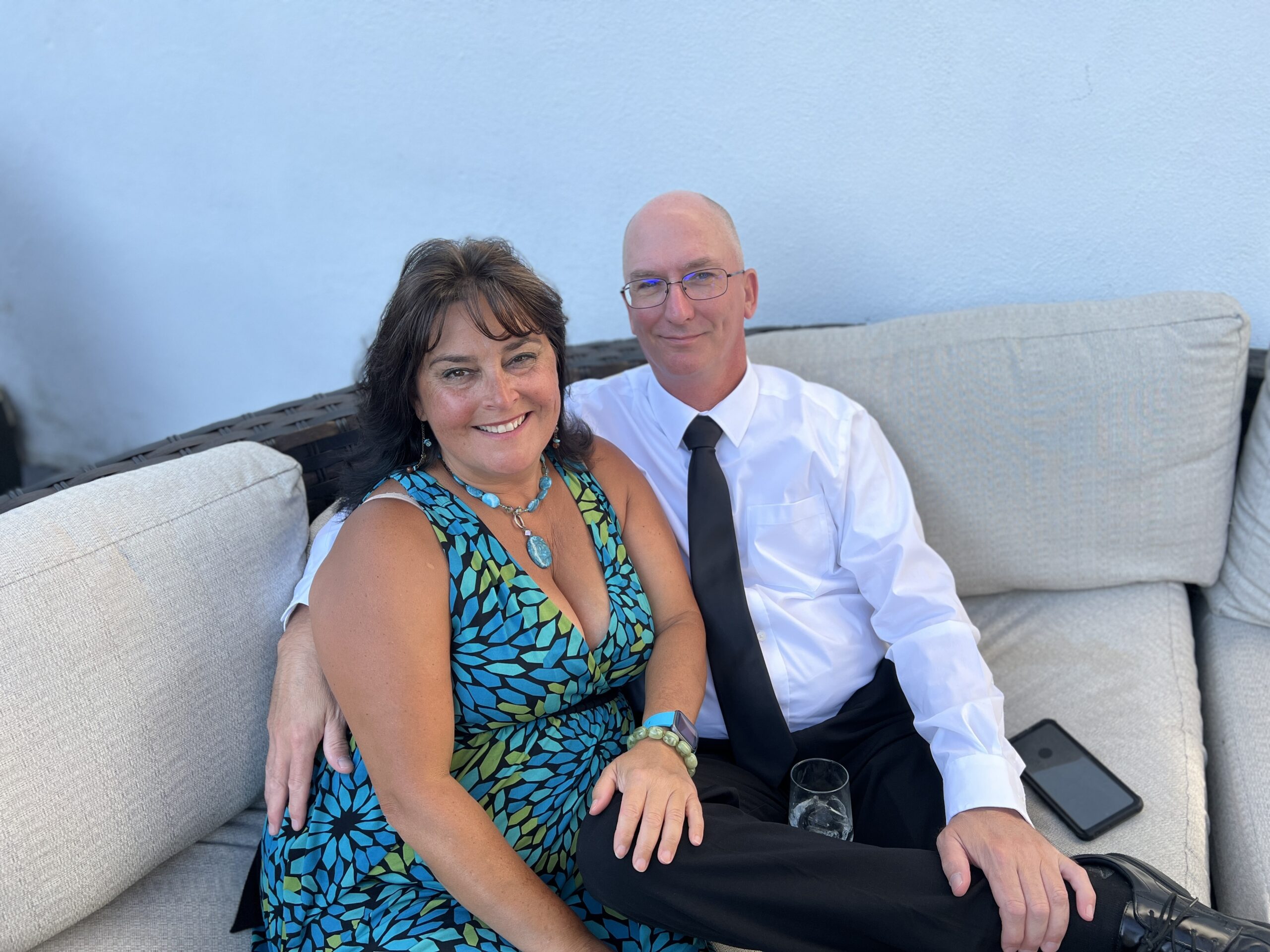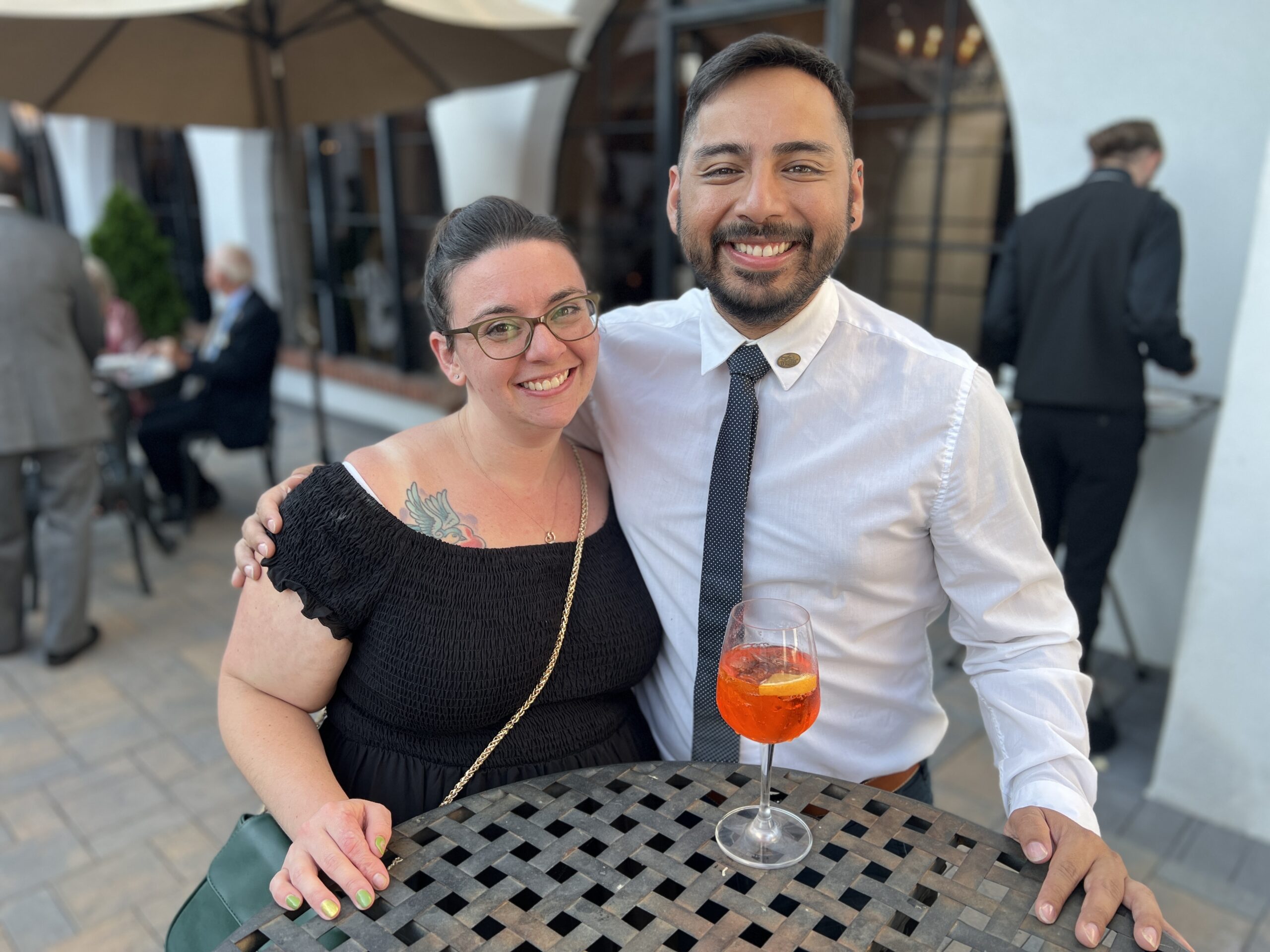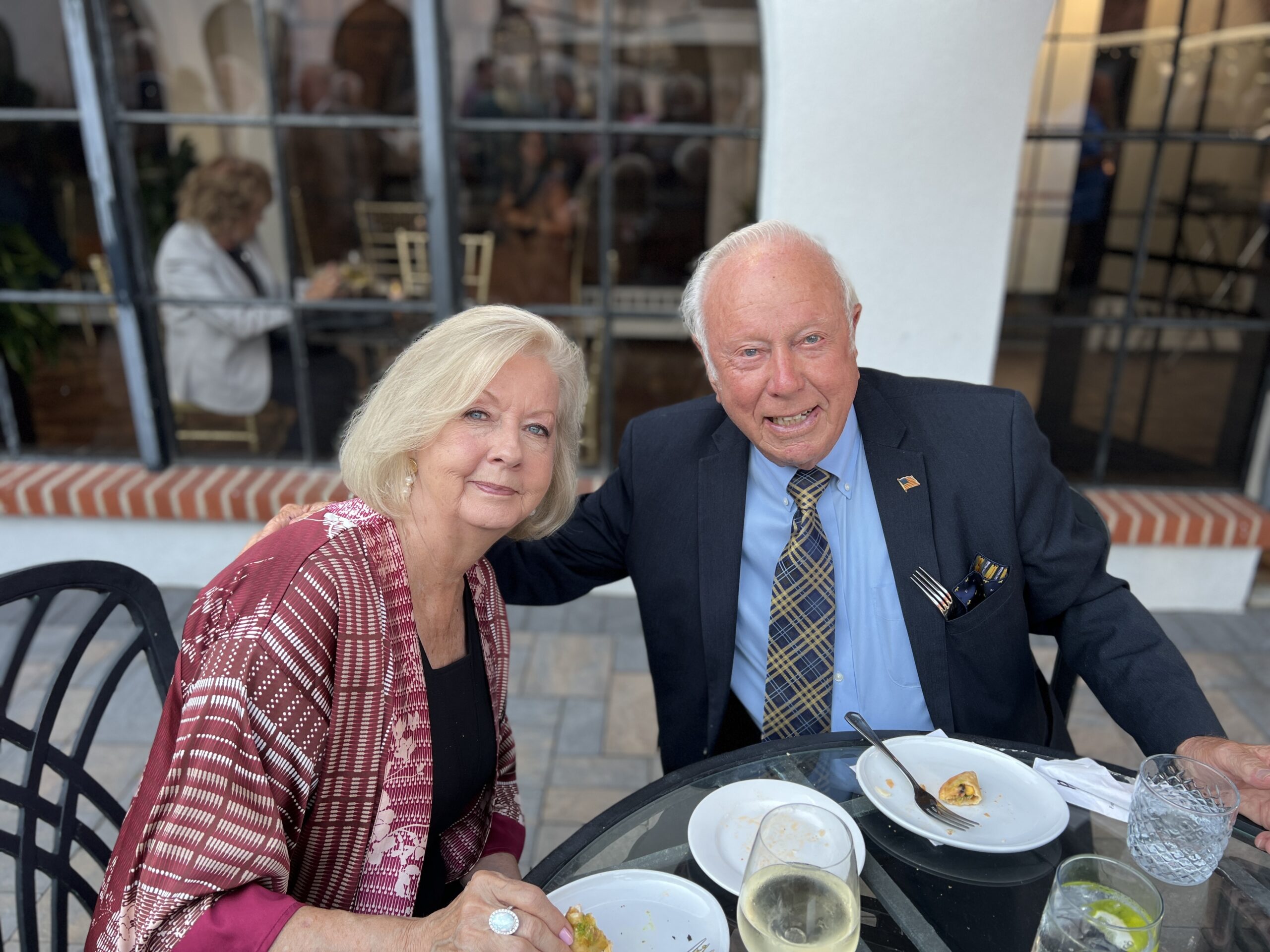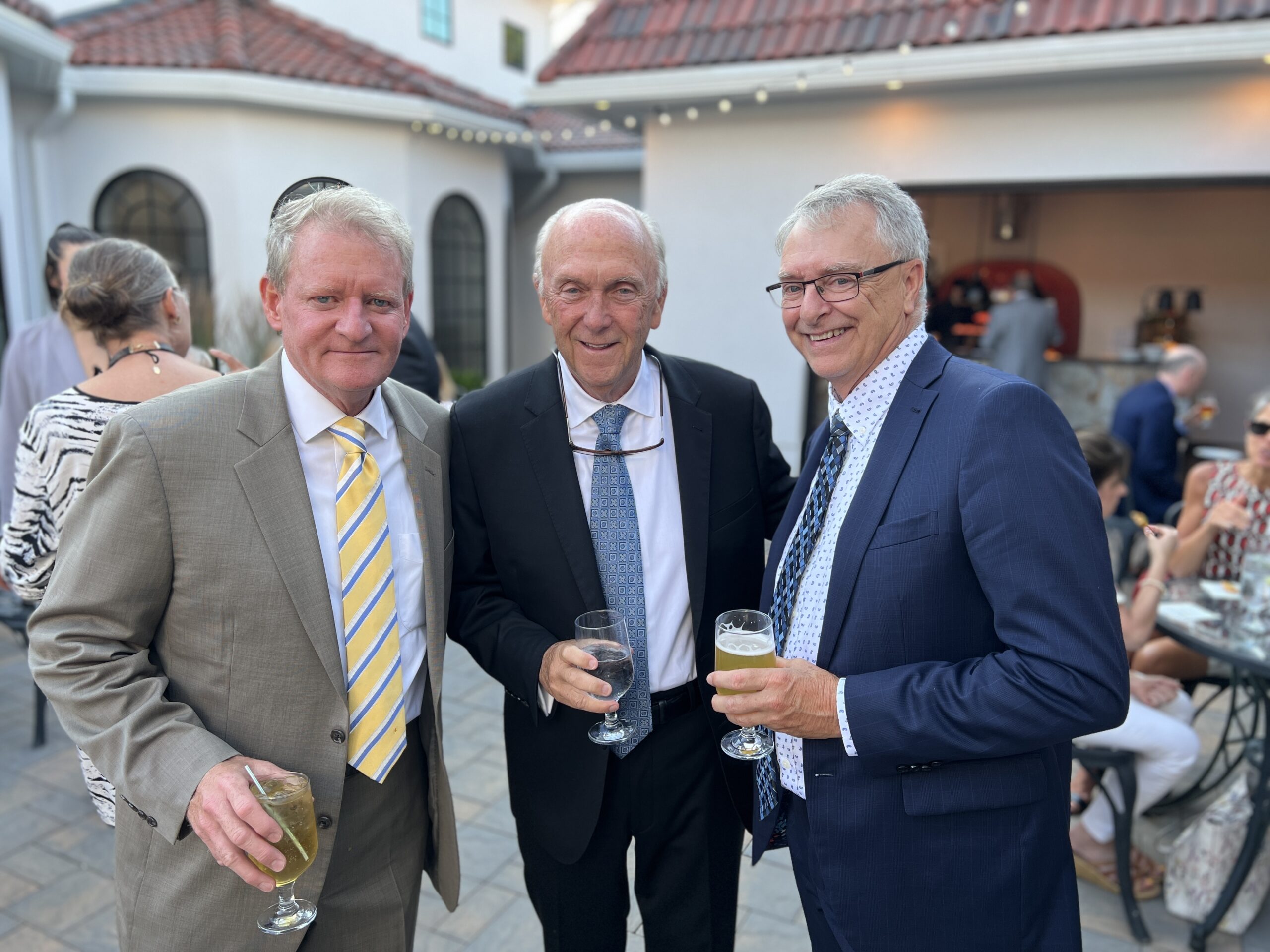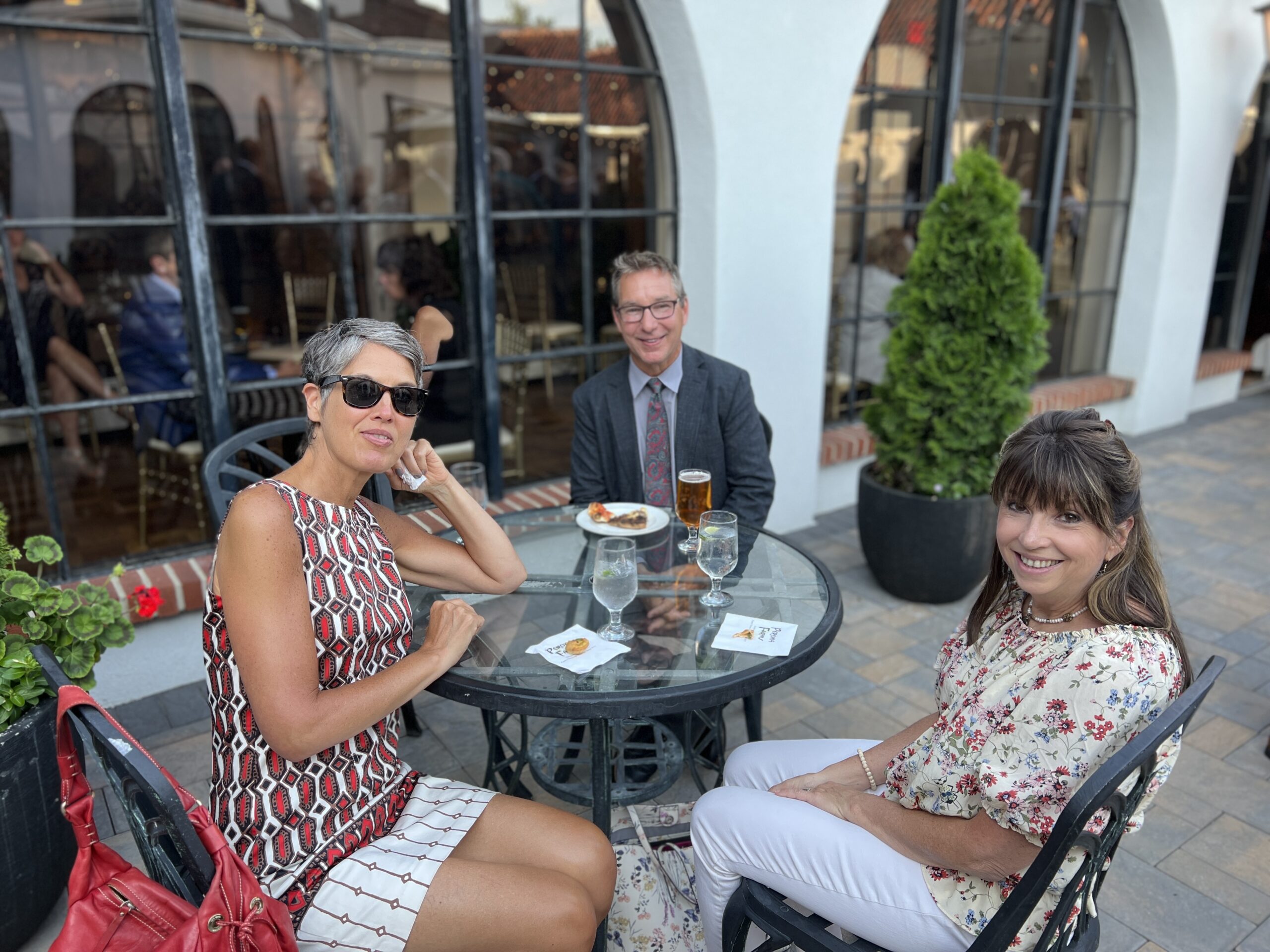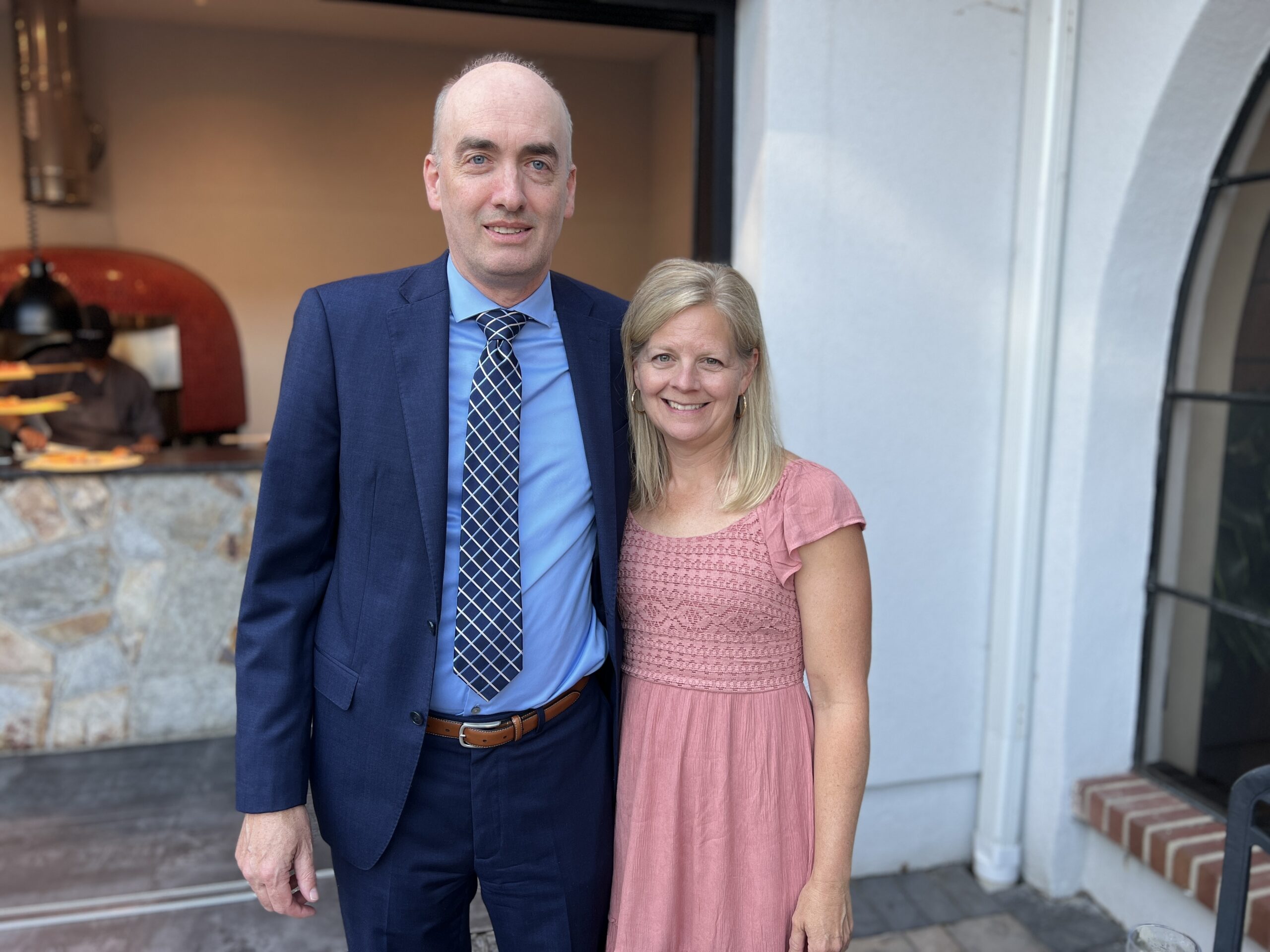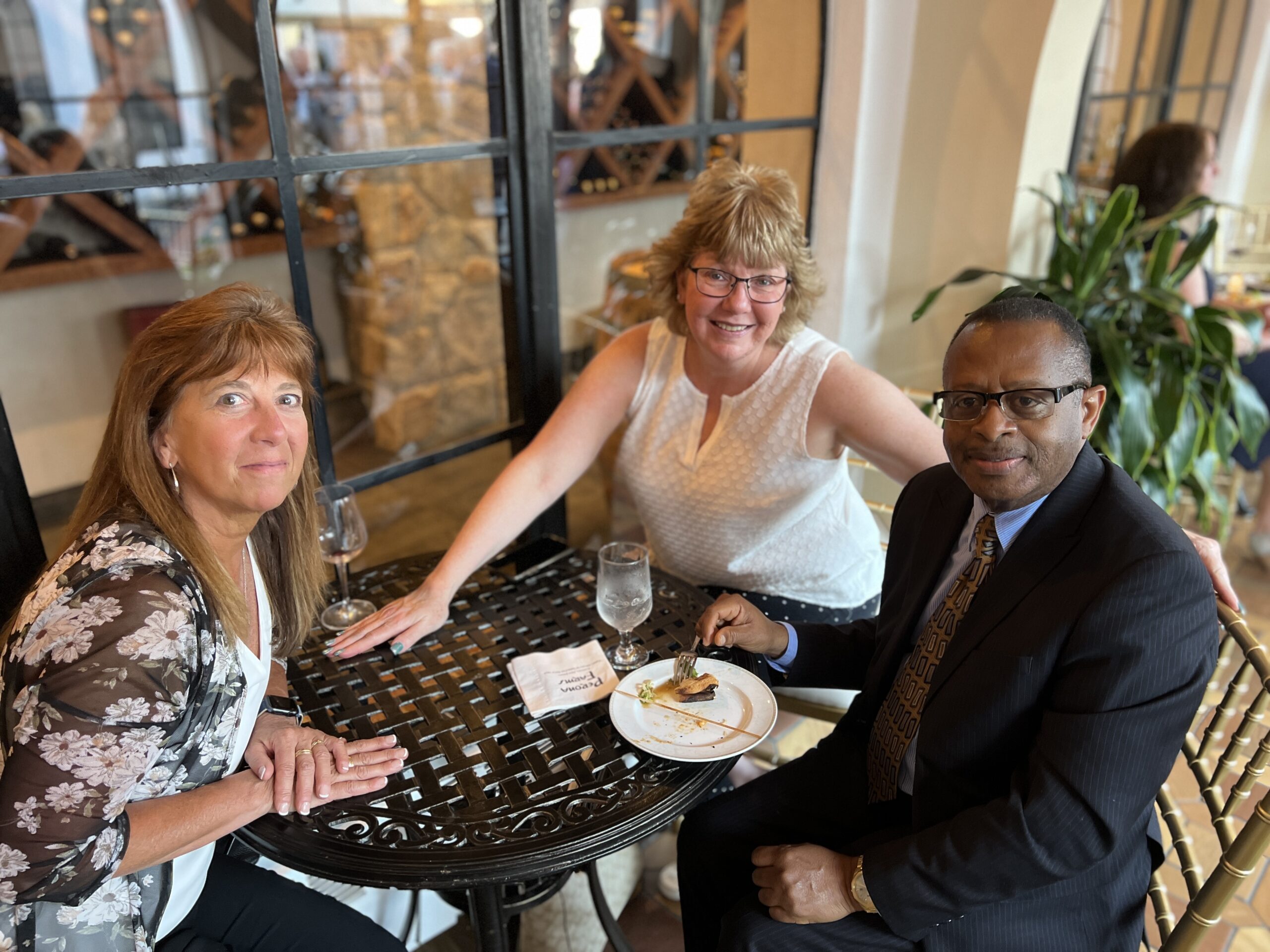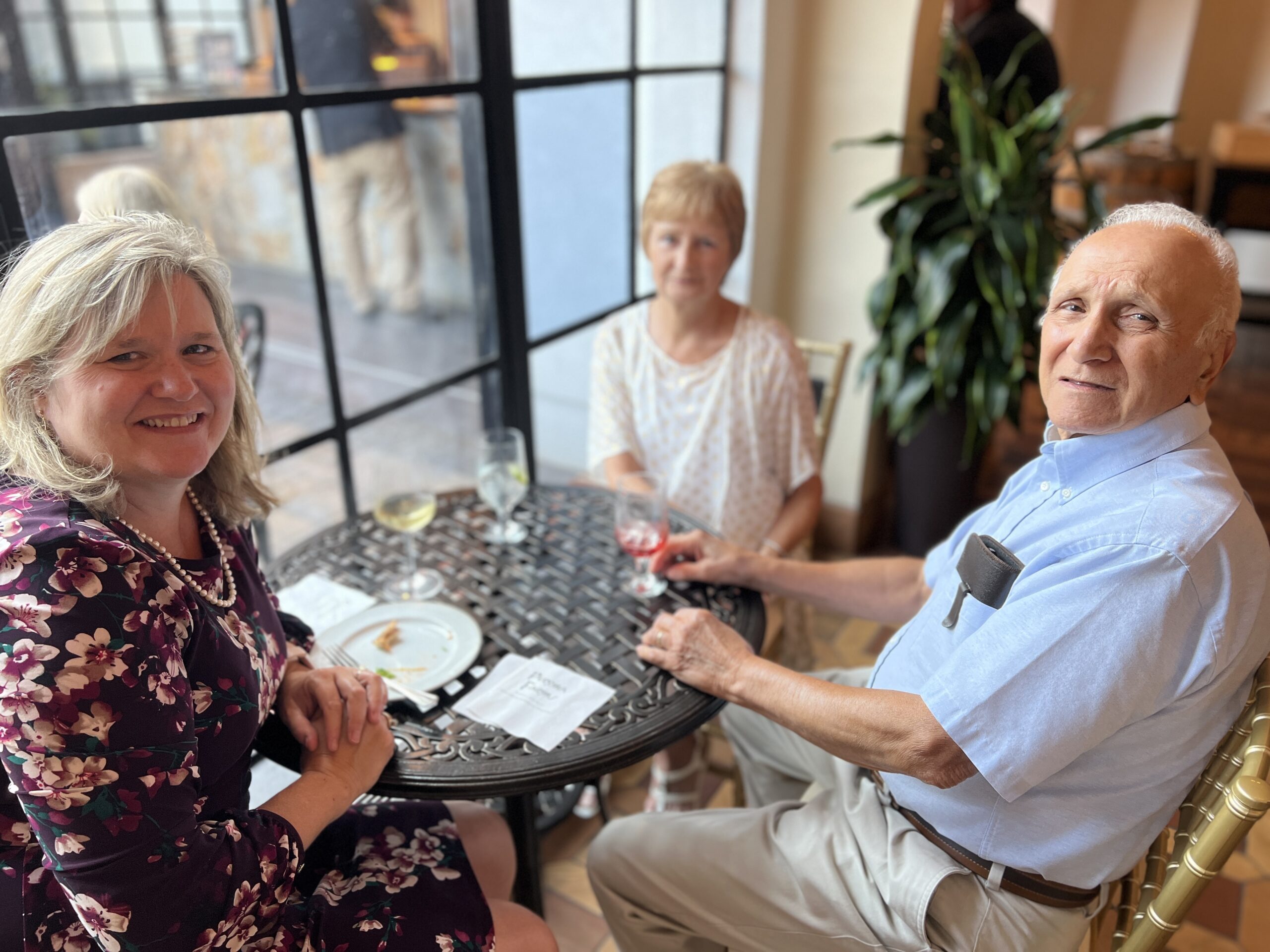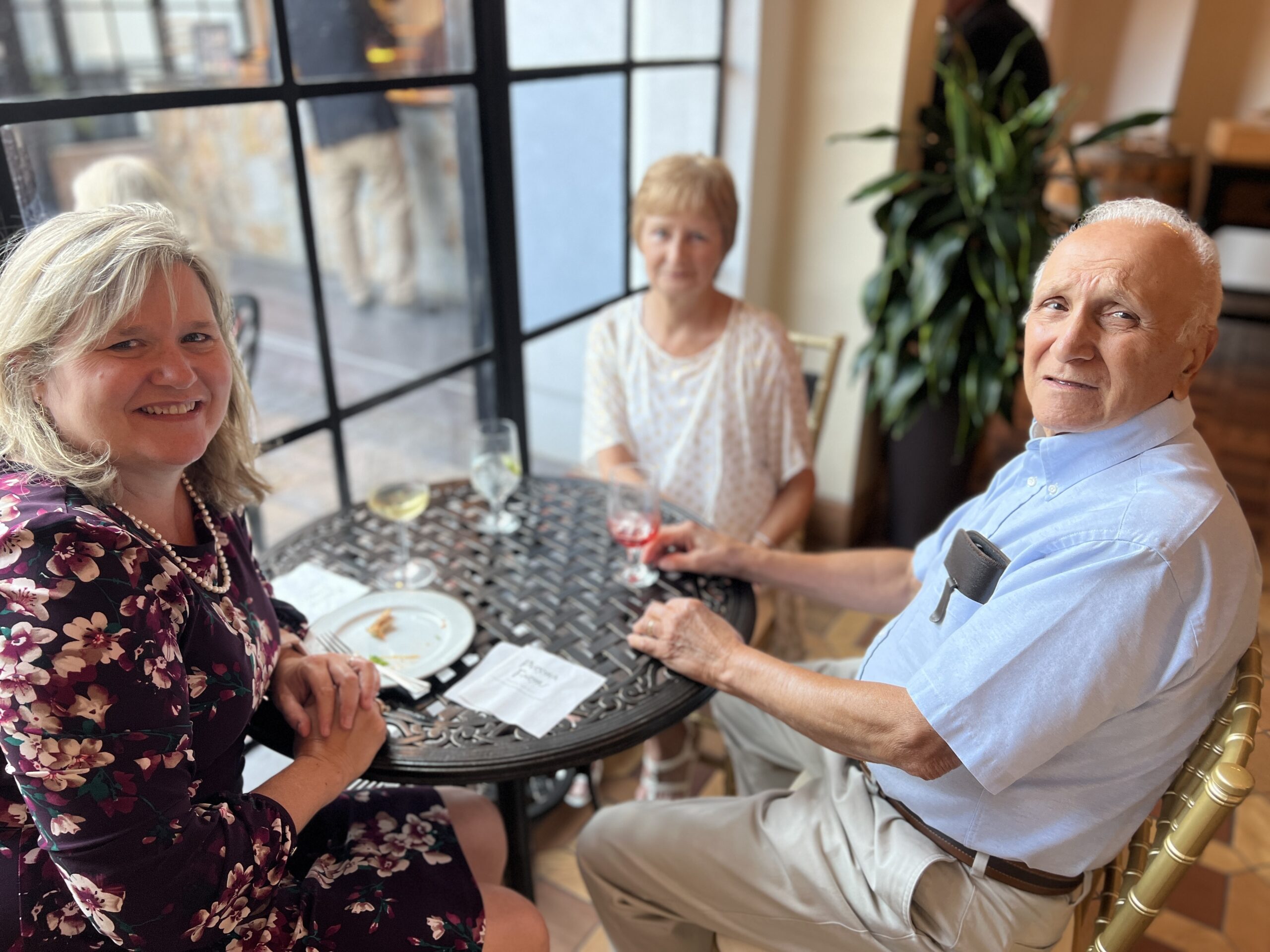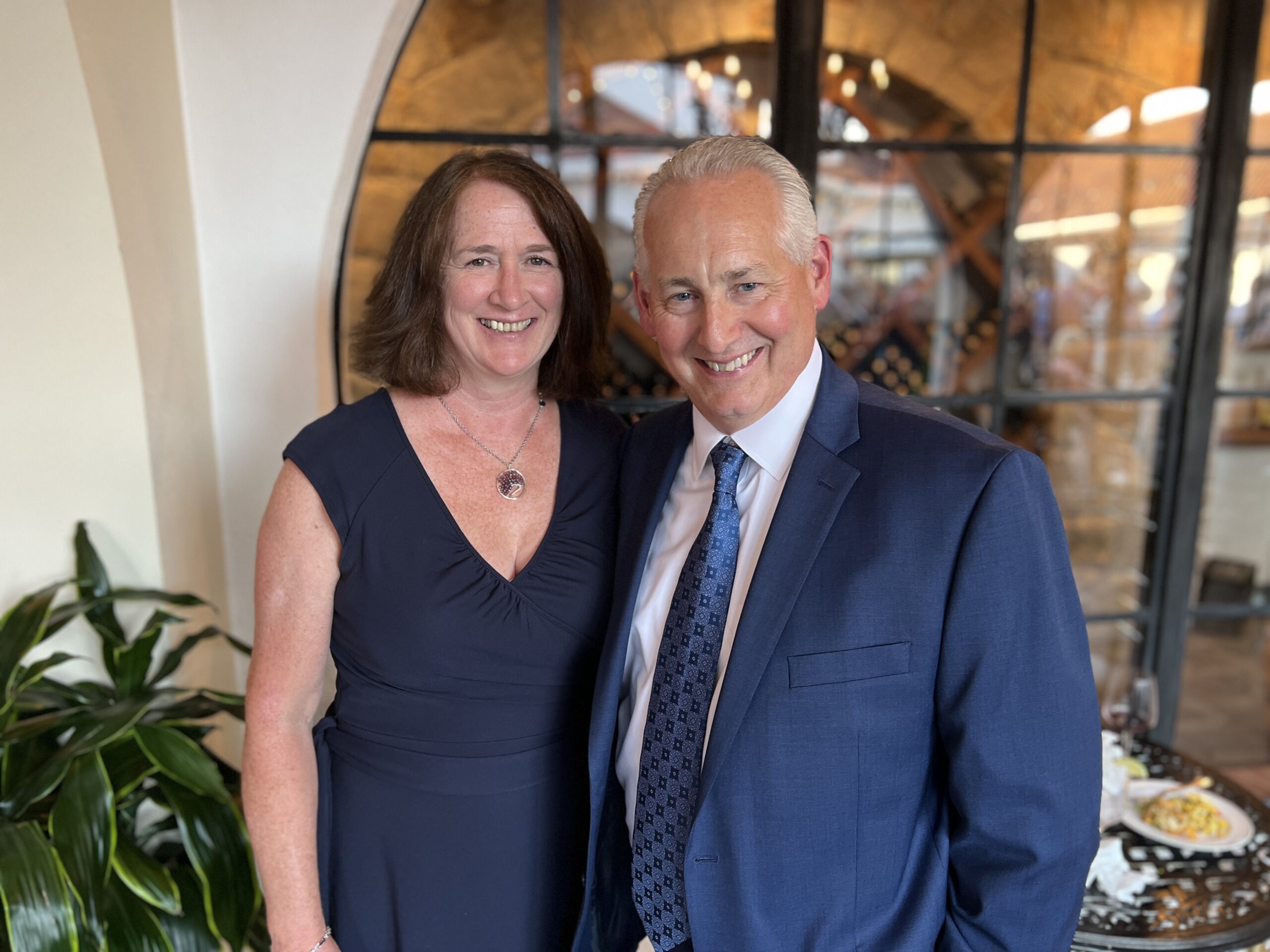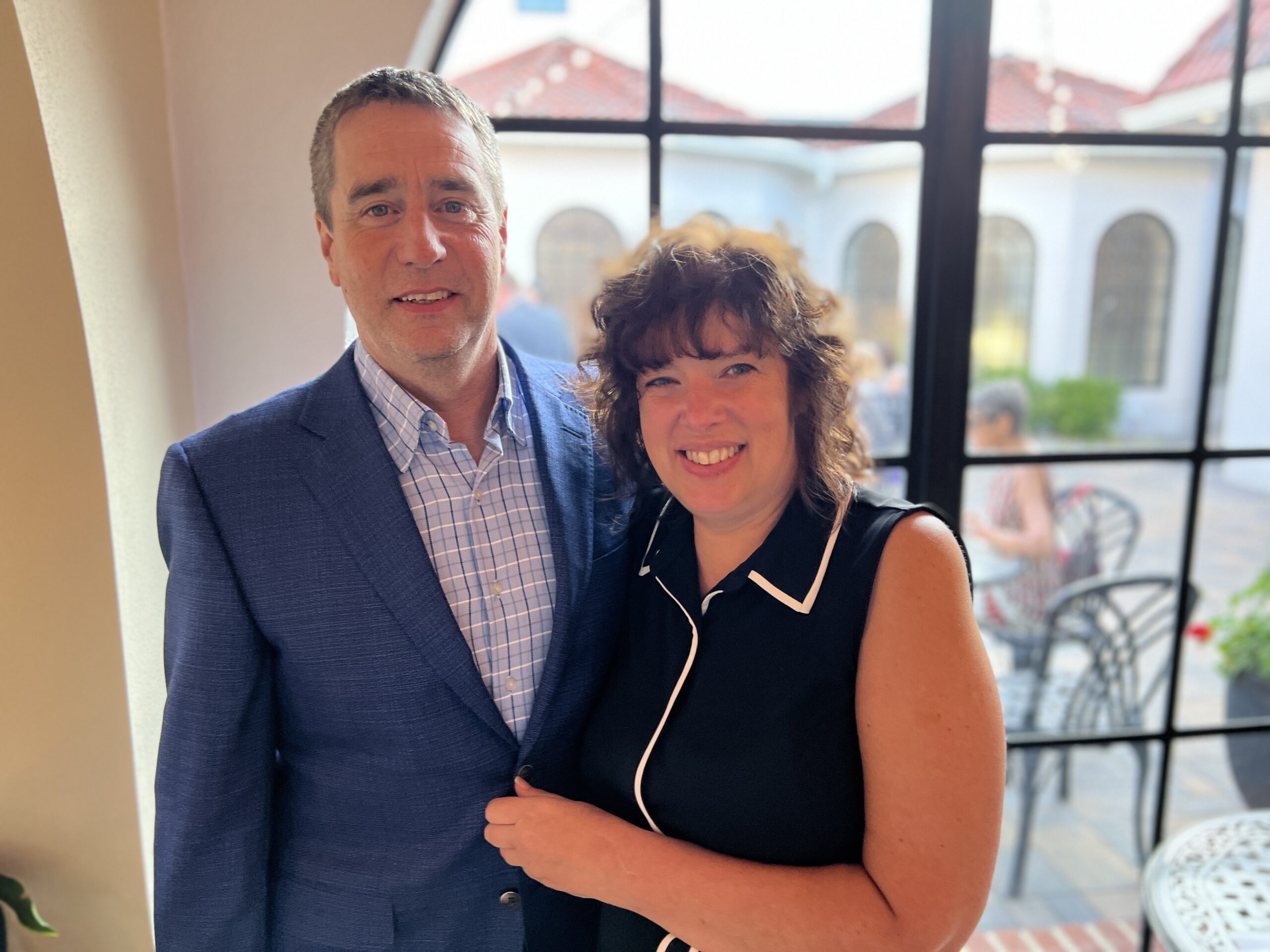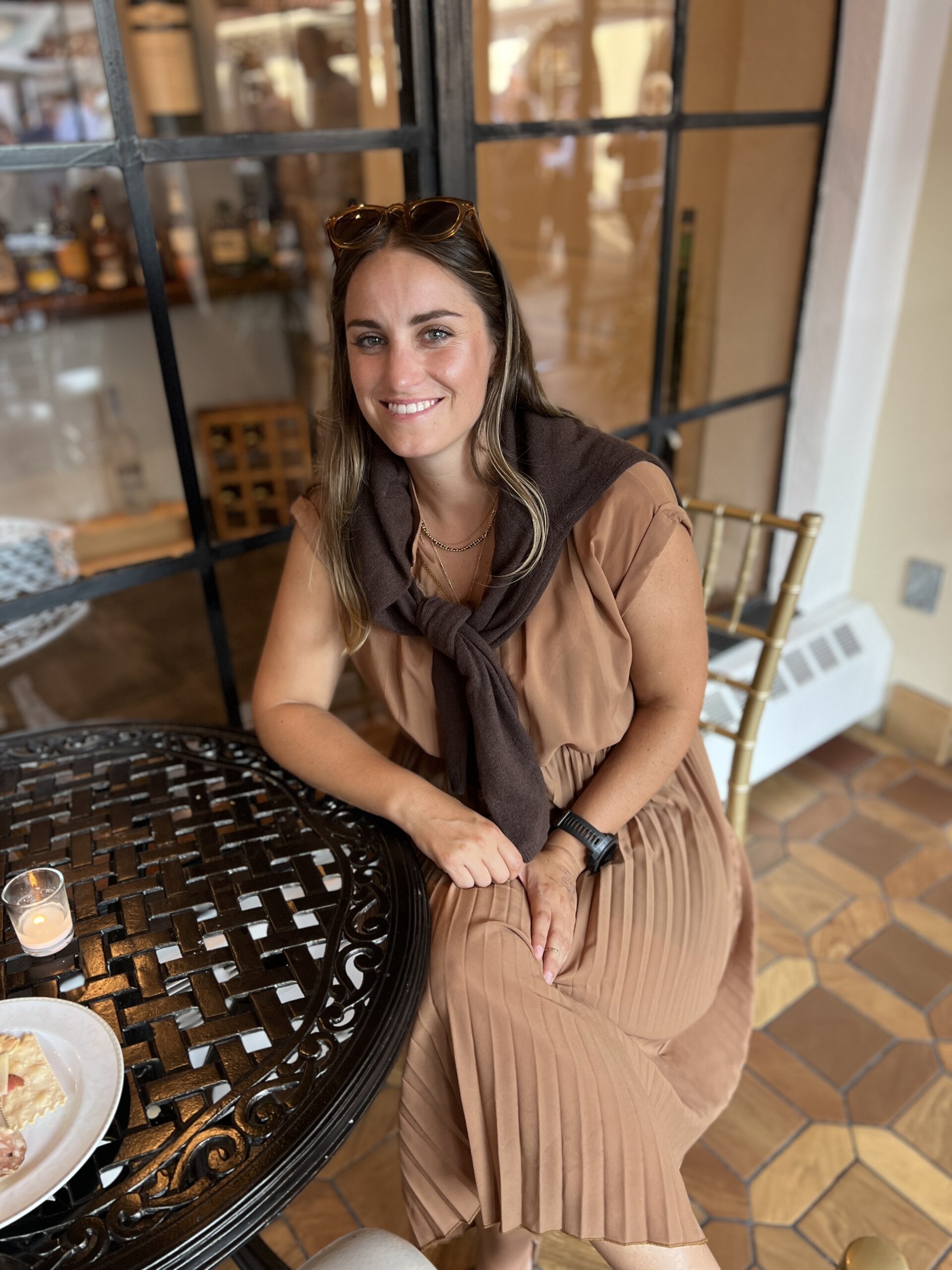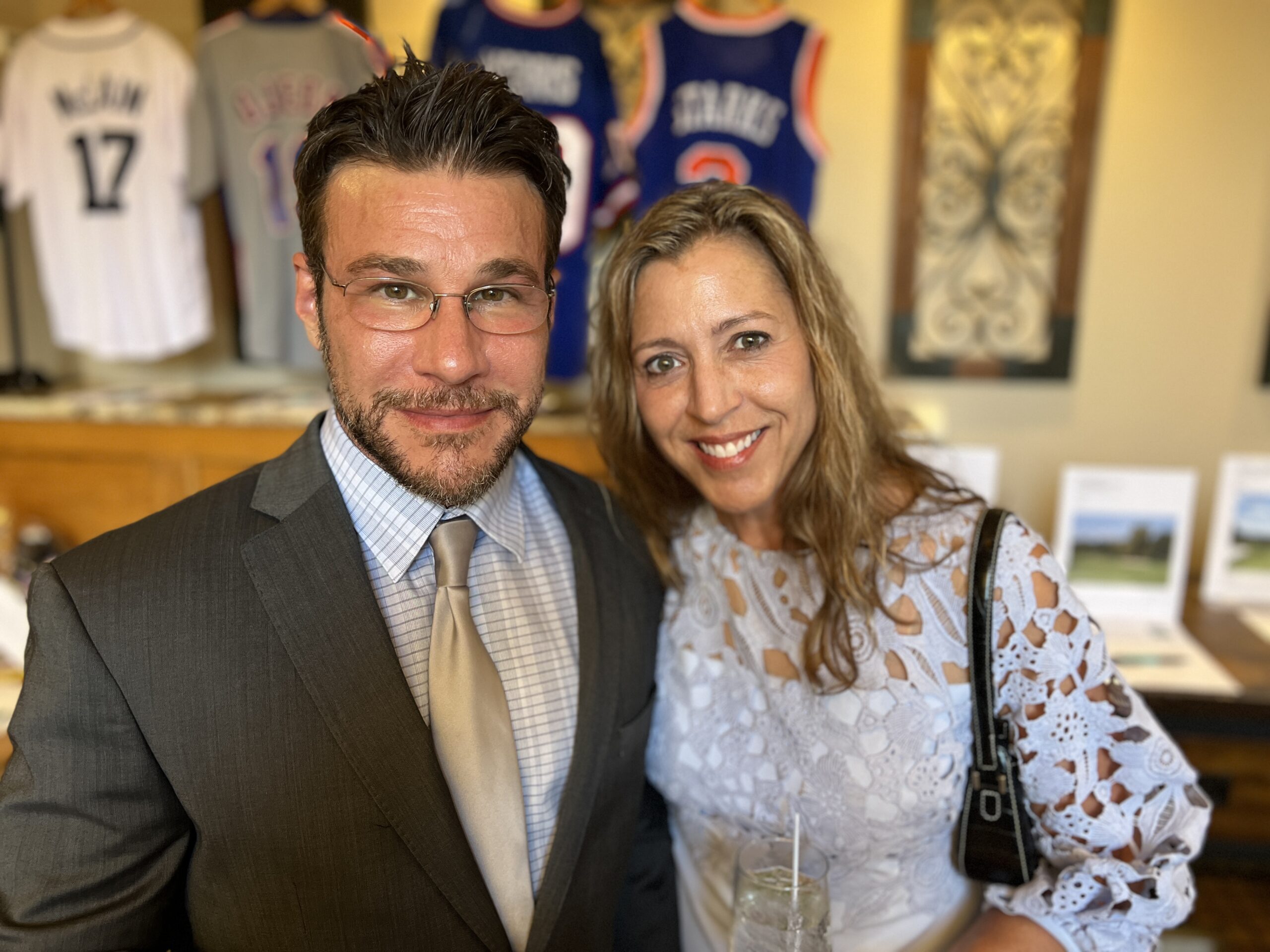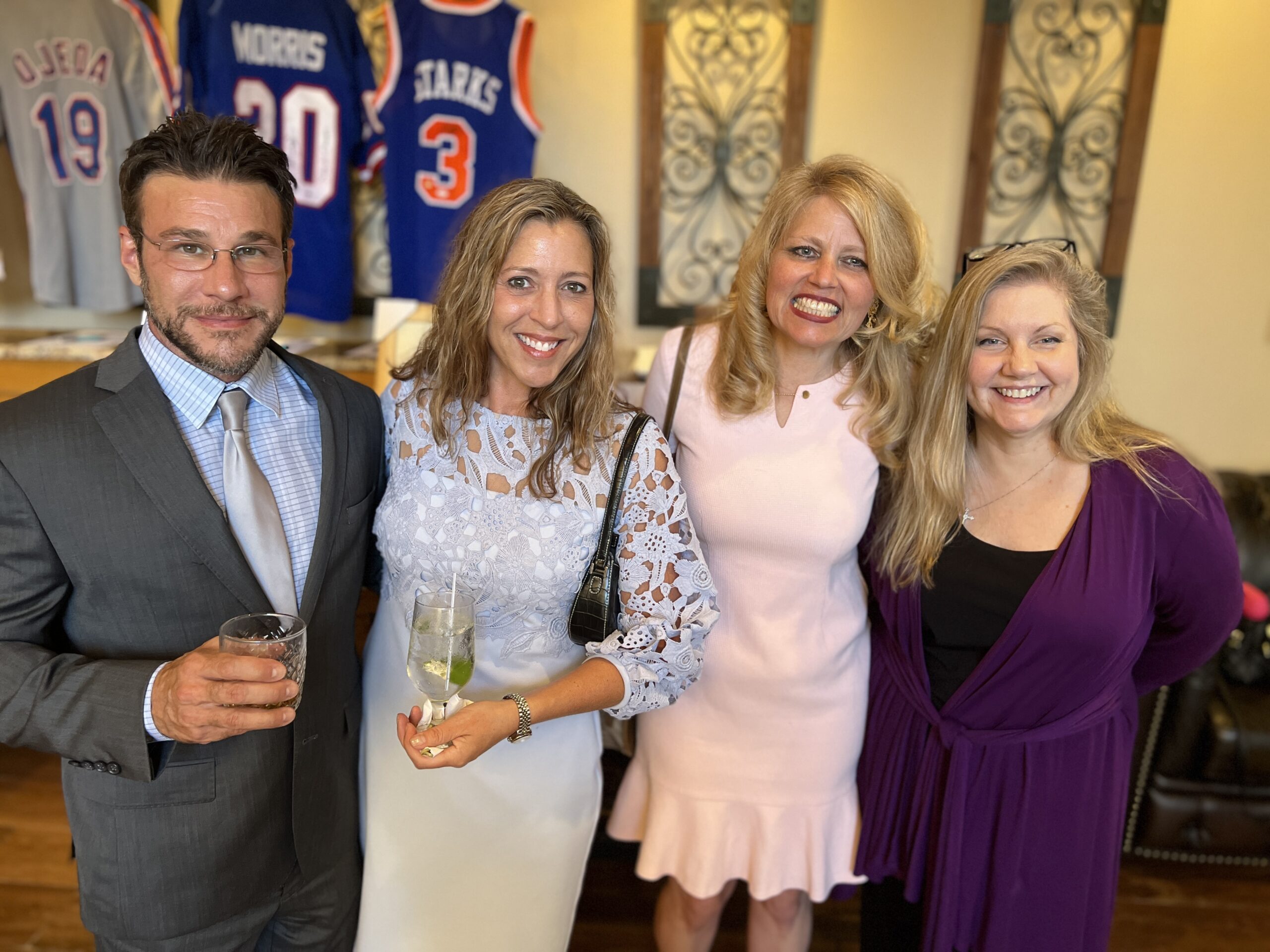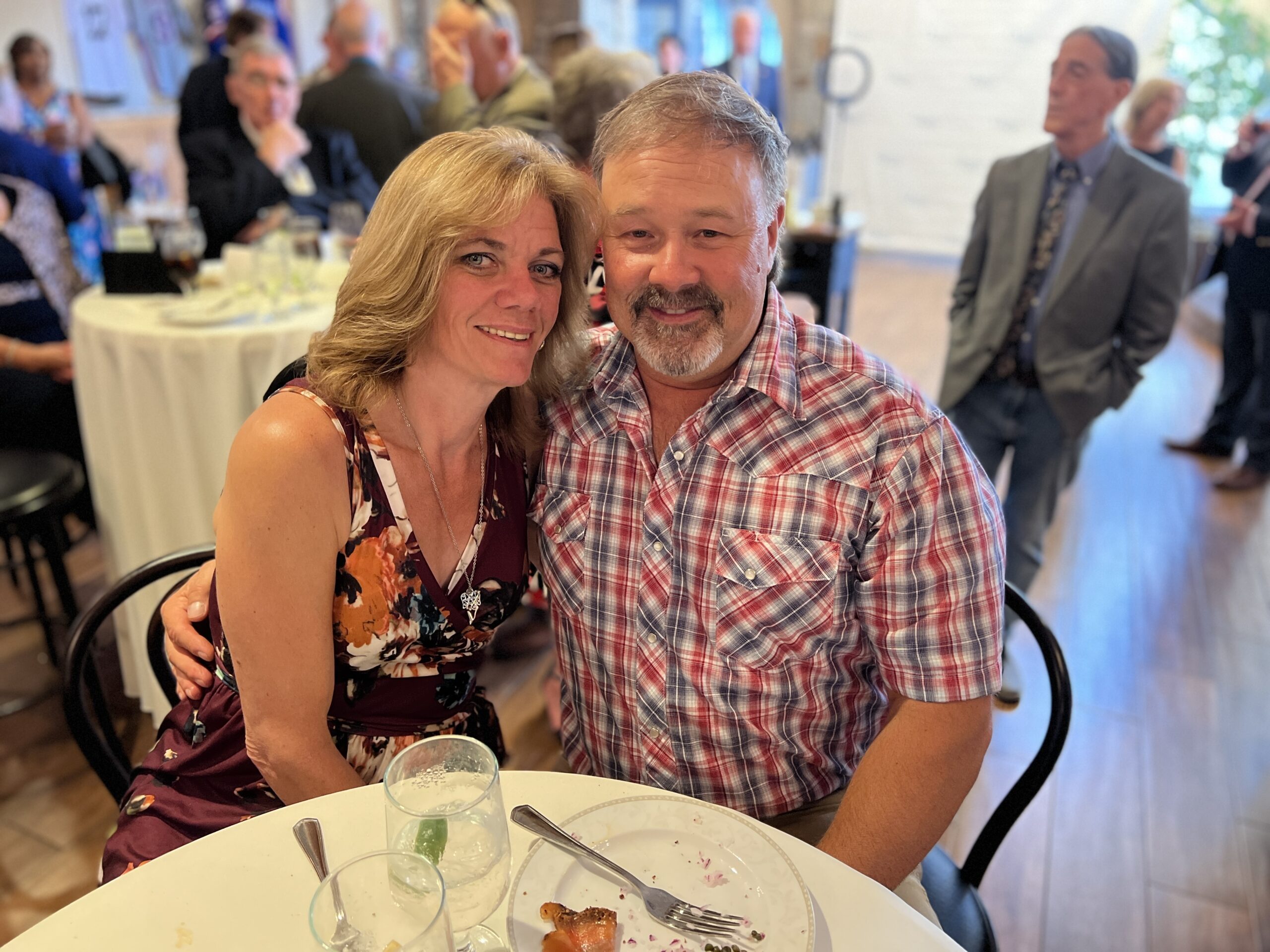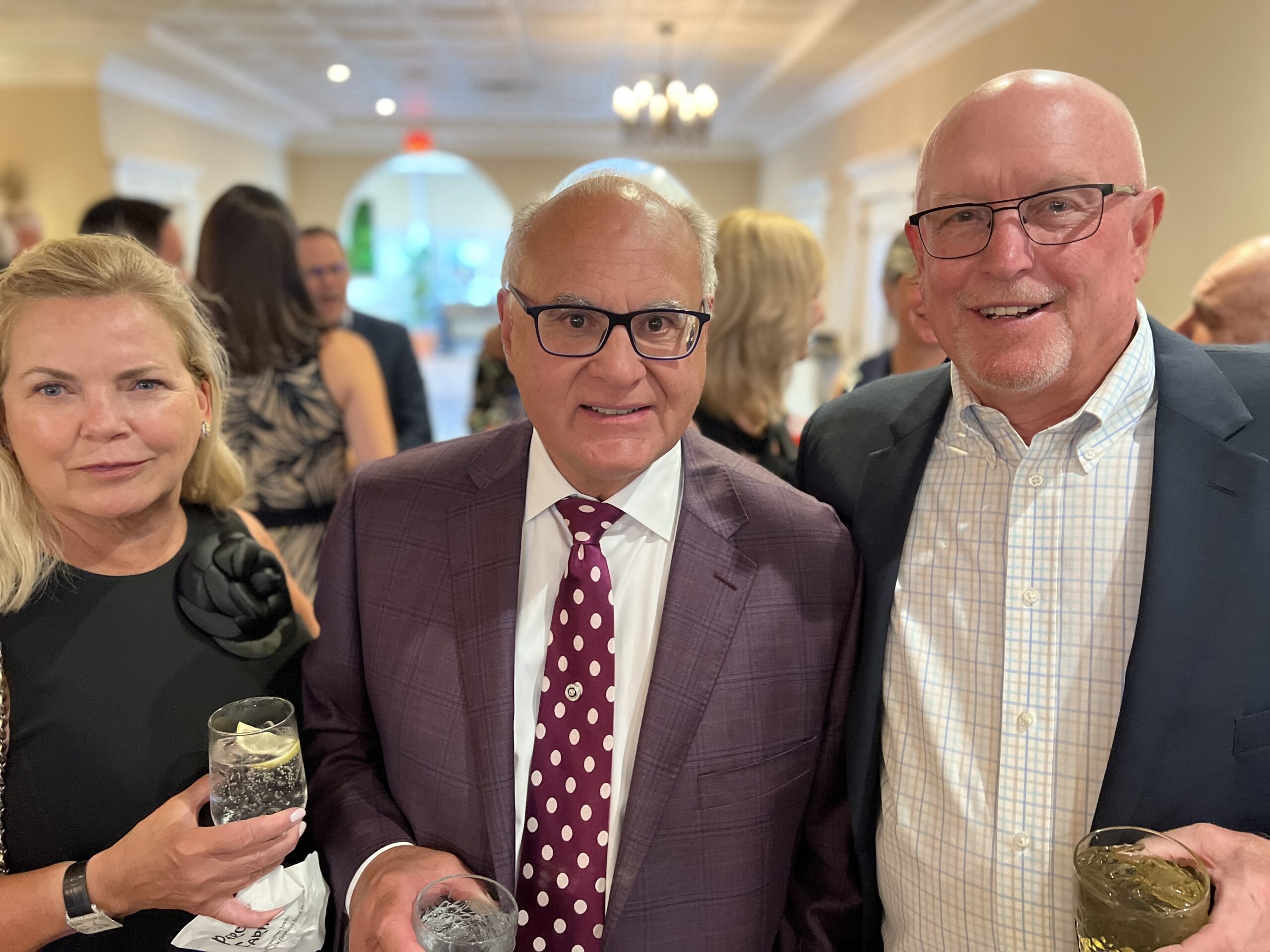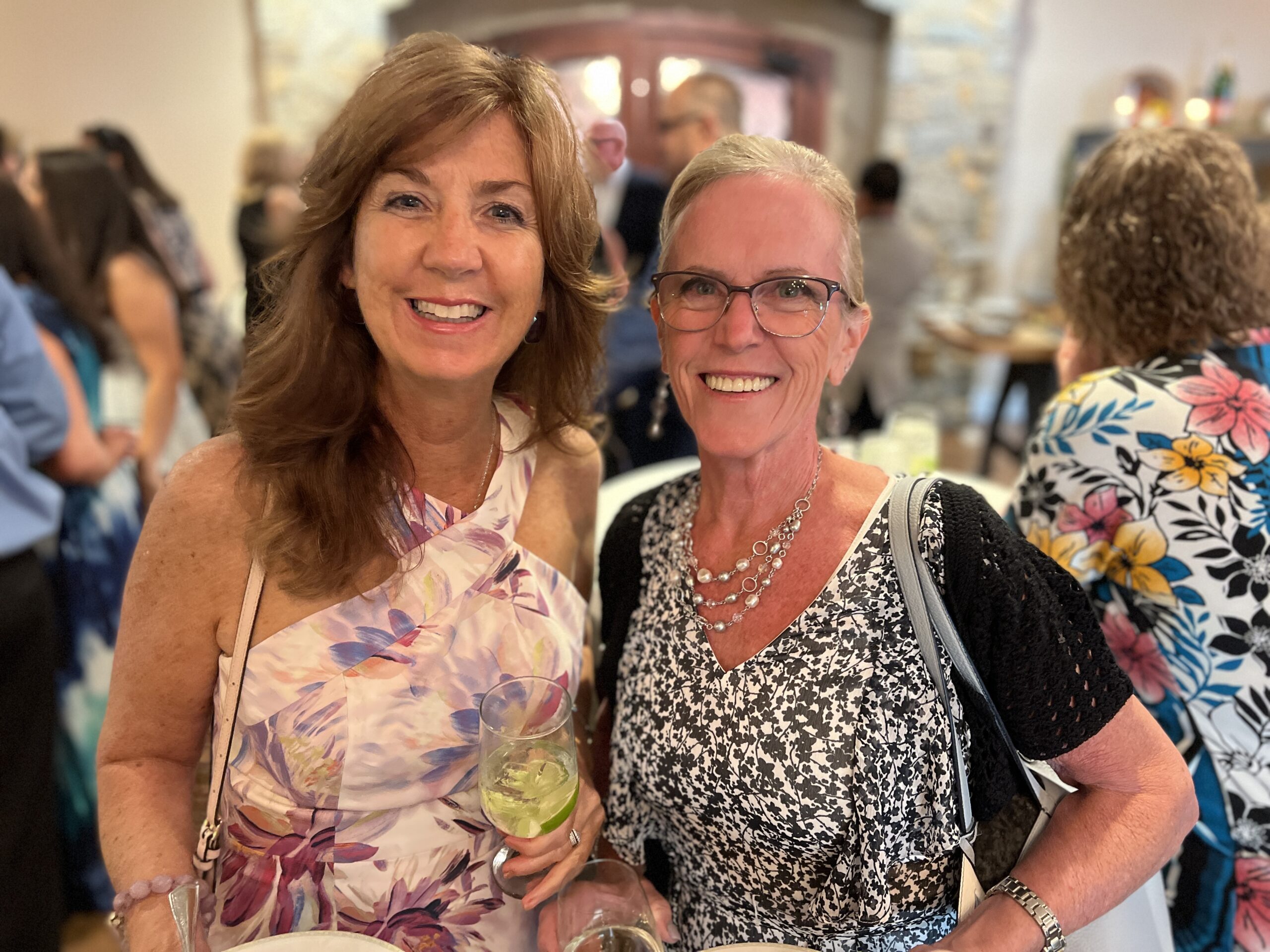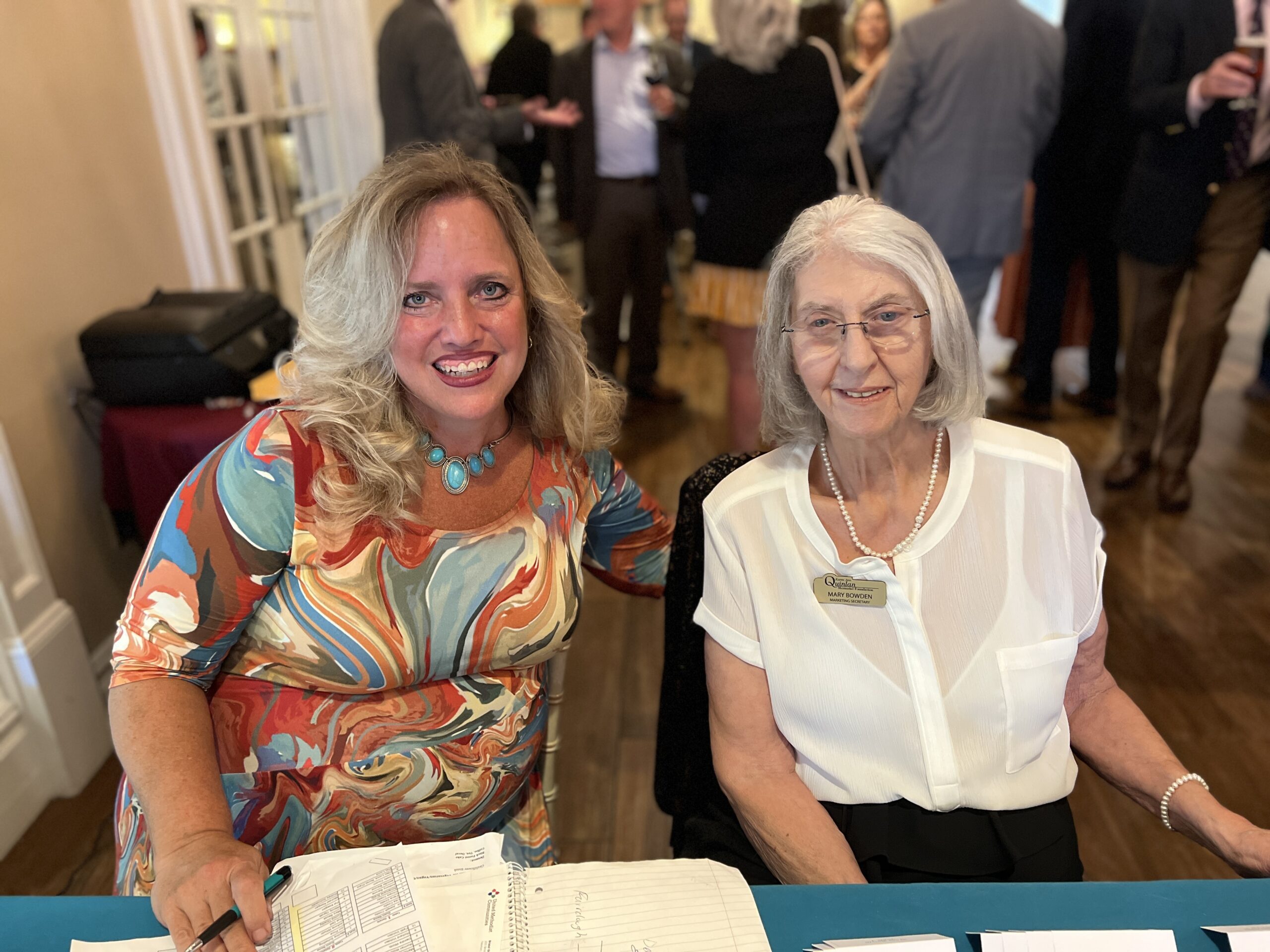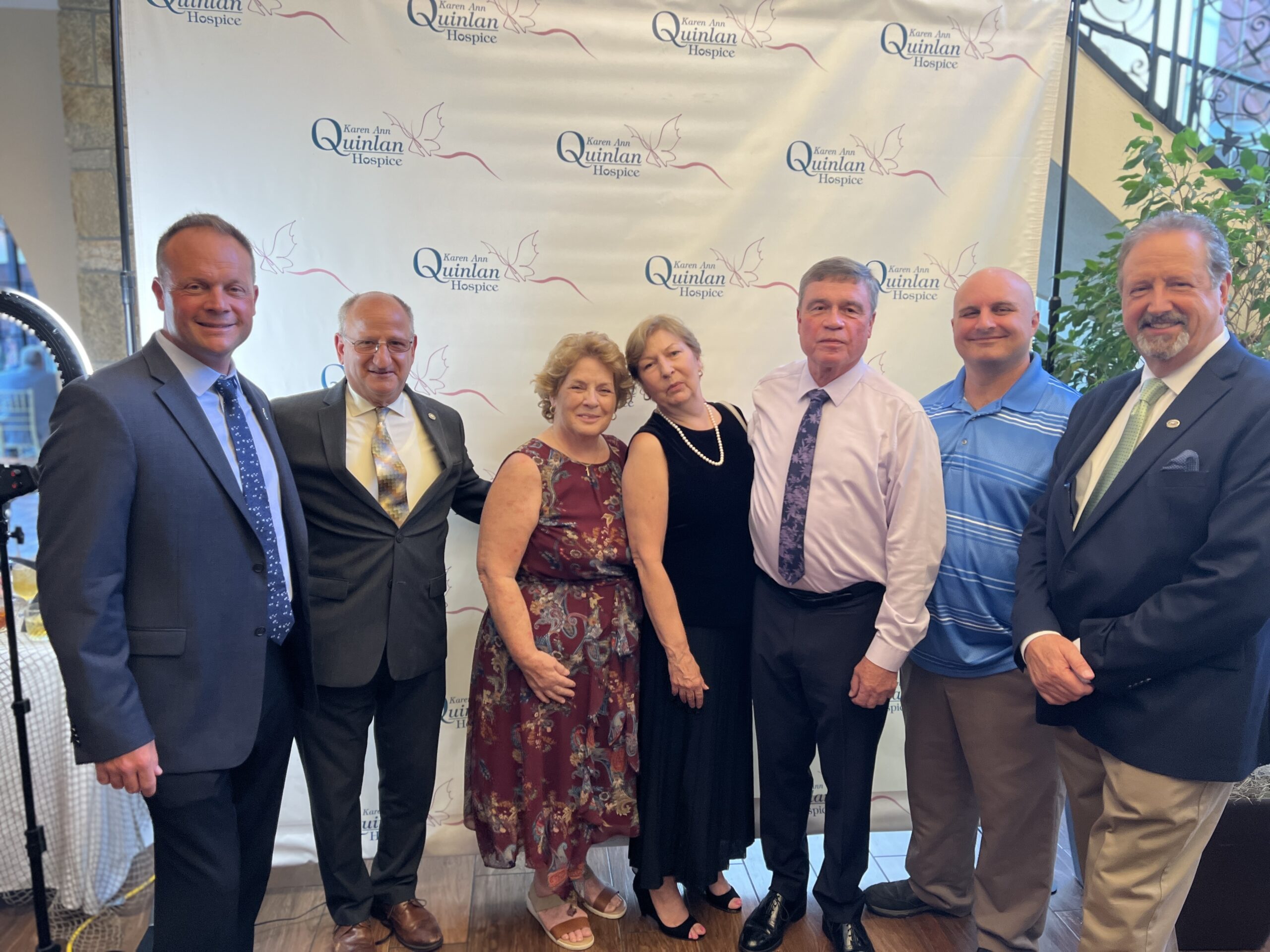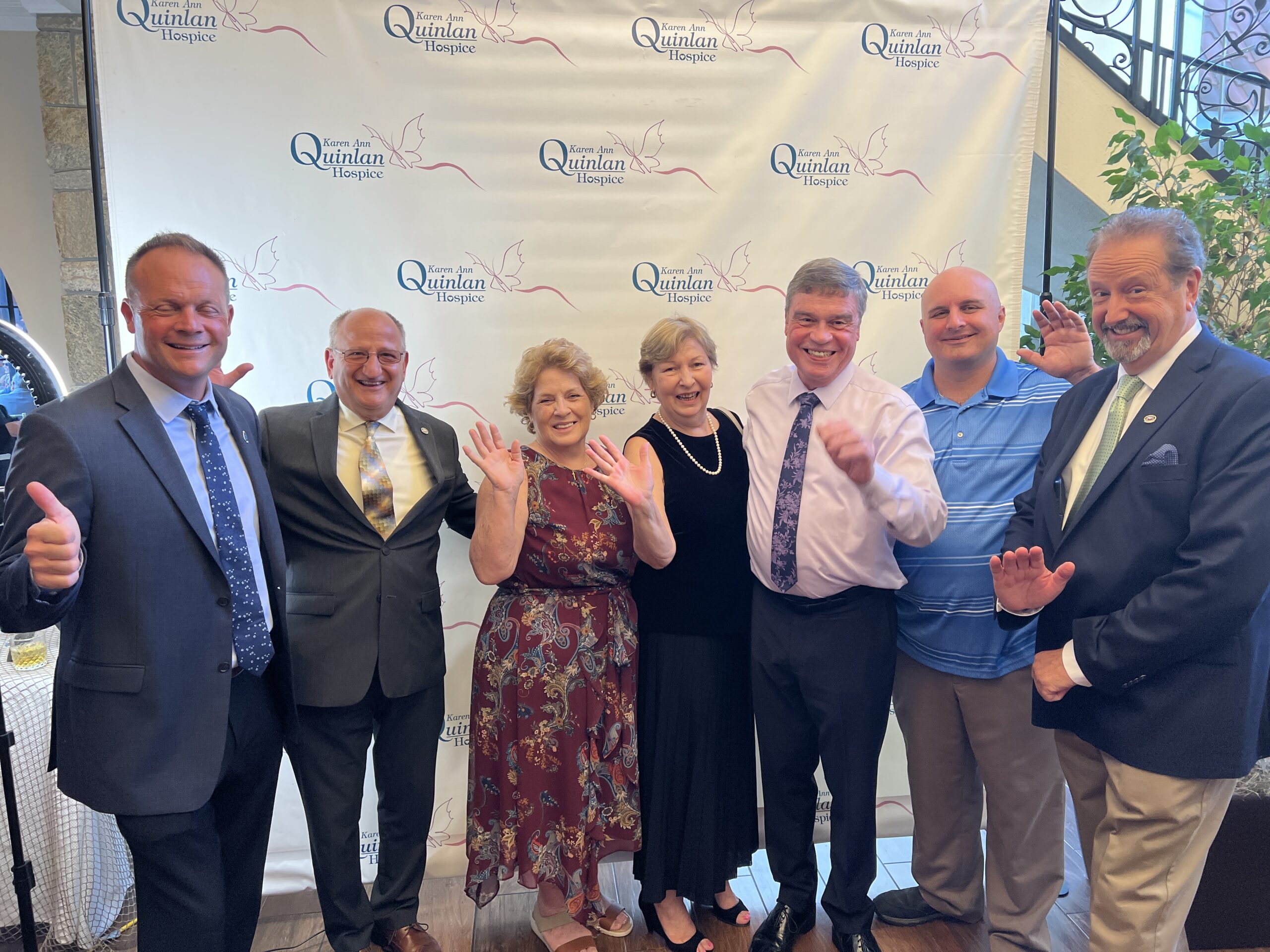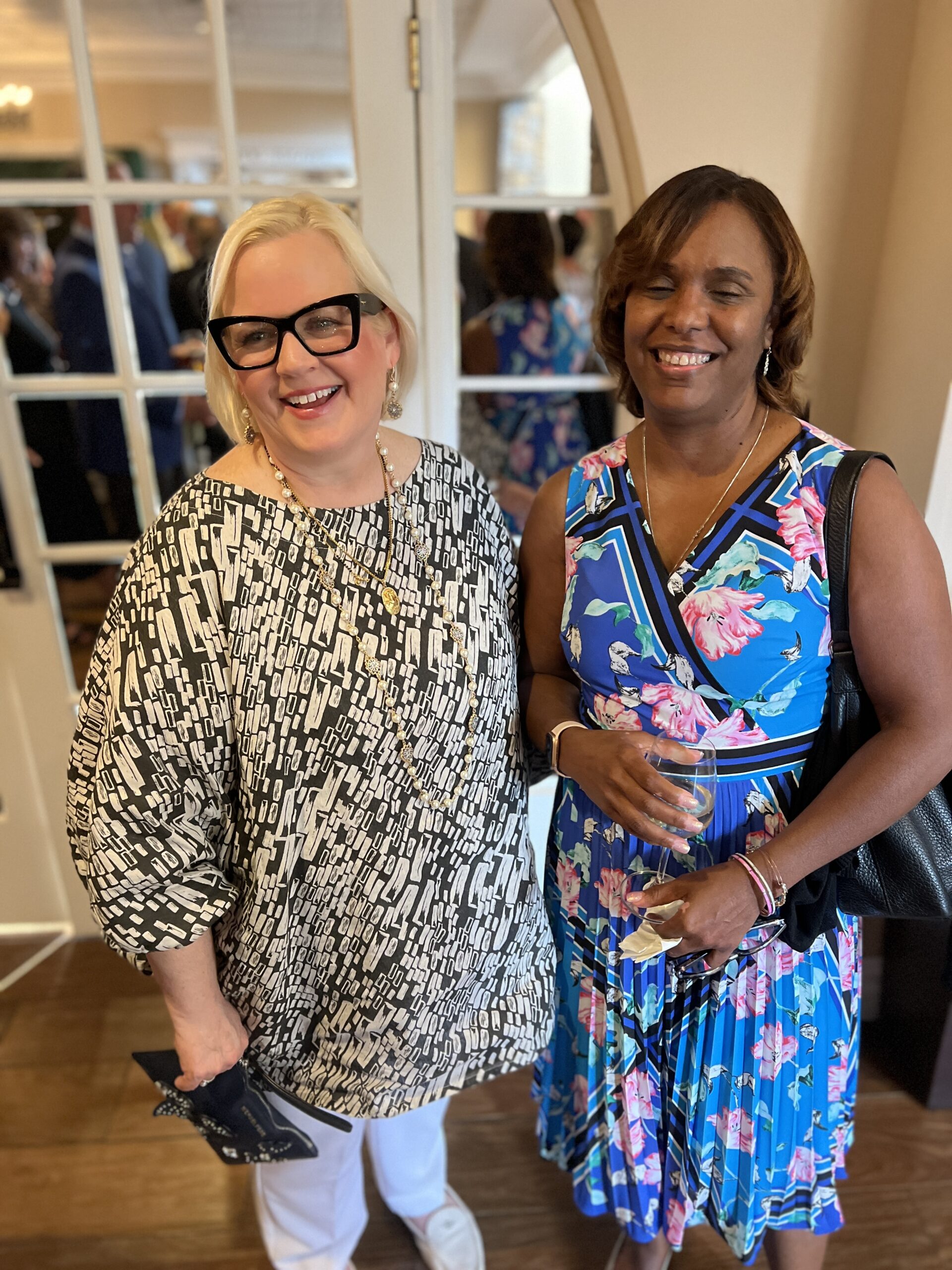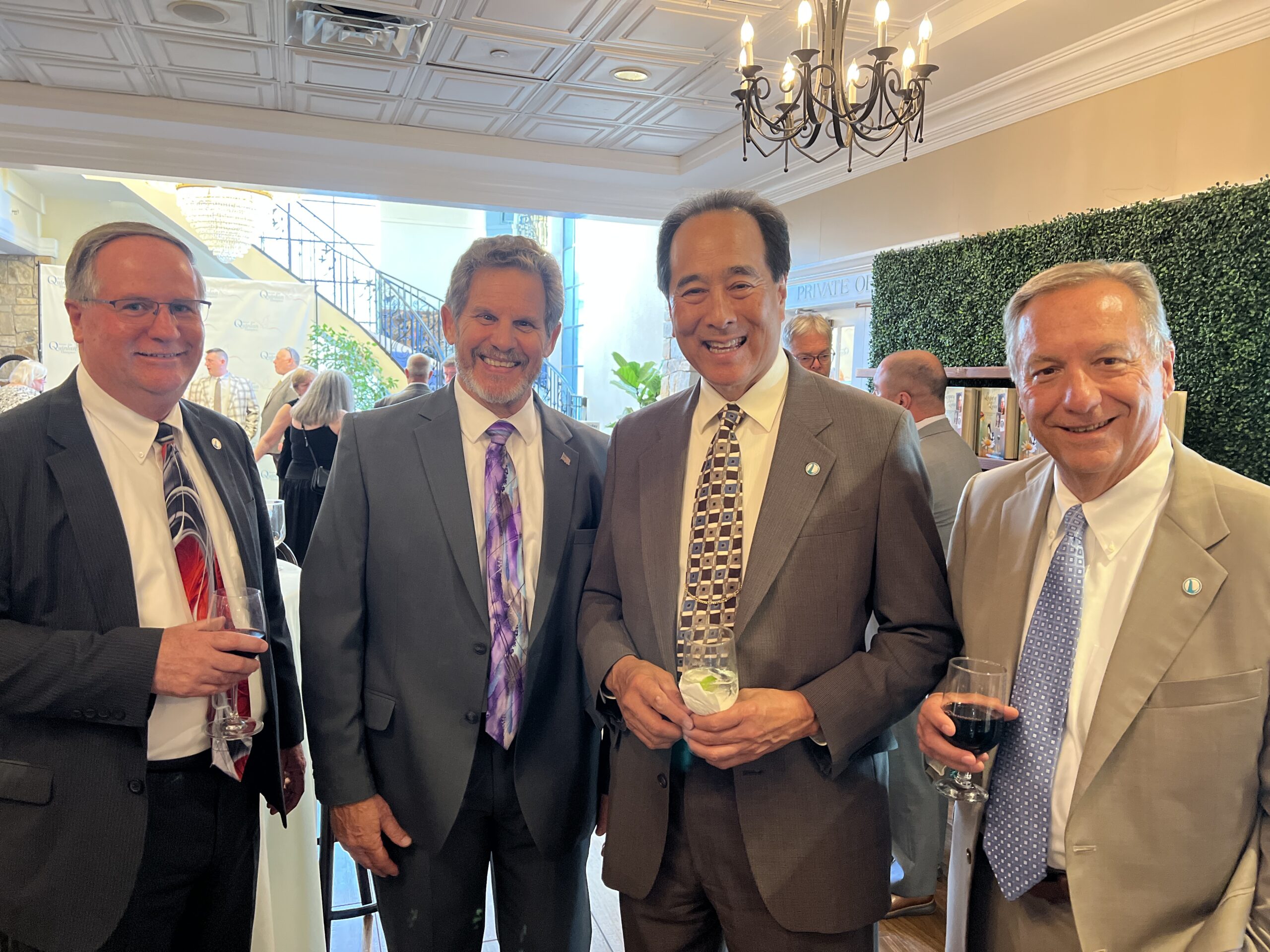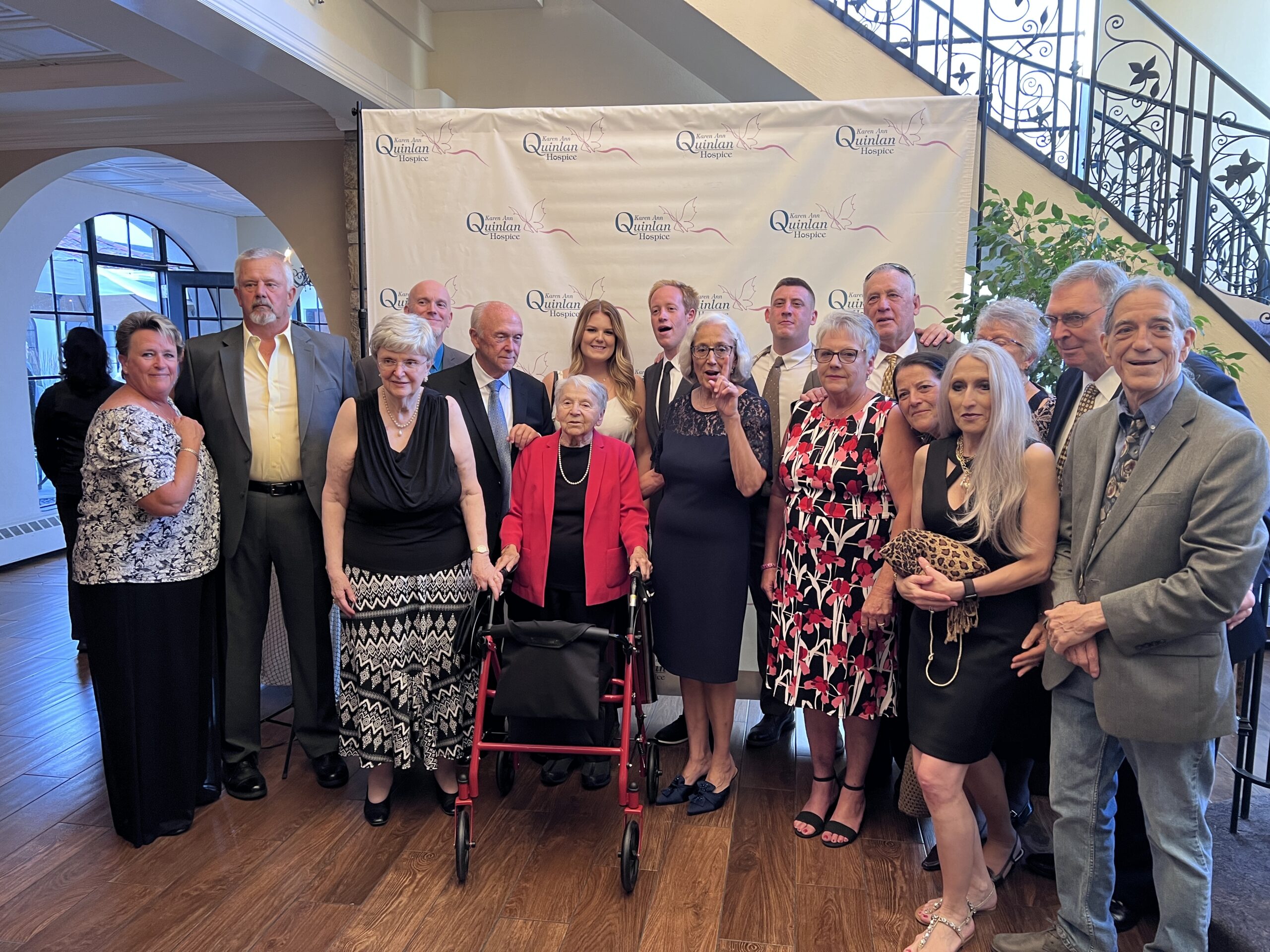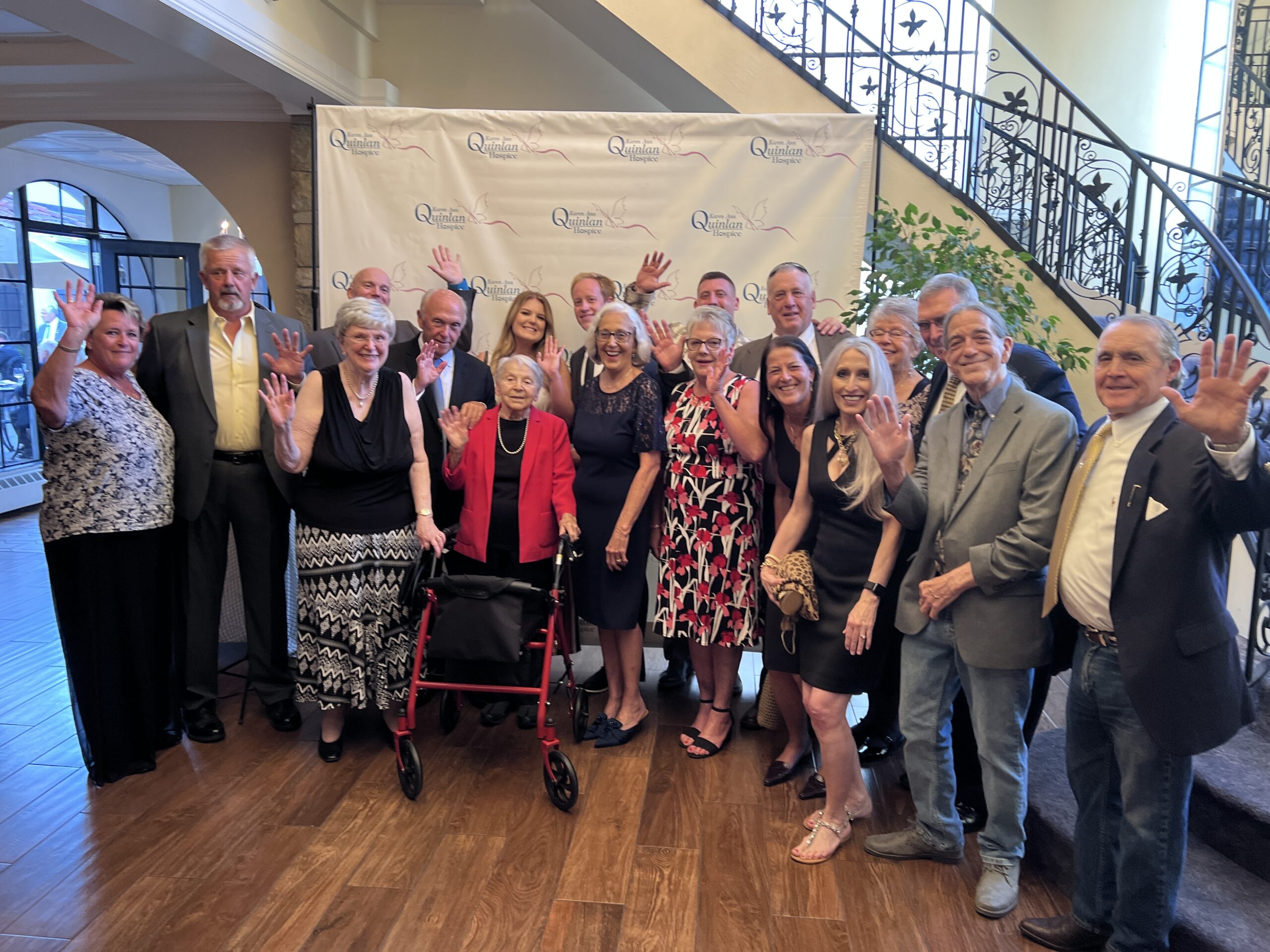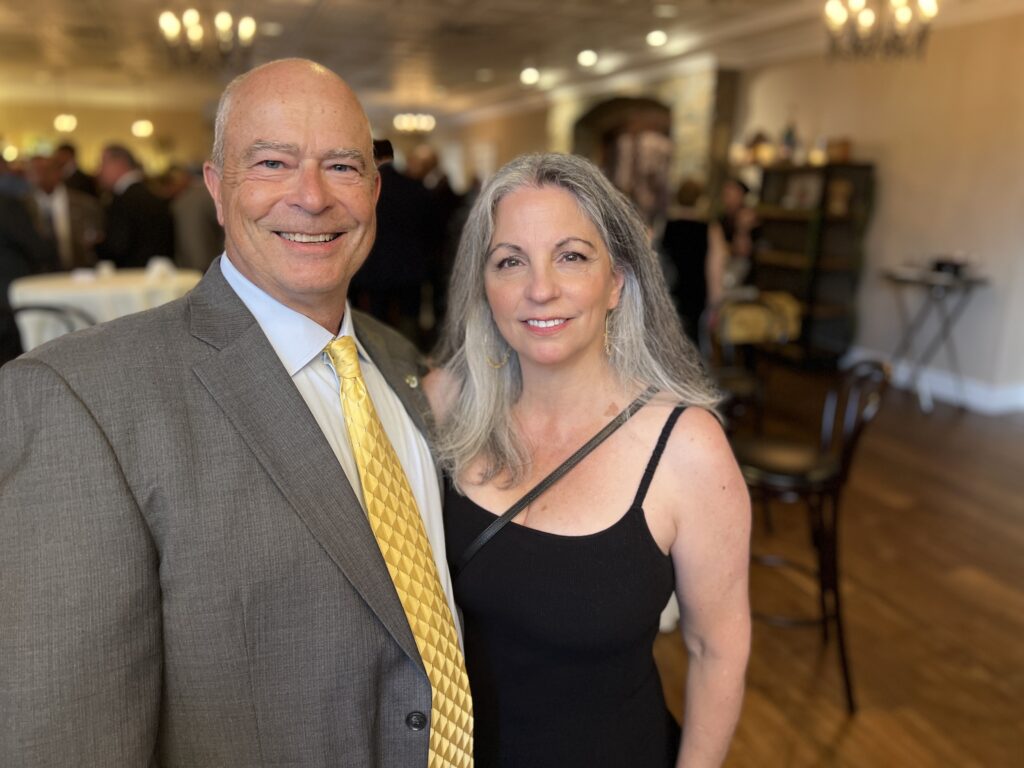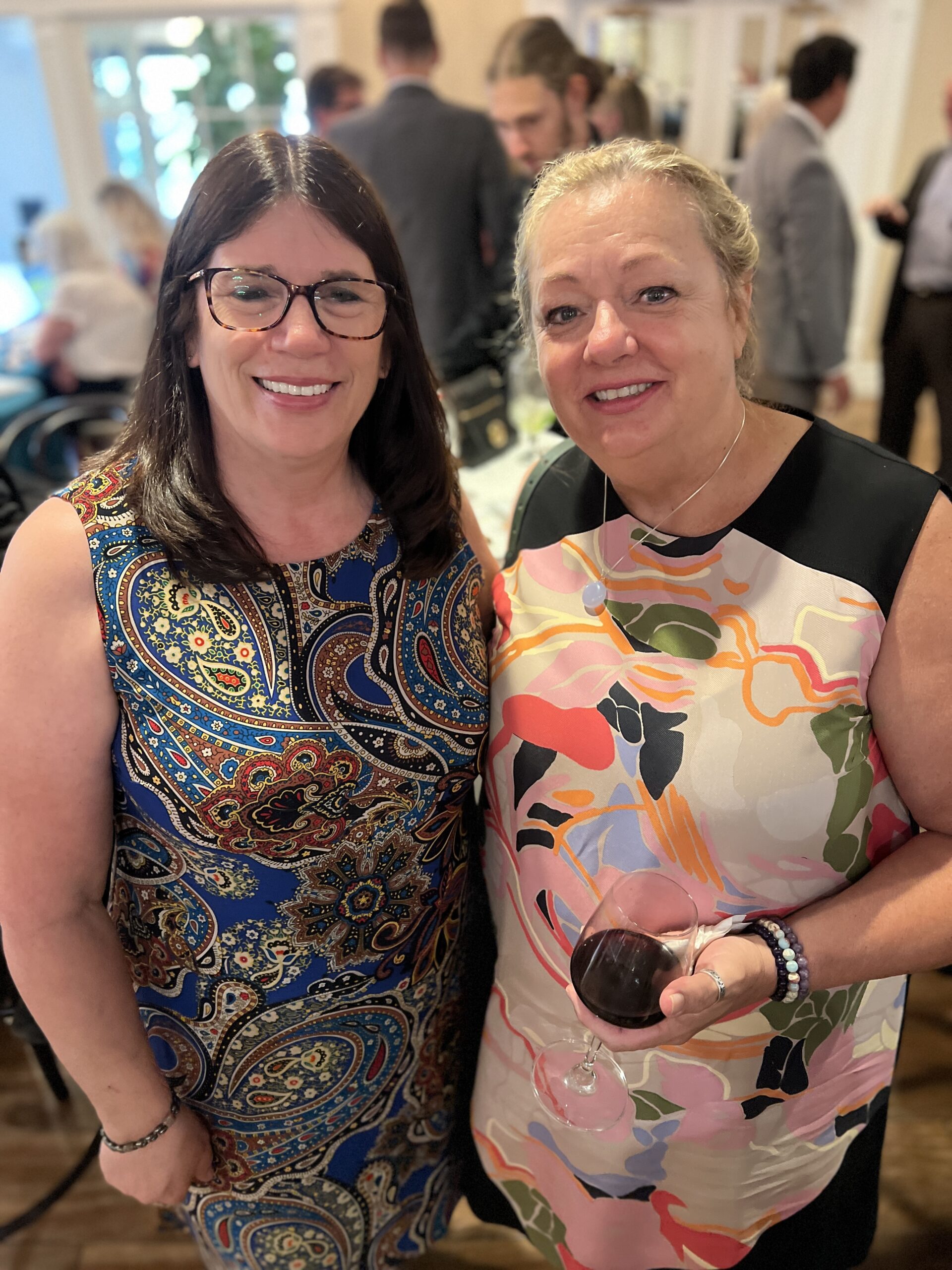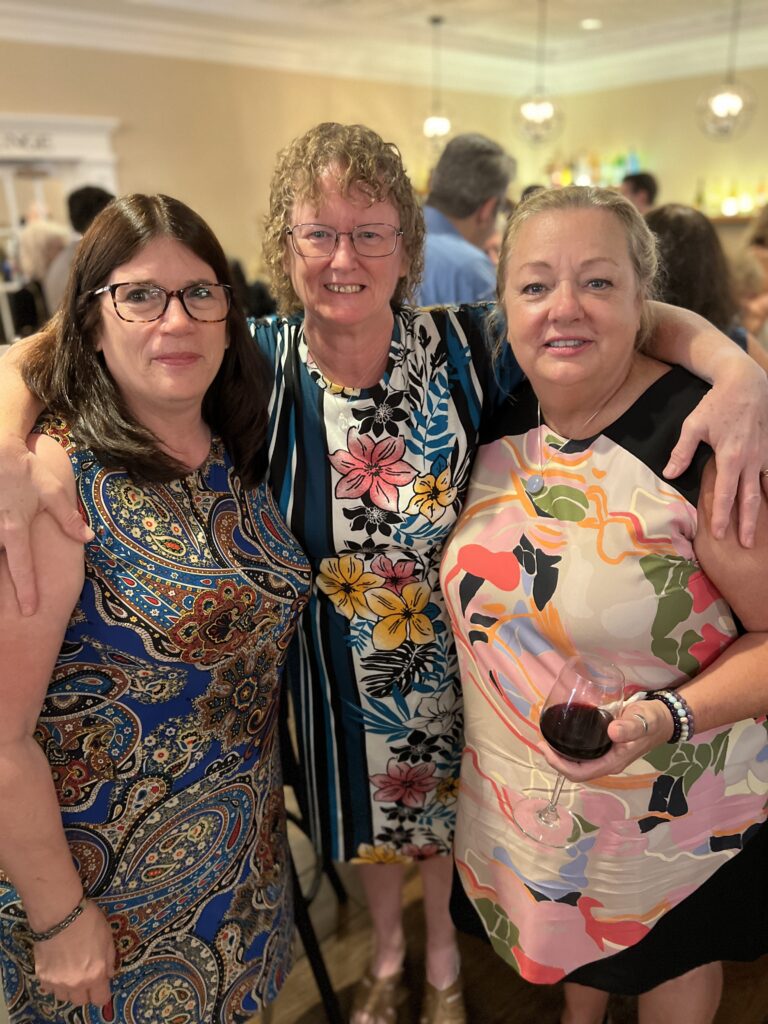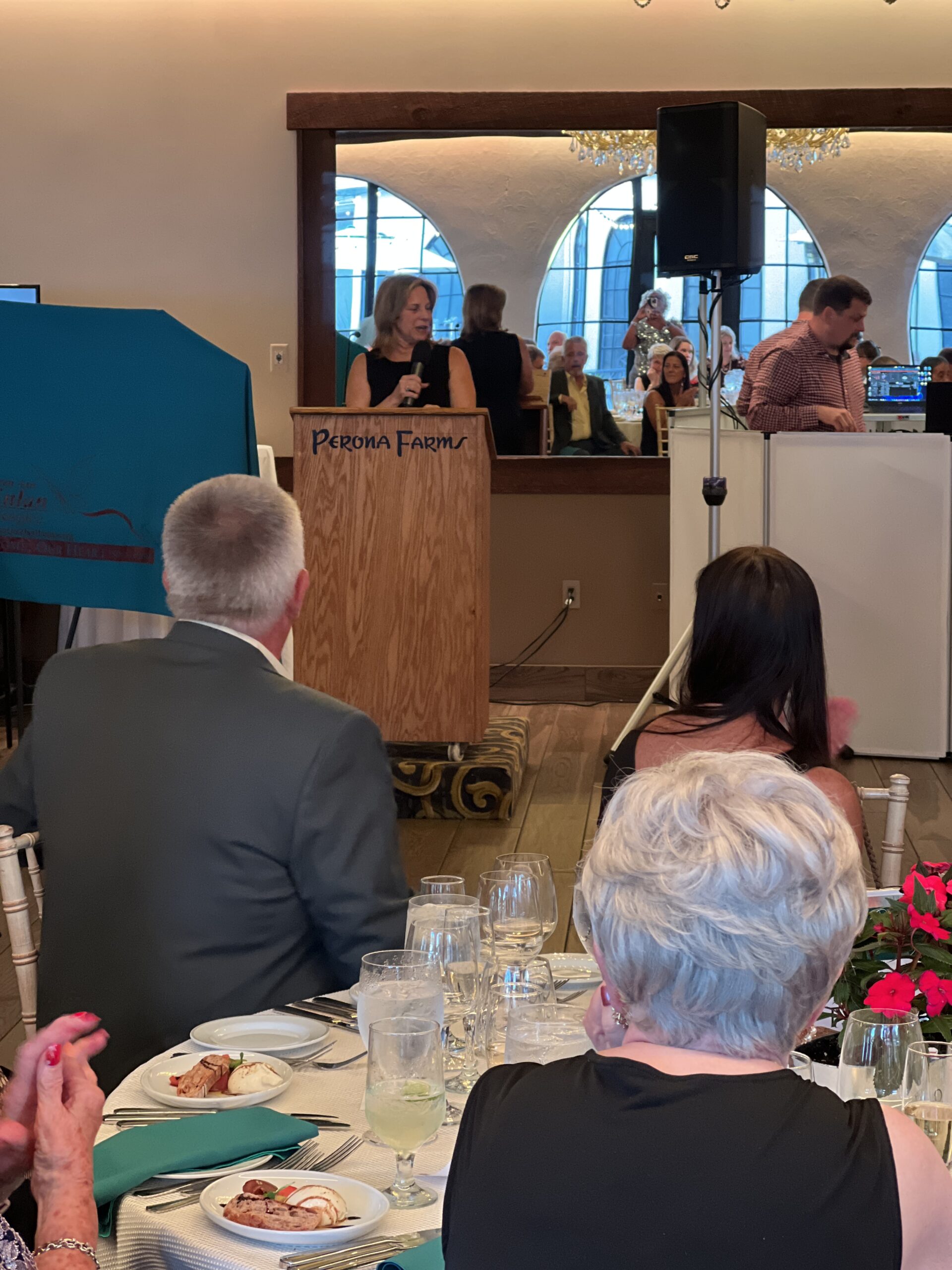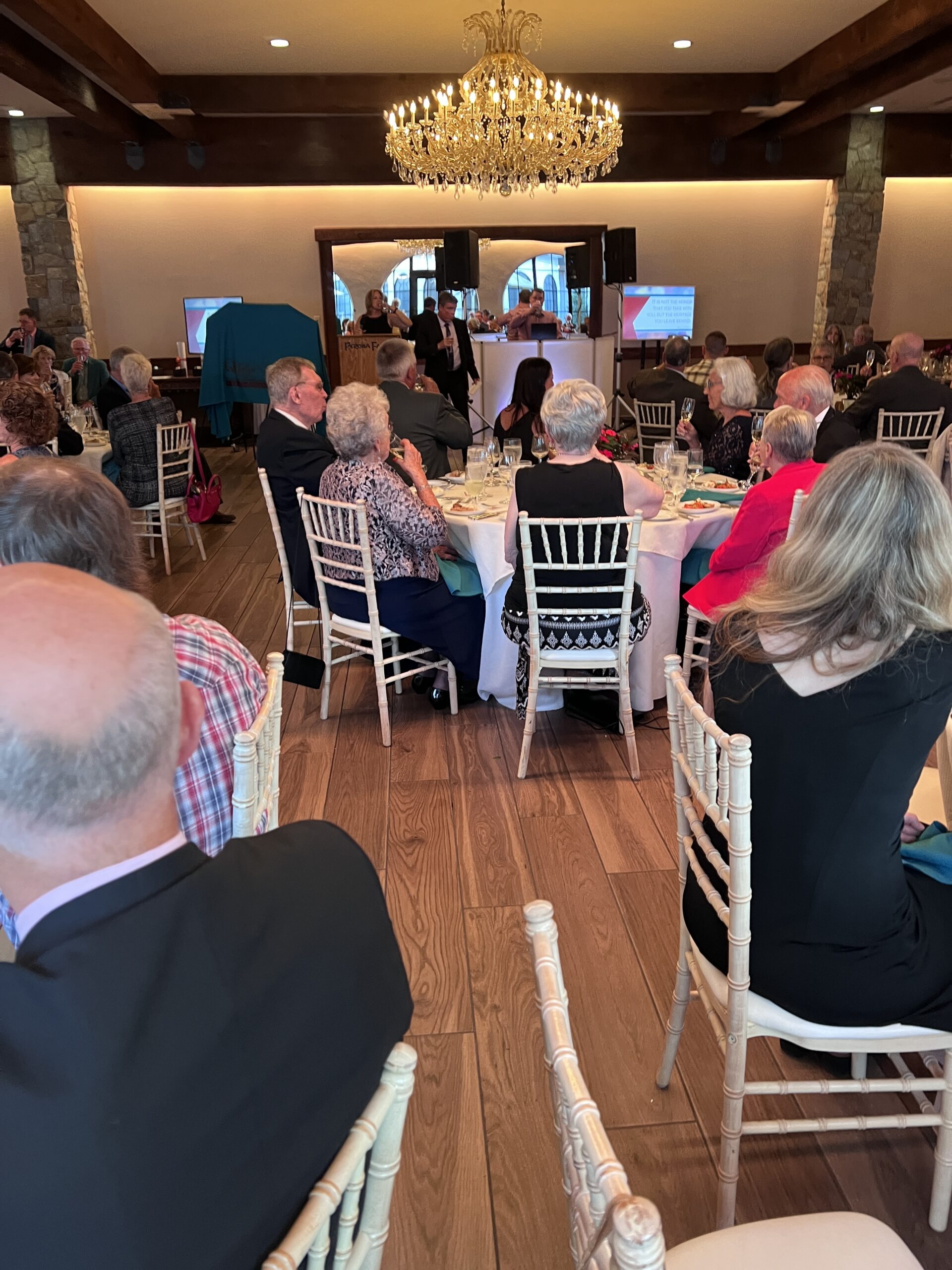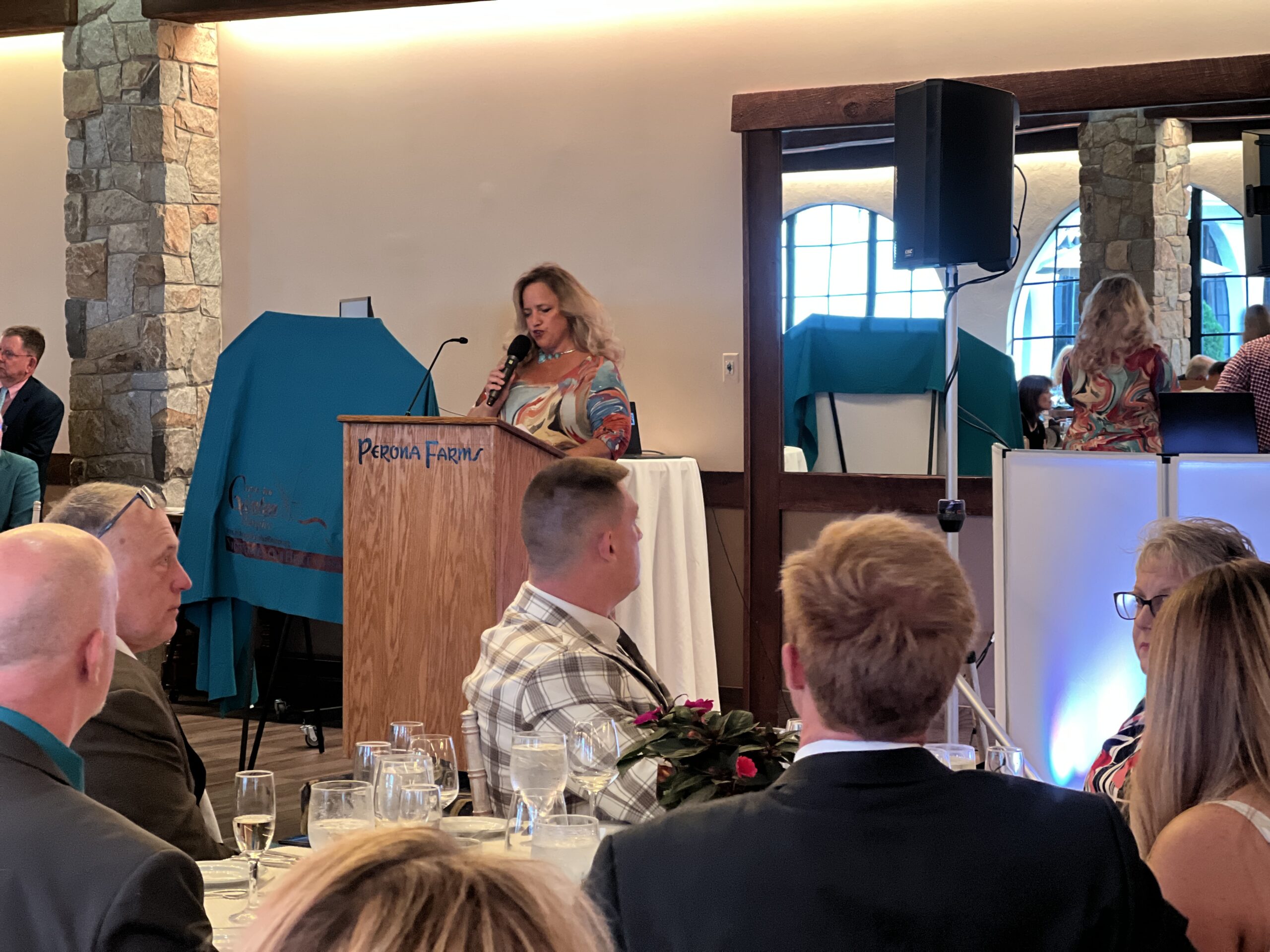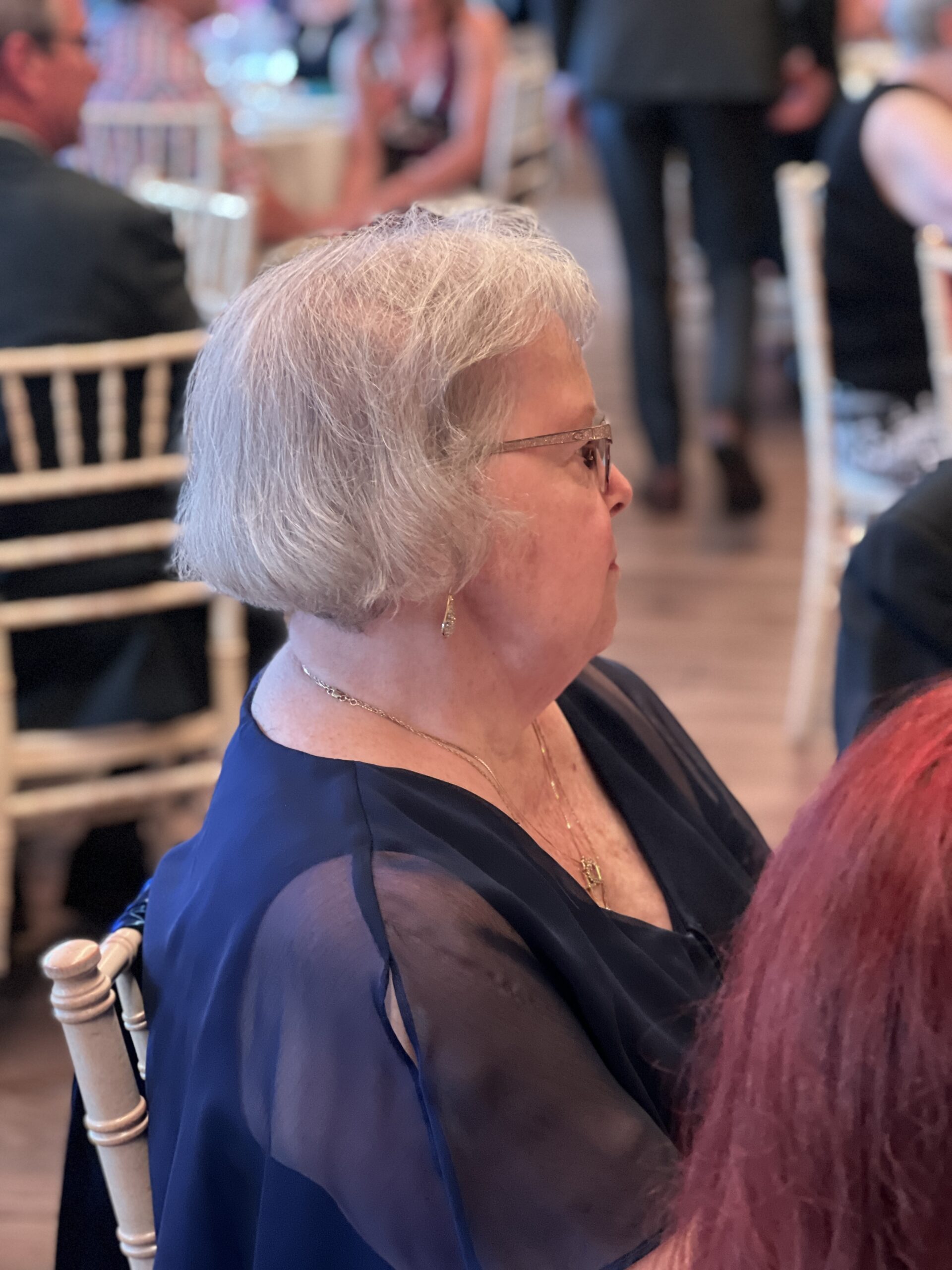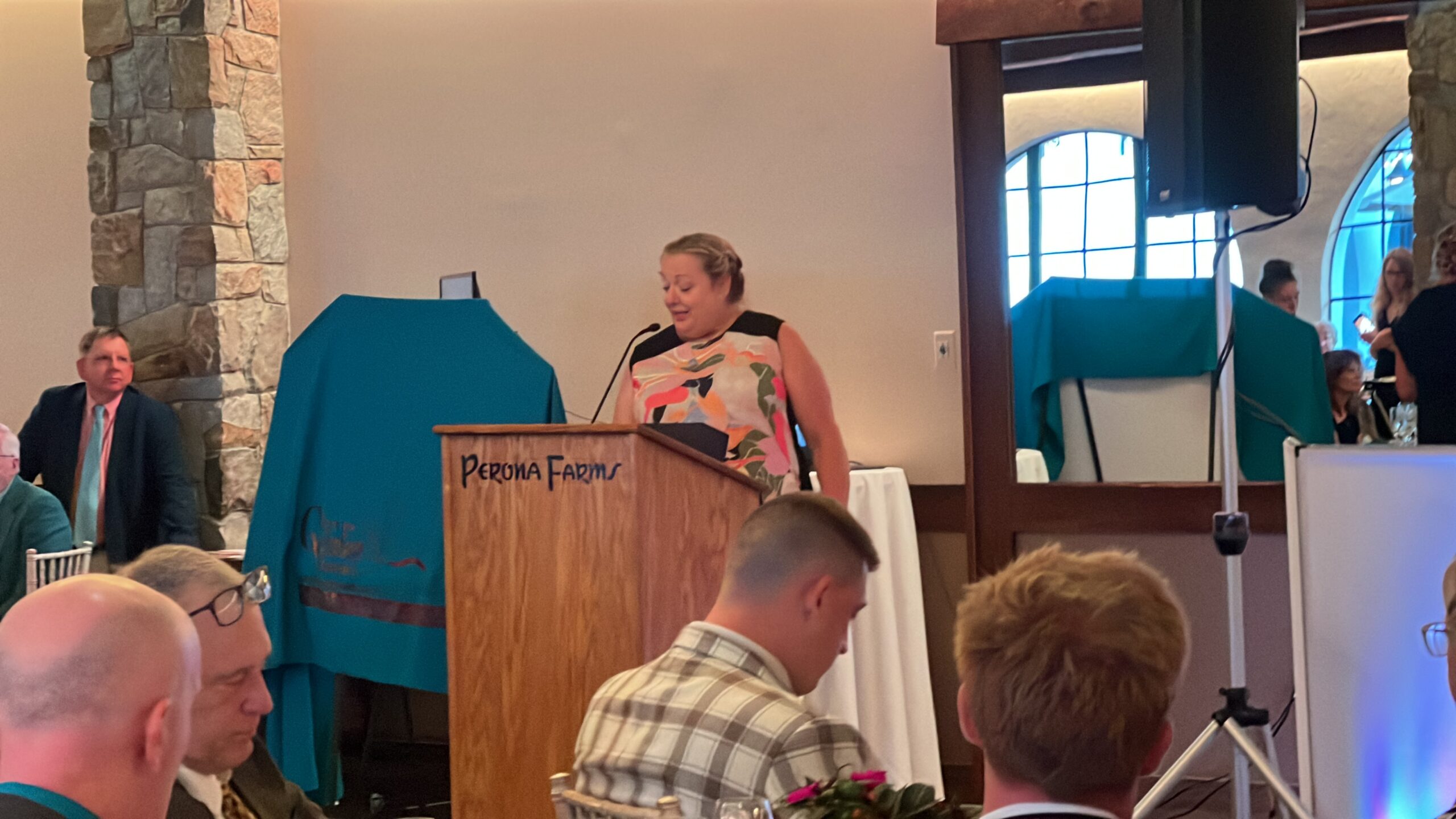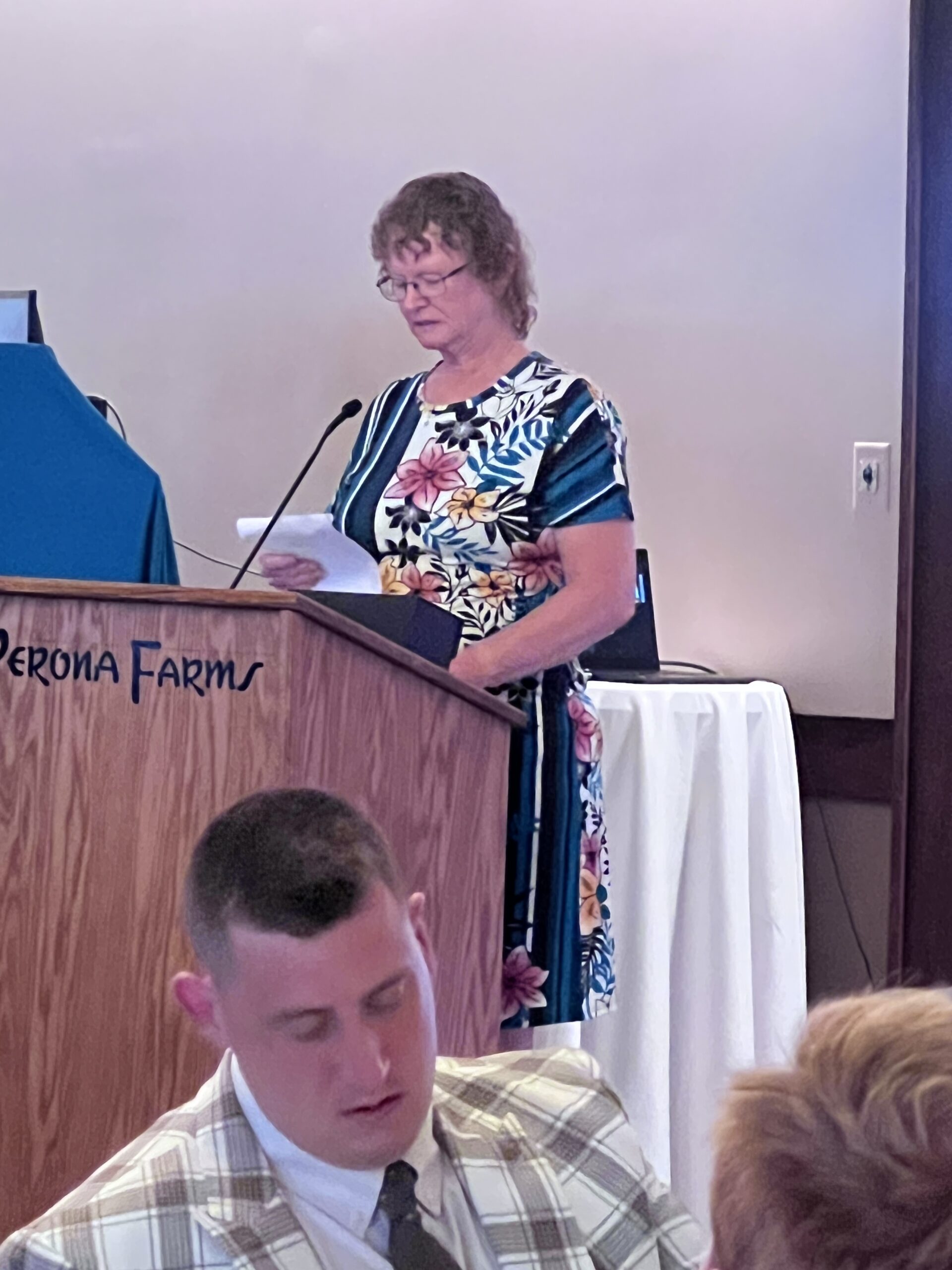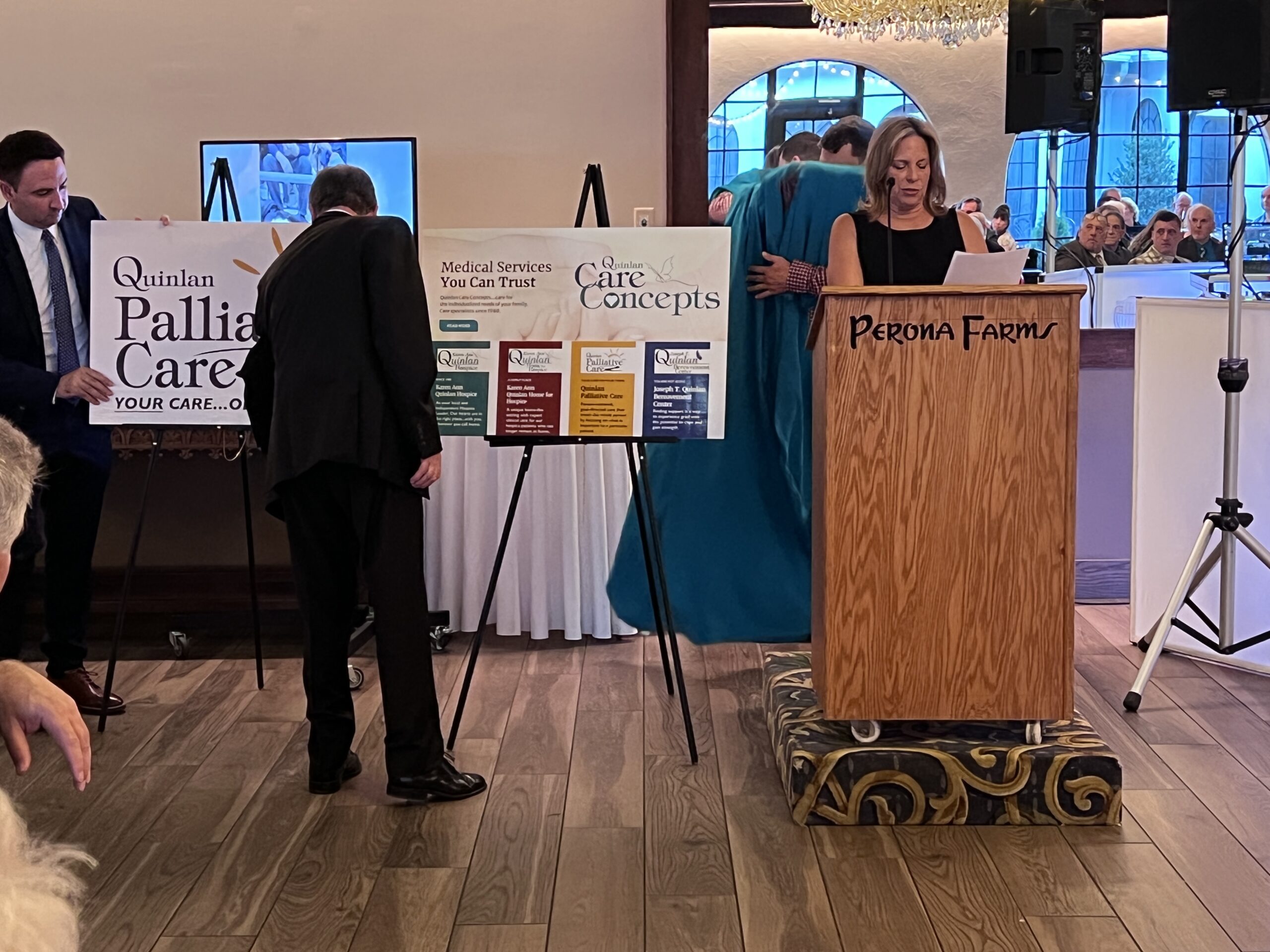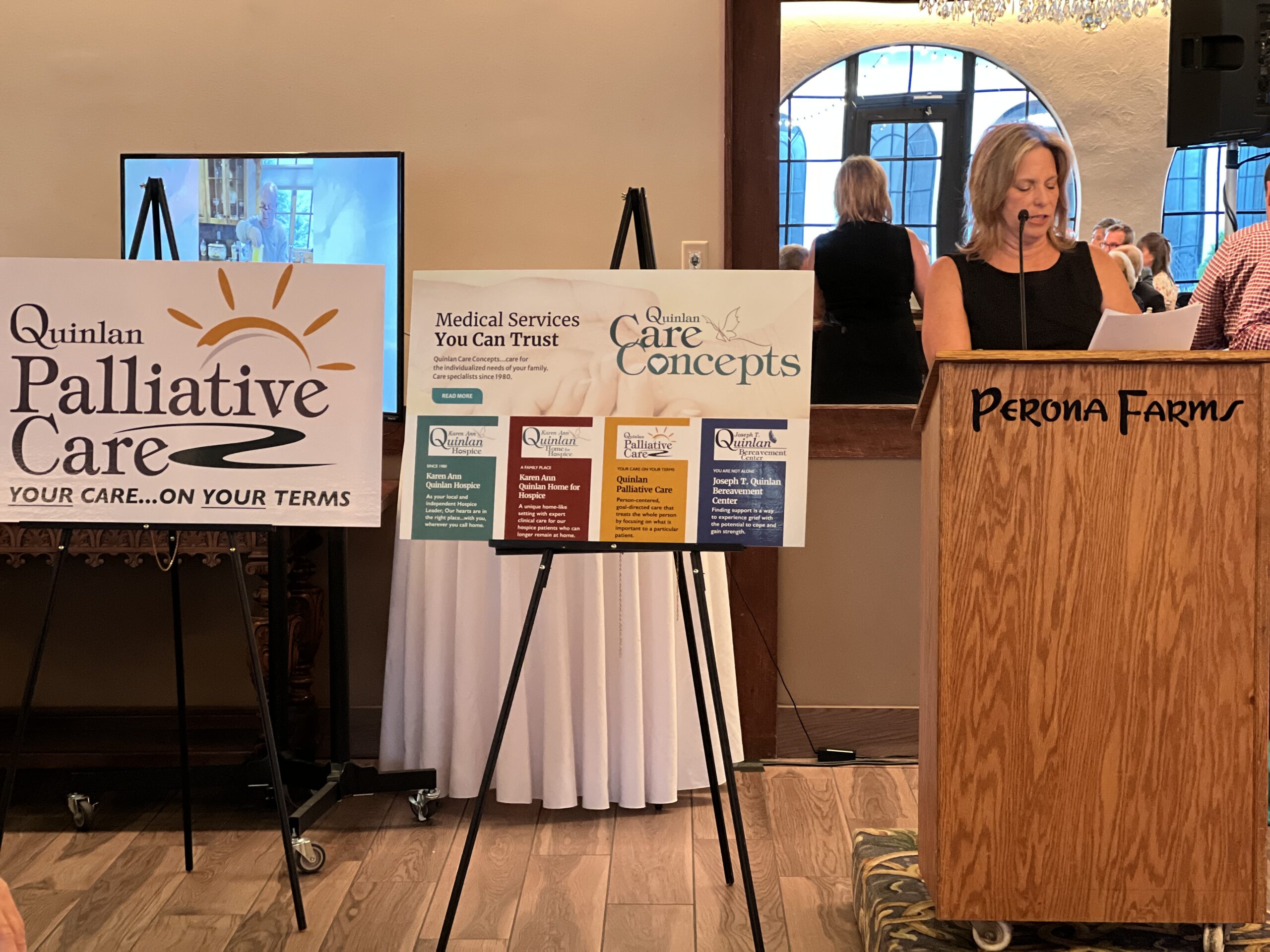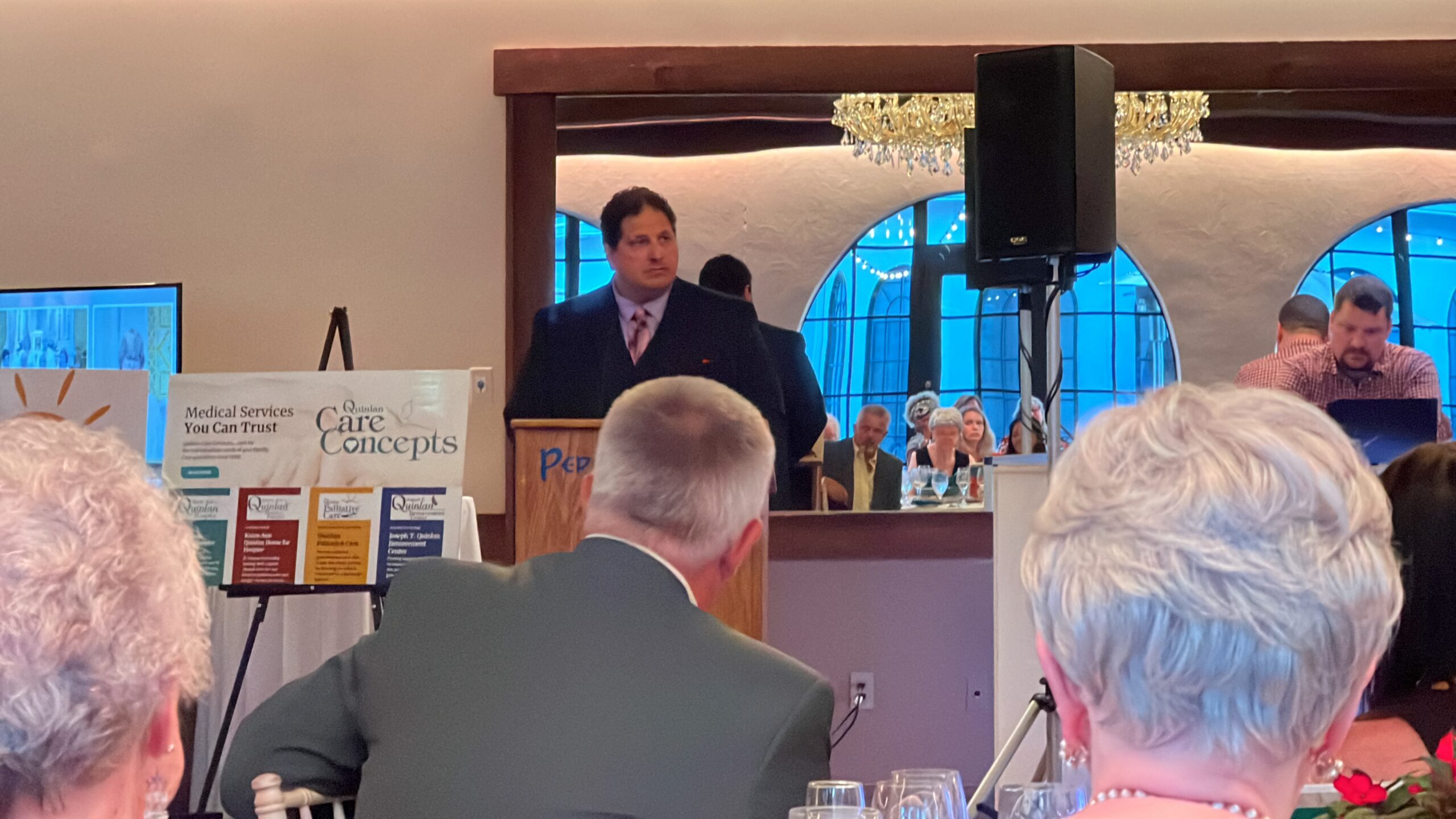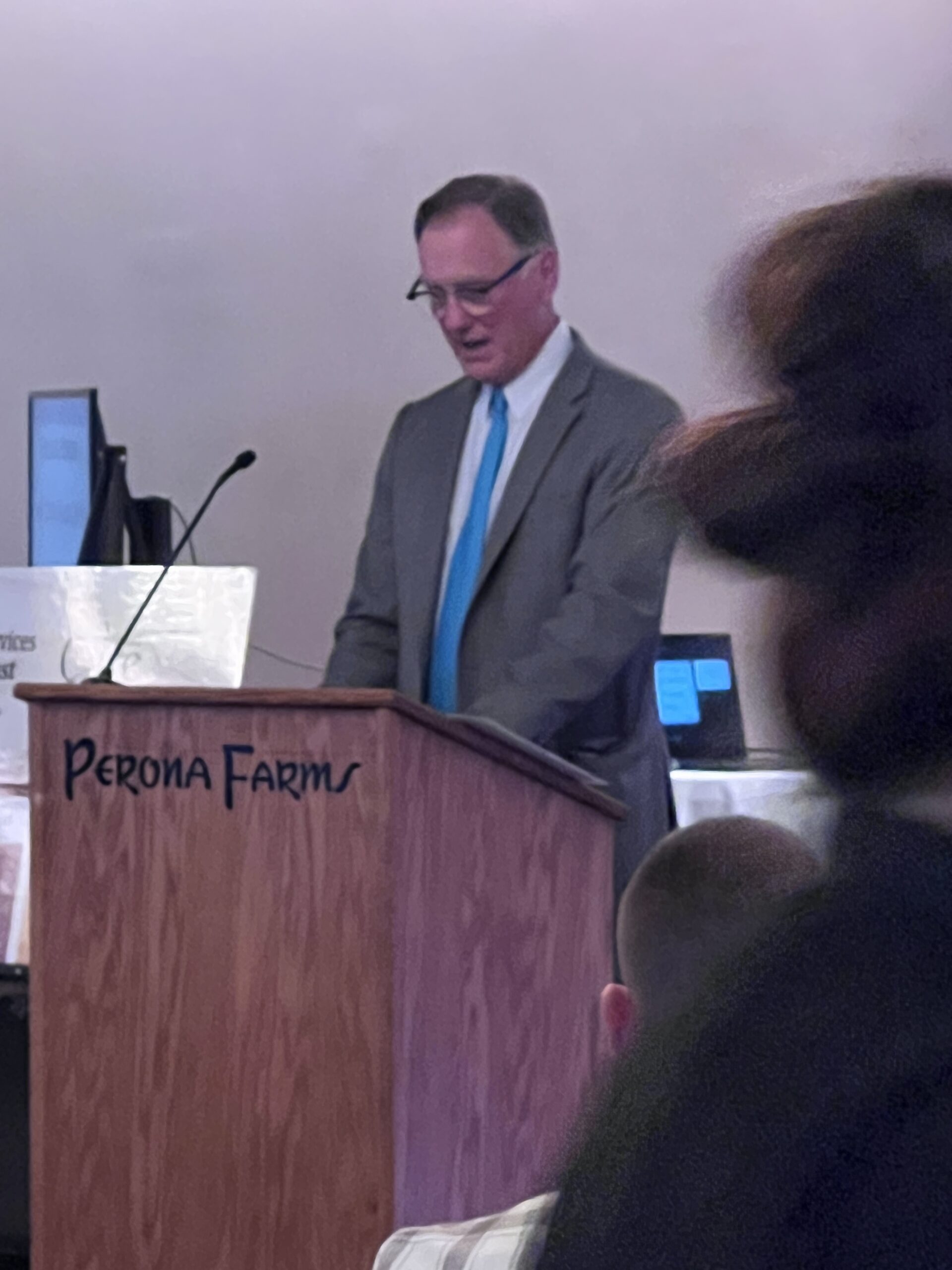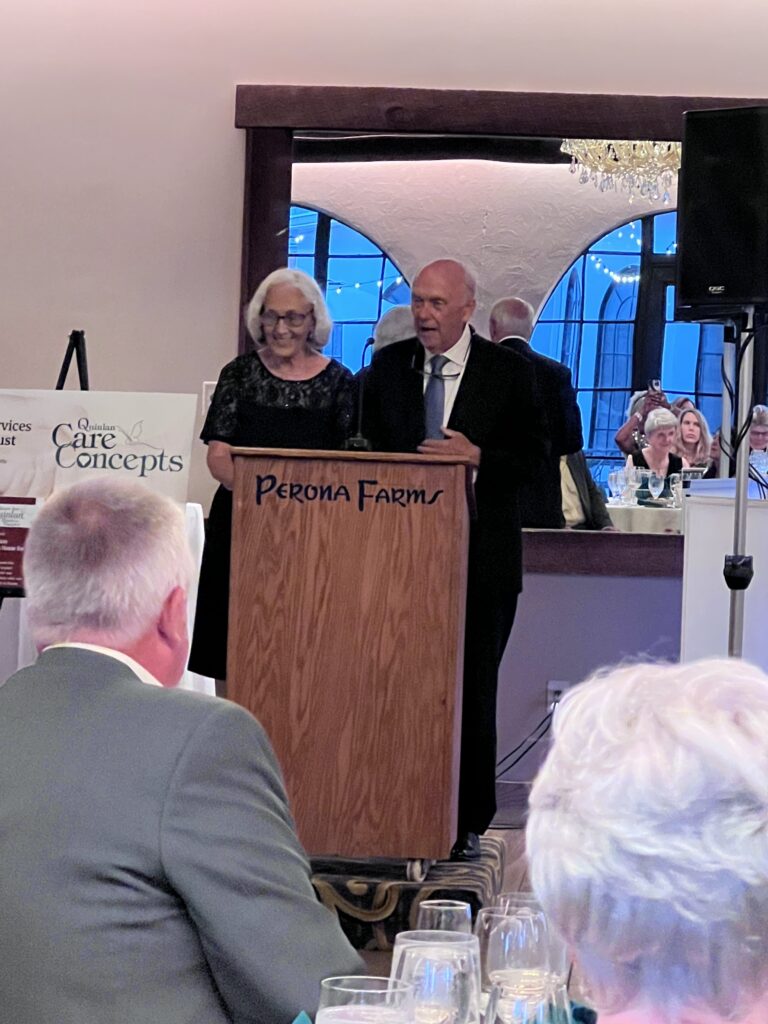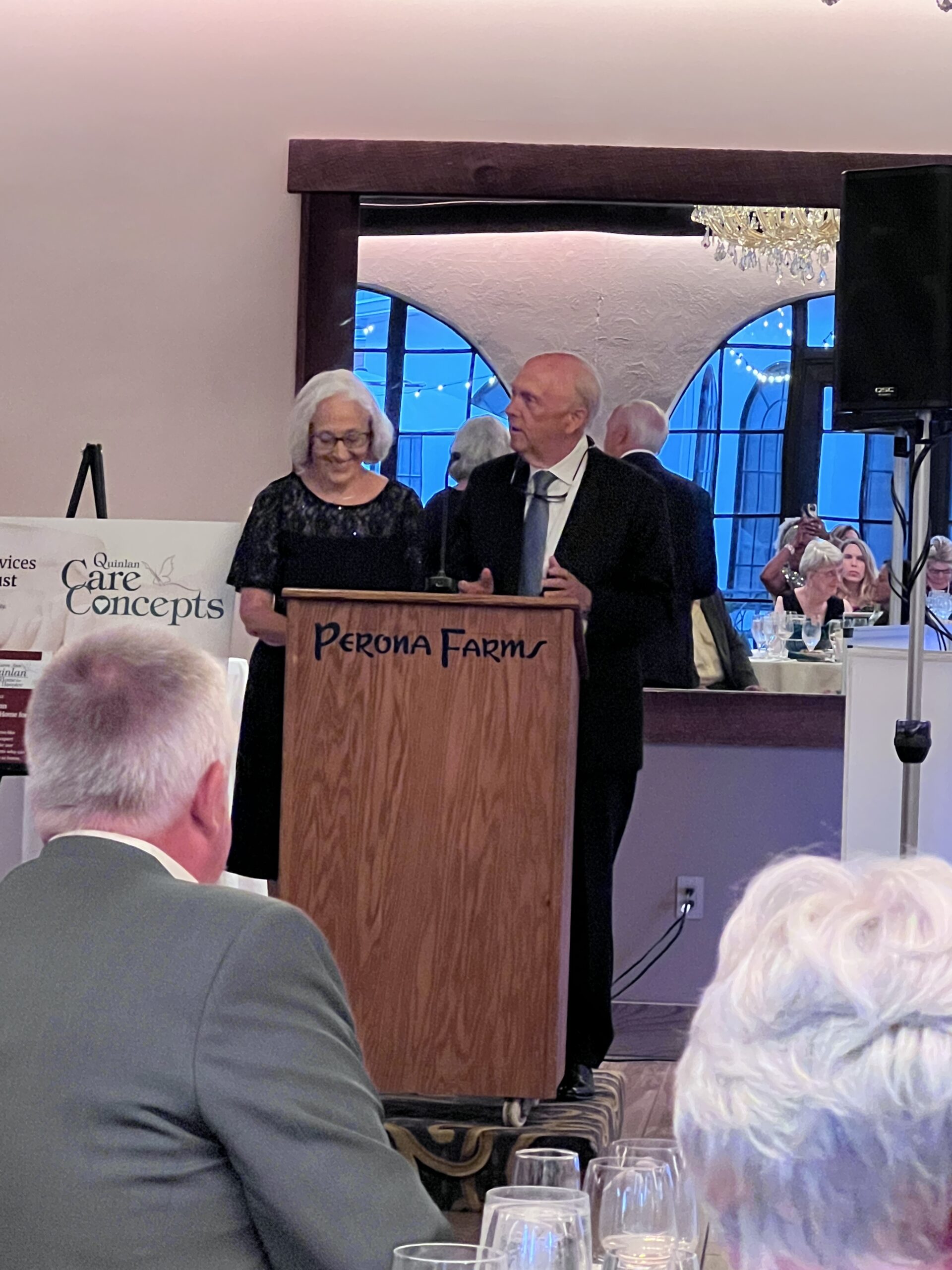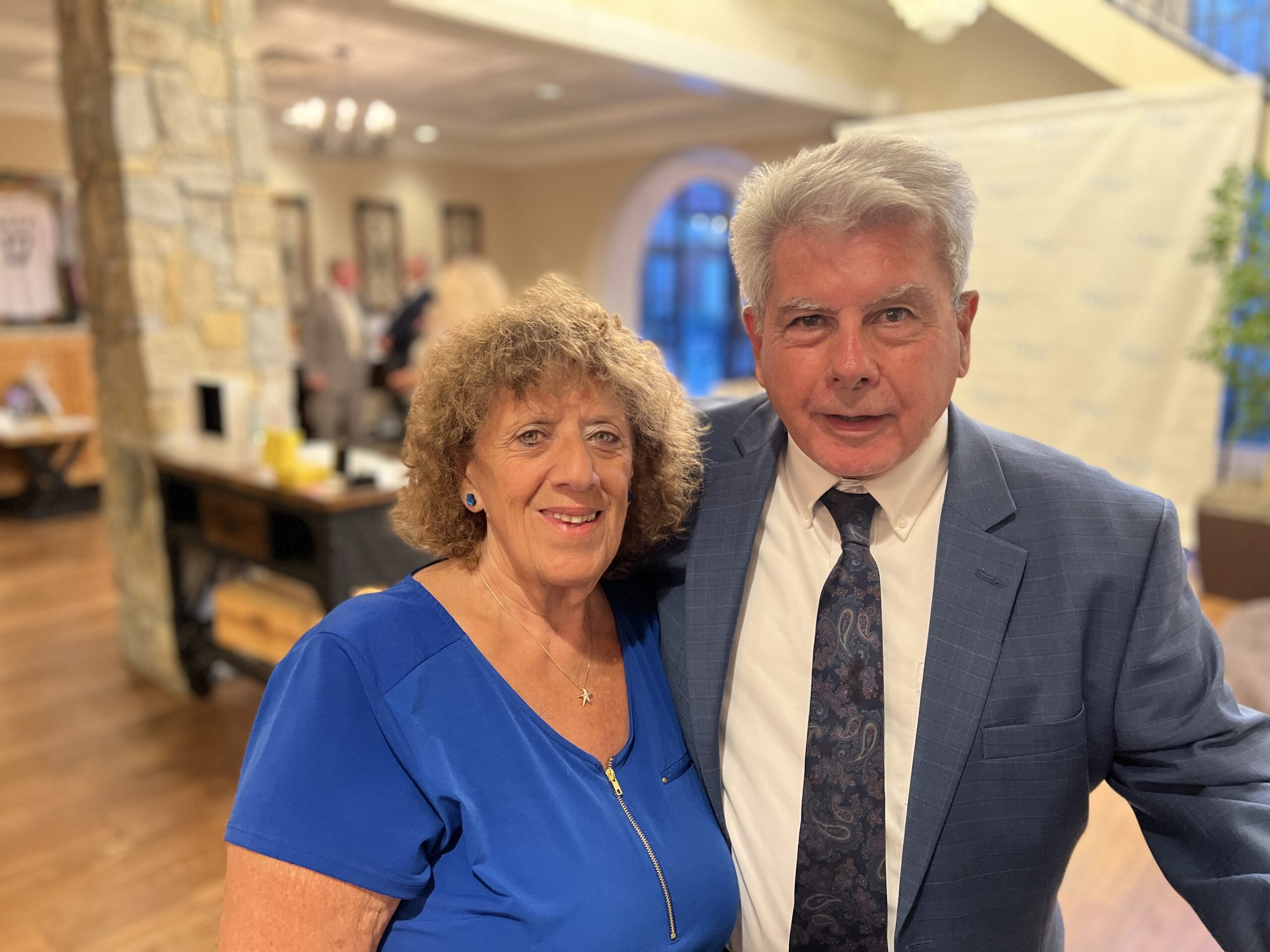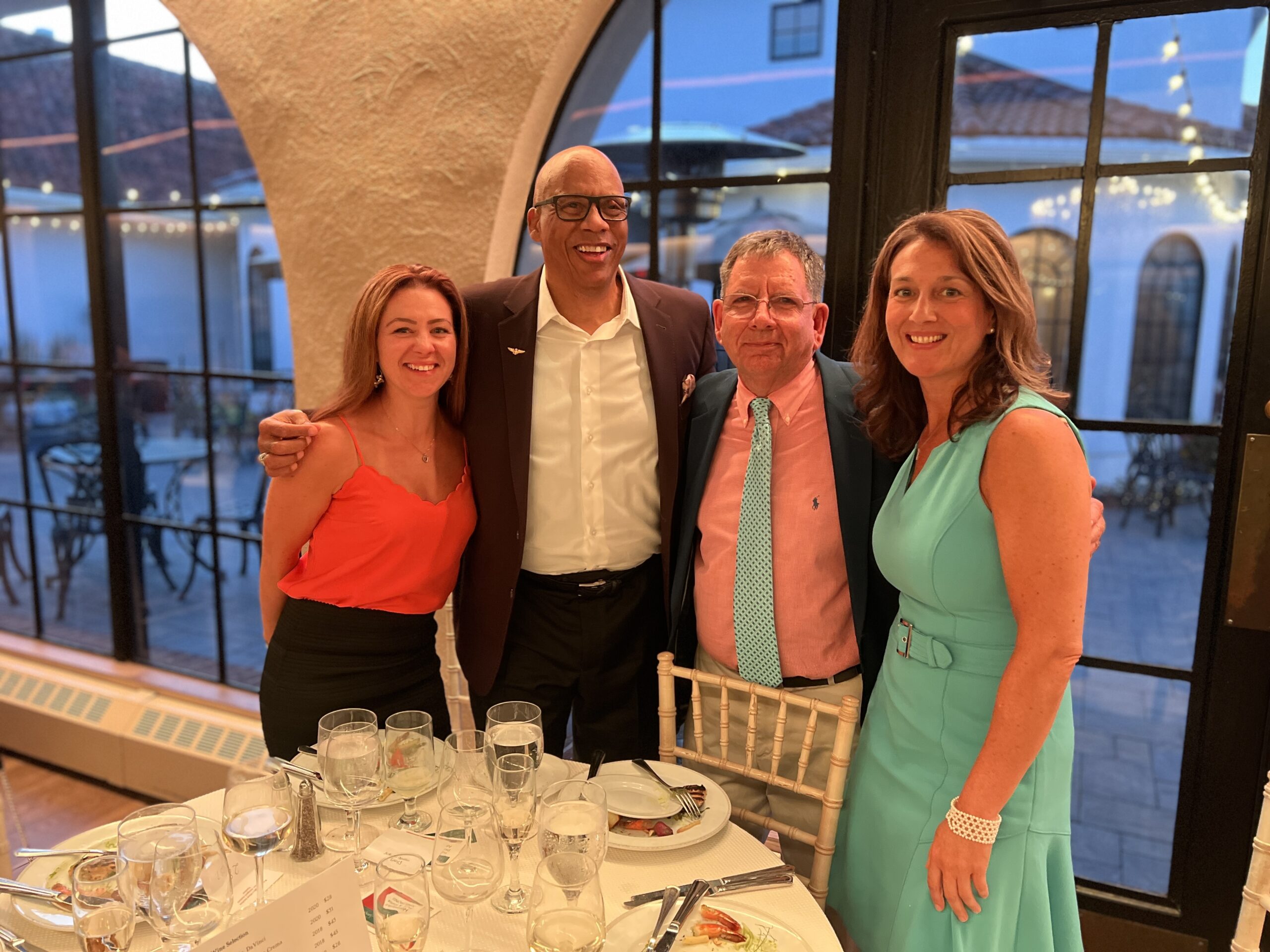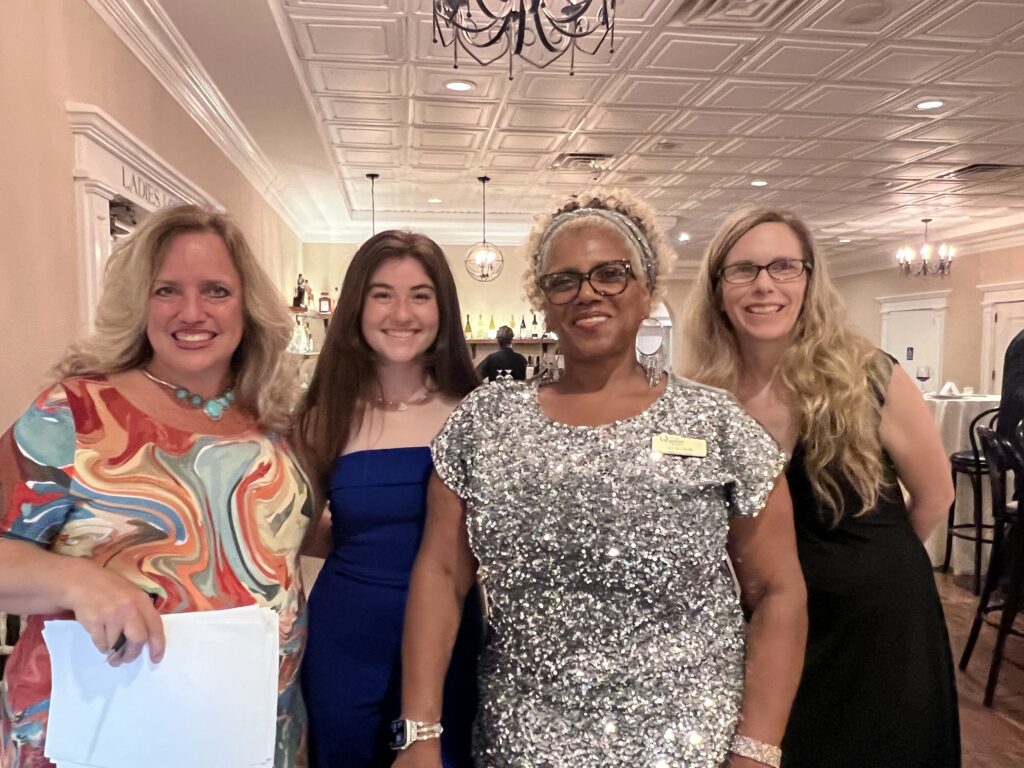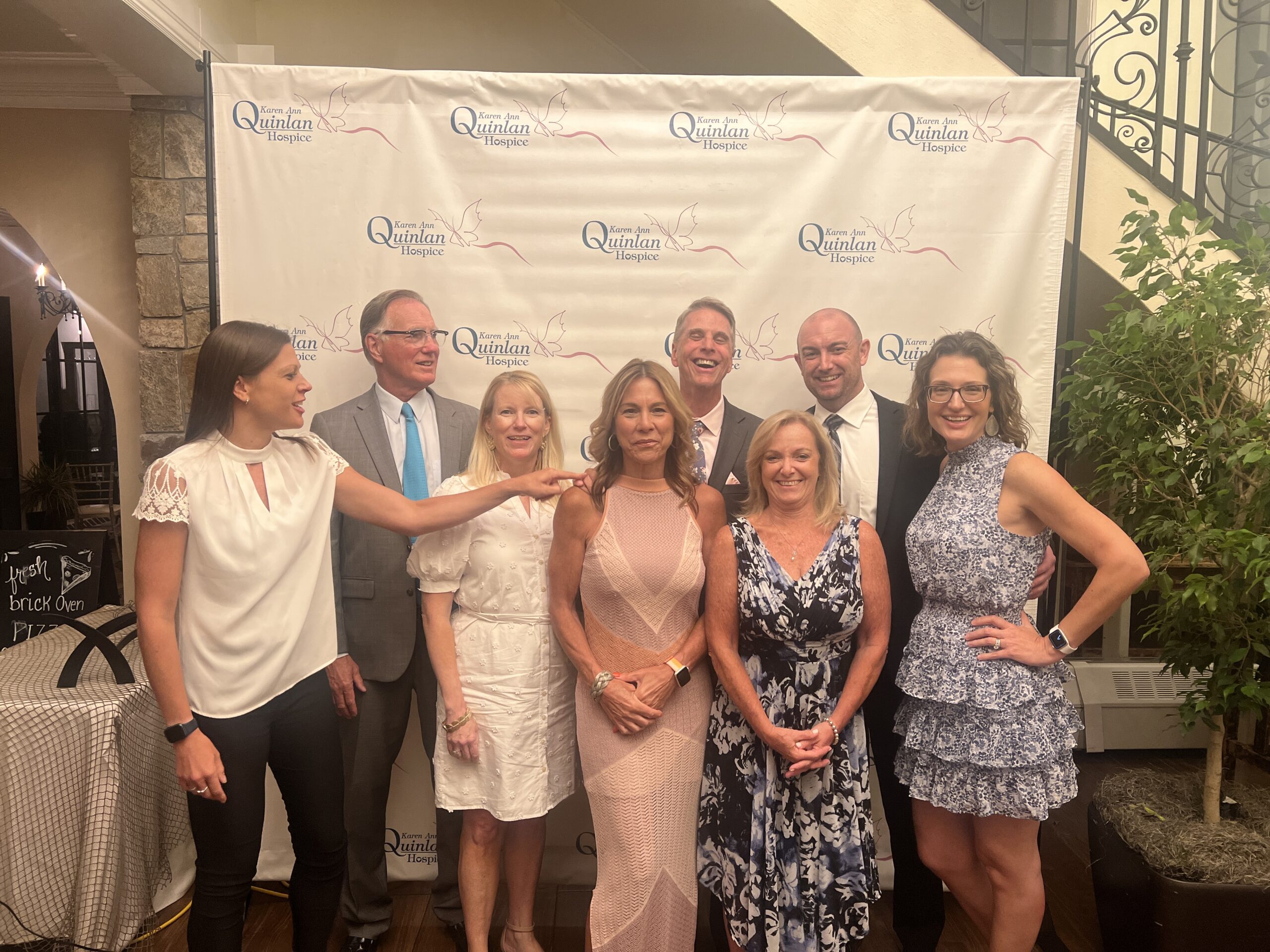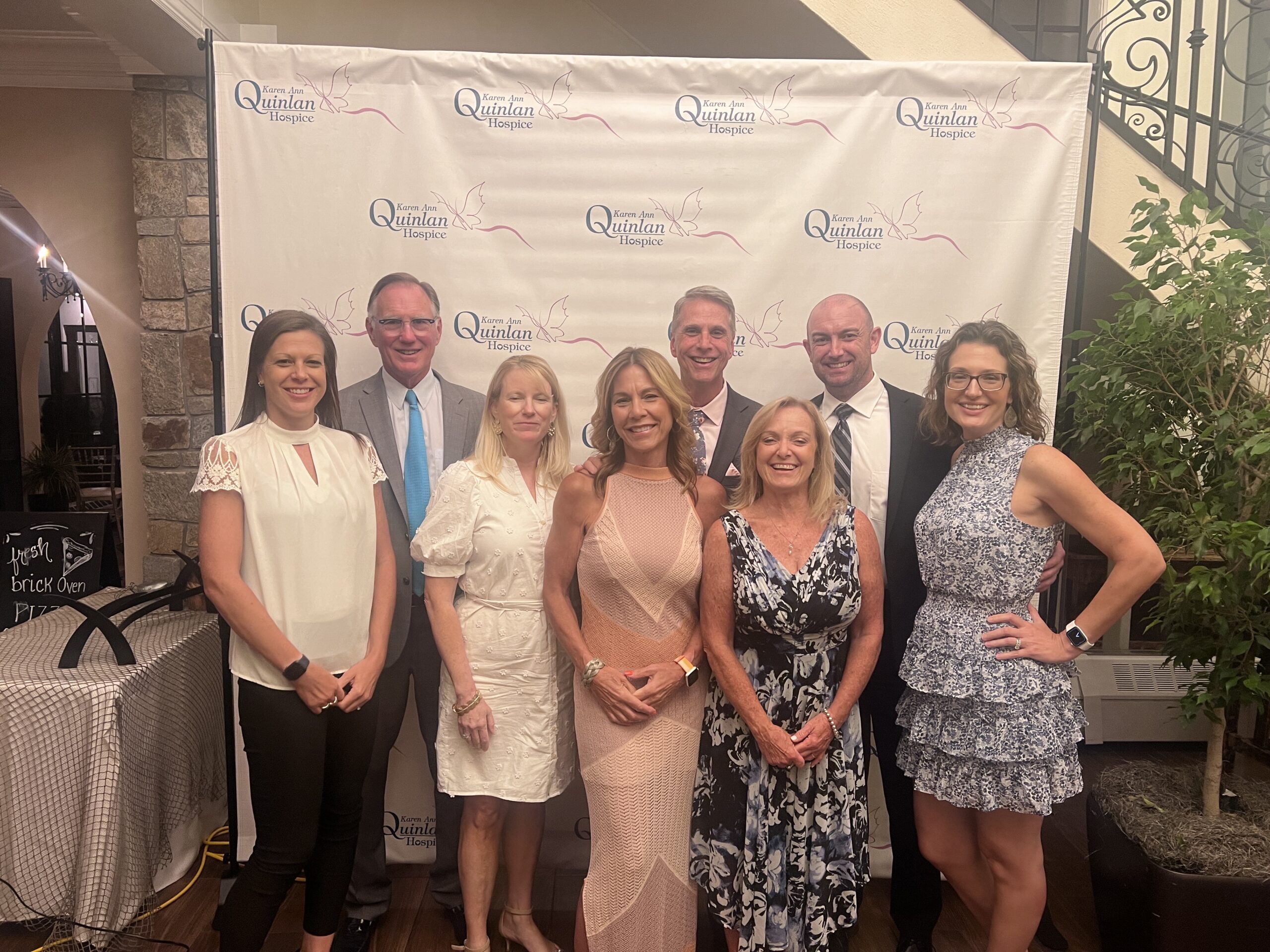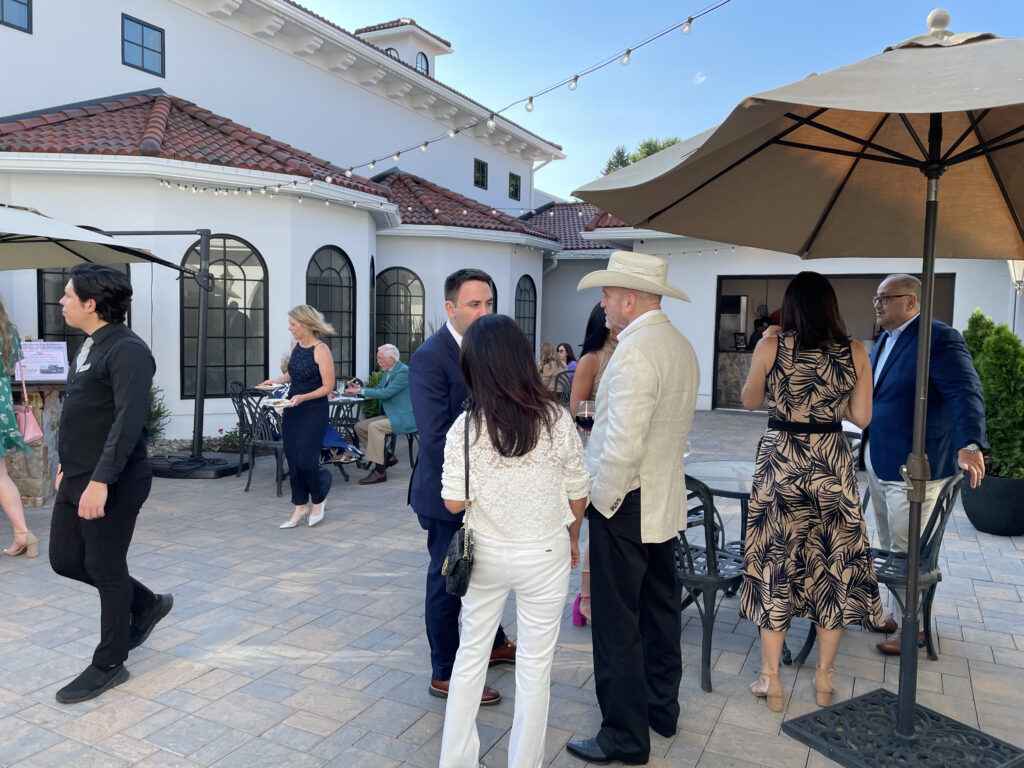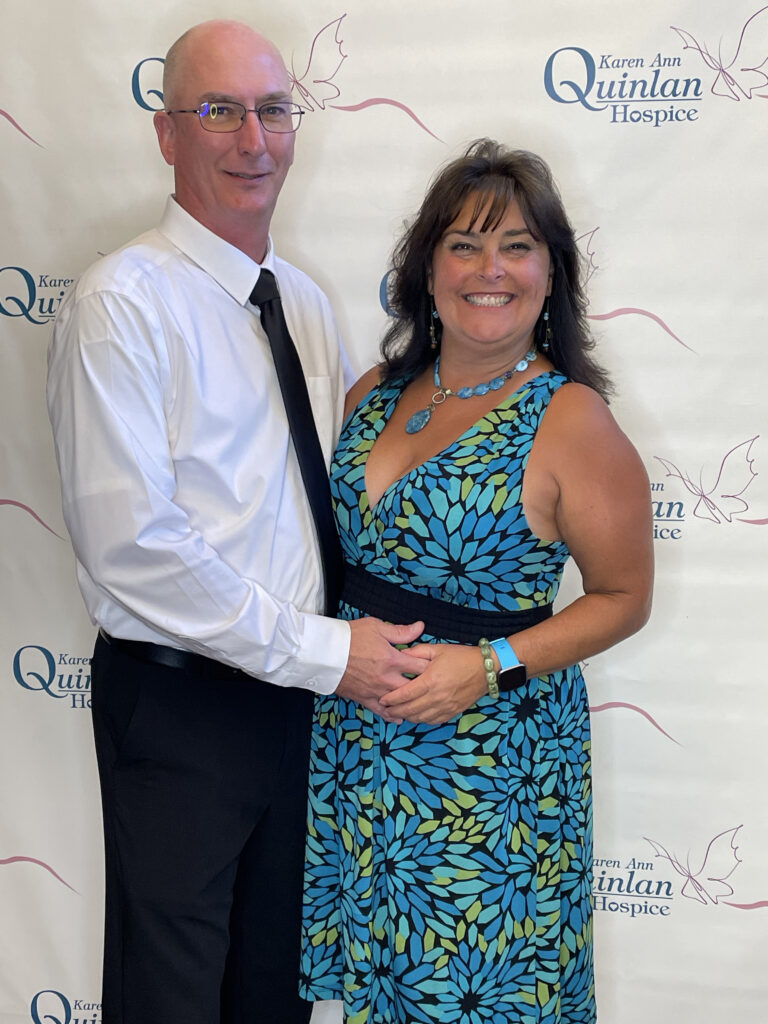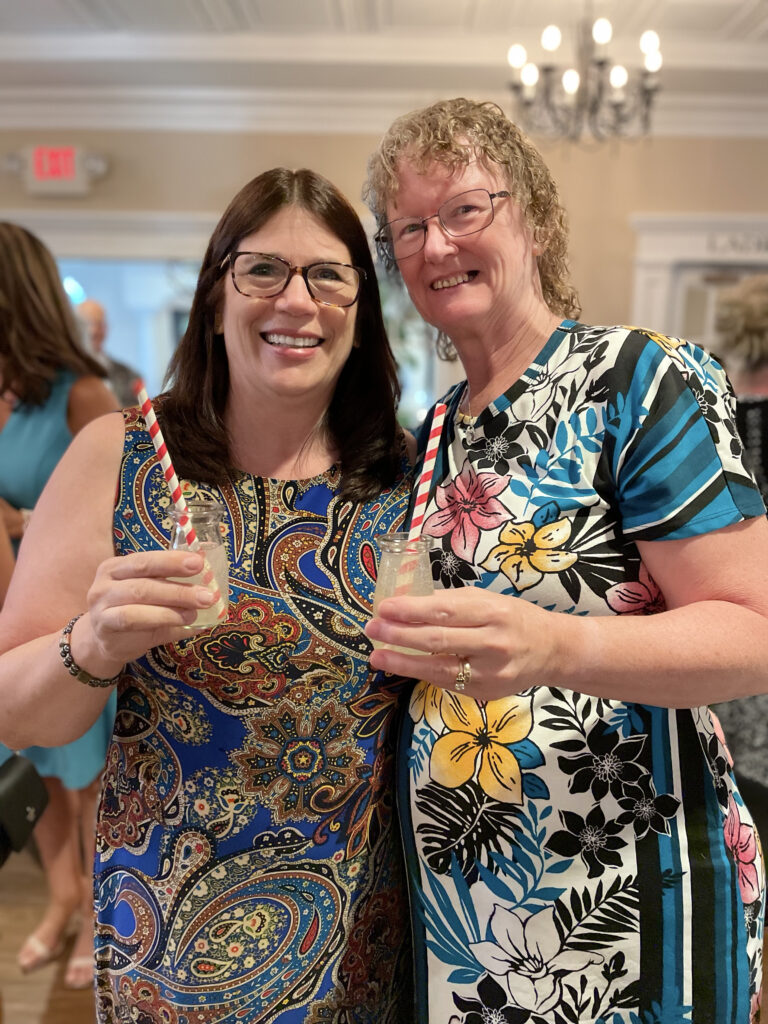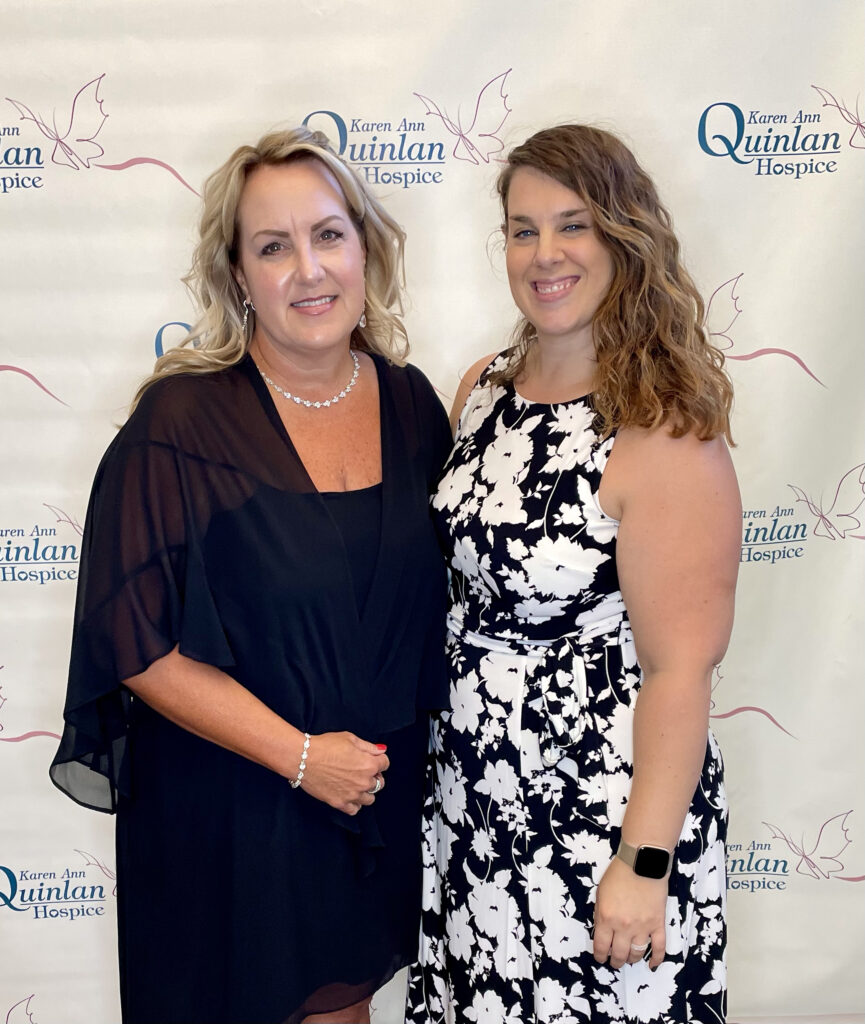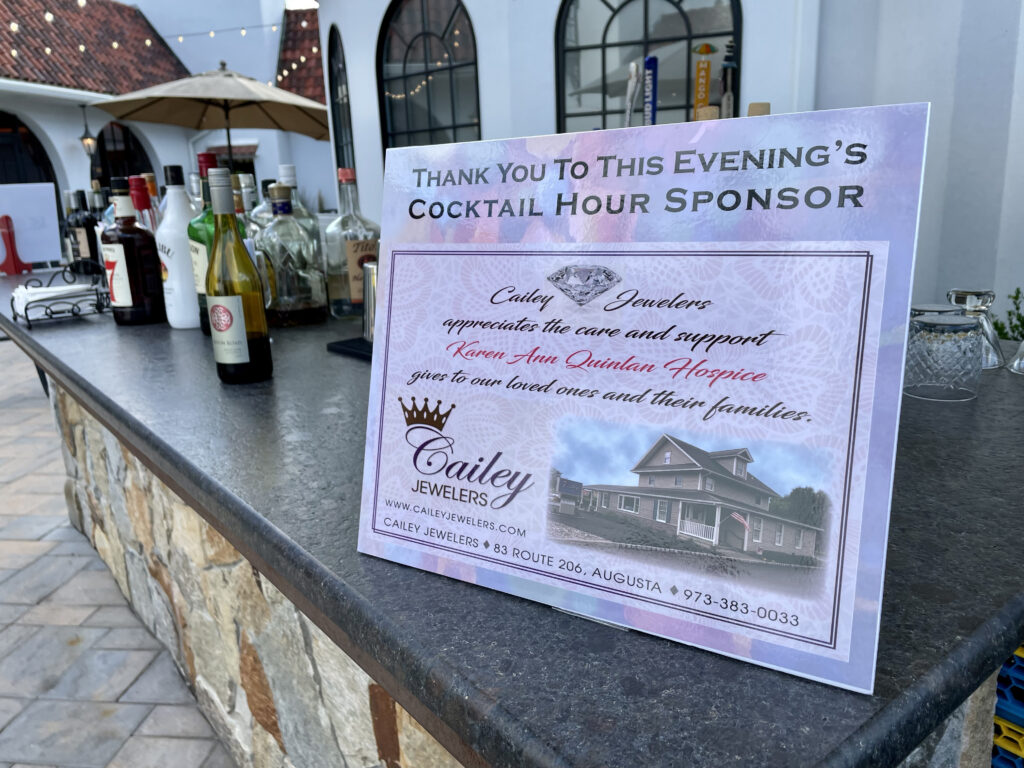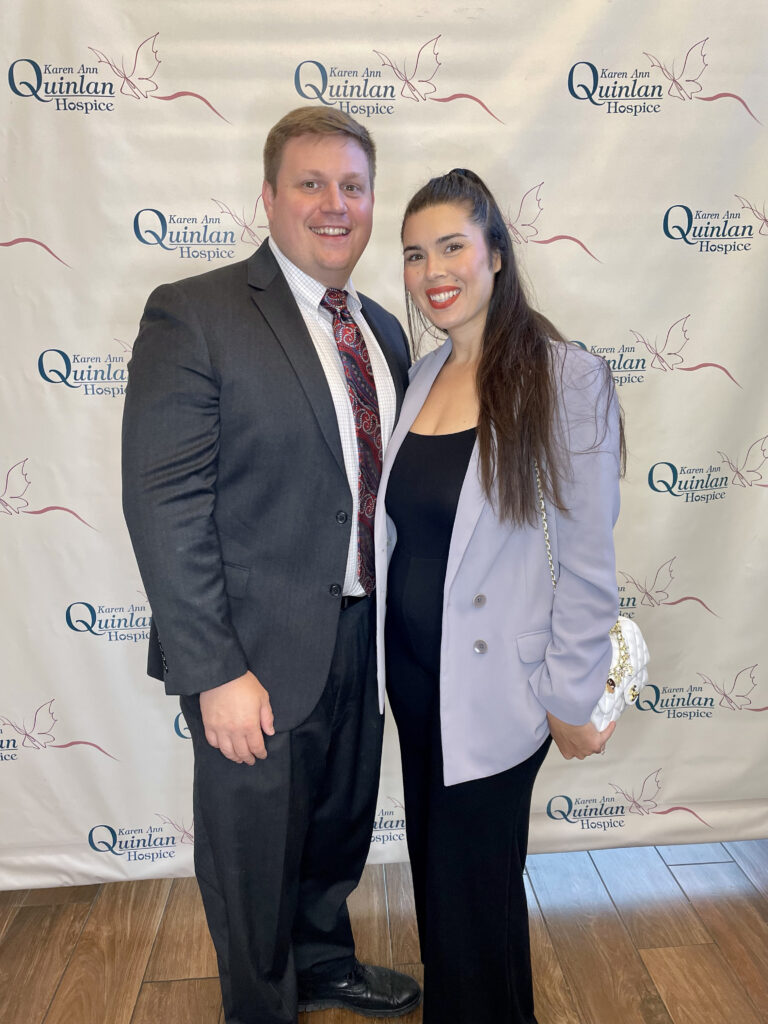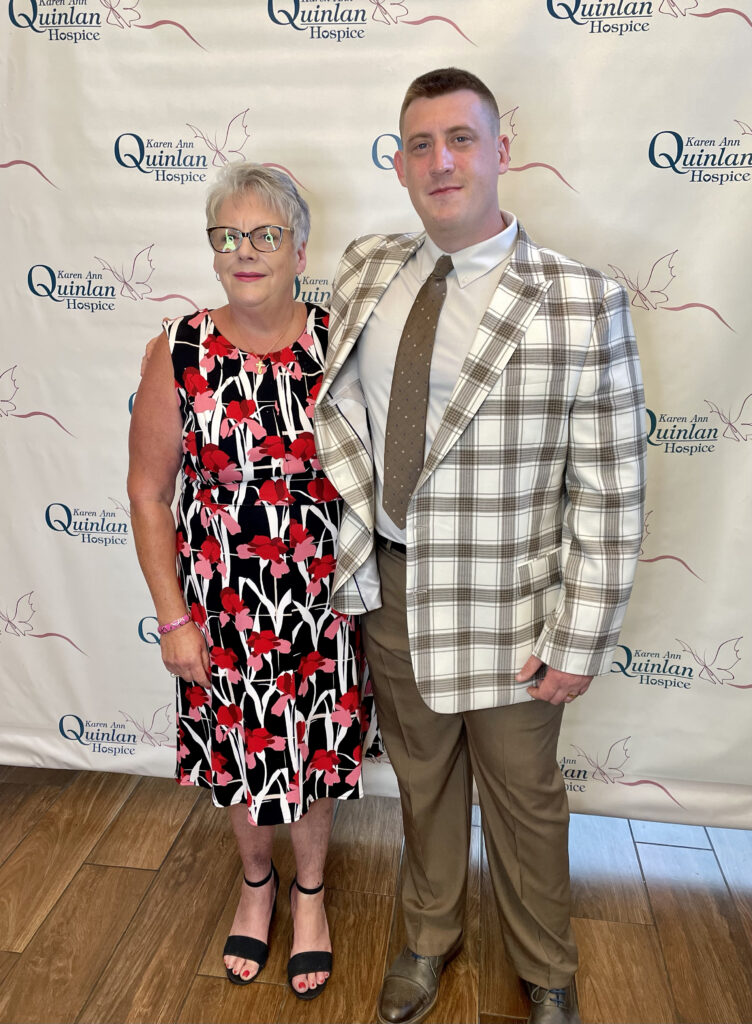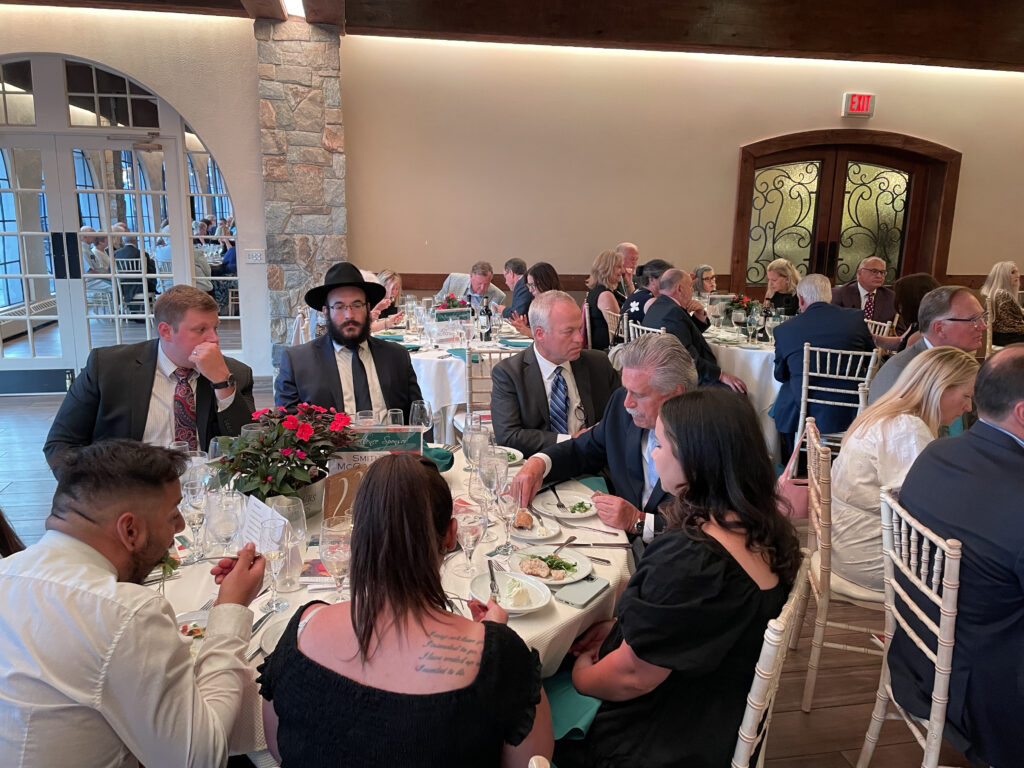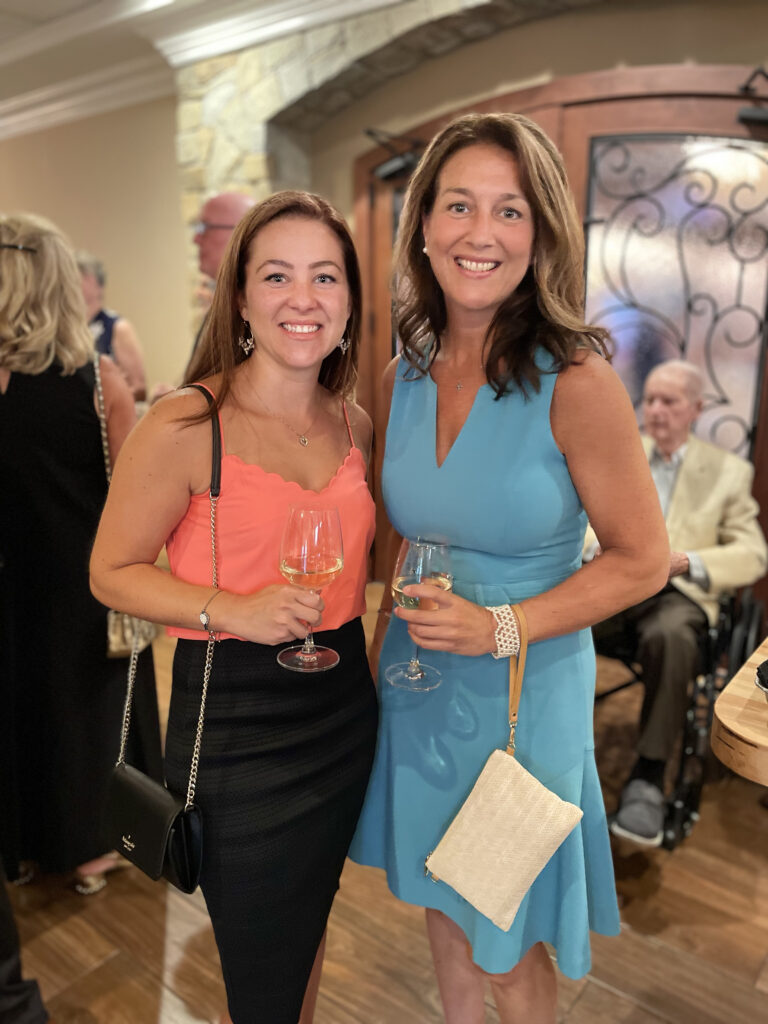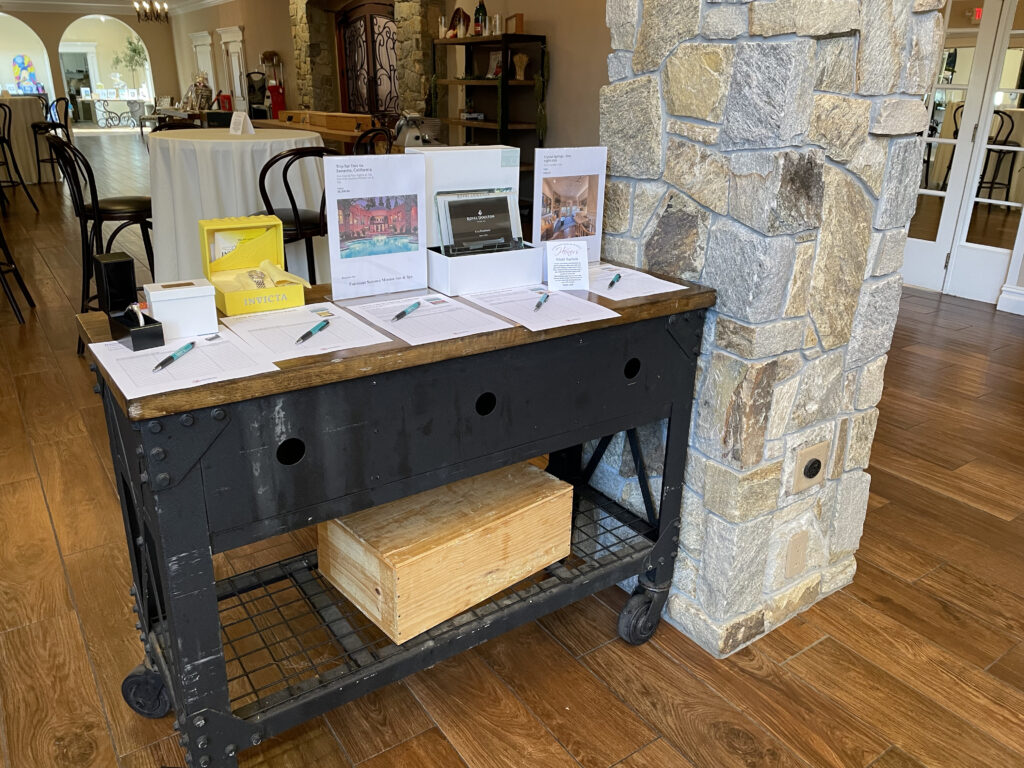Are you a caregiver? You may not consider yourself a caregiver, but…..
Do you regularly:
• Drive a family member, friend or neighbor to doctor’s appointments?
• Make meals for someone?
• Help someone with household chores such as cleaning, grocery shopping, lawn care, etc?
• Make regular phone calls to someone to “check in” on them?
• Provide hands-on care, including bathing, help eating, toileting, or other help?
• Help someone make medical decisions?
• Assist someone with personal business affairs, such as bill paying?
If you answered yes to one or more of these questions you
may be a caregiver.
Caregivers provide support to someone who needs help. It doesn’t matter how many hours per week are spent providing support. Caregivers may live with the person they are caring for, providing assistance with daily needs, or may visit the person weekly or call regularly. Being a caregiver involves an investment in time, energy and support.
As a caregiver you may need to provide for all aspects of your loved one’s comfort. People who are near the end-of-life have complex needs so it is important to know various ways to provide support.
Physical Comfort:
It will be very important for you to ask the person you are caring for if they are comfortable. The healthcare providers need to know if they are experiencing physical pain, breathing problems, confusion or other symptoms so that they can work to ease the distress.
Emotional and Spiritual Comfort:
In addition to physical pain, your loved one may experience emotional and spiritual pain. They are experiencing many losses including the loss of control over their own life. It is important for you to continue to explain what is happening with your loved ones care, condition, and other changes.
Care for Yourself:
Caregiving can be a rewarding and exhausting experience. It is important that you manage the stress of being a caregiver by attending to your own needs.
Being Prepared:
Caregiving often comes with new responsibilities and unfamiliar tasks, yet most caregivers never receive training. The following information may help you with a current situation or prepare you for what may happen.
Decision Making:
Has the person you are caring for told you their wishes for end-of-life care? In the event that you are asked to make or help make decisions it is important for you to talk about issues, including thoughts about potential life-prolonging treatments. Advance directives are tools that enable people to write down their preferences on a legal form and appoint someone to speak for them if they are no longer able. A living will, health care power of attorney, financial power of attorney, and plan for after care (funeral arrangements) can help ensure peace of mind for the ill person as well as the caregiver.
End-of-Life Care:
Hospice is end-of-life care that involves a team-oriented approach to quality medical care, pain and symptom management, and emotional and spiritual support tailored to your loved ones needs. Hospice is available to anyone who has a life expectancy of six months or less. Hospice provides medical equipment and medications related to terminal illness. Support is given to you as the caregiver, including counselors to talk to, nurses and aides to teach you how to provide hands-on care, volunteers to help lighten your load and nondenominational chaplains to aide with any spiritual distress.
Community Resources:
In addition to hospice, there may be other community resources that can help you and your loved one. Your Area Agency on Aging, Department of Human Services, and other organizations may offer services to ease your burden. These may include meals on wheels, caregiver training classes, transportation, friendly visitors and respite care so that you can have a break.
Caregiving for someone at the end-of-life can be a challenging, but rewarding experience. Learning about the complex needs of the person you are caring for, and the resources that can help, will be important steps for you to take to prepare you for being a caregiver. Caregiving at the end-of-life may bring about many different feelings – it will be important for you to take care of yourself and ask for help when you need it.
